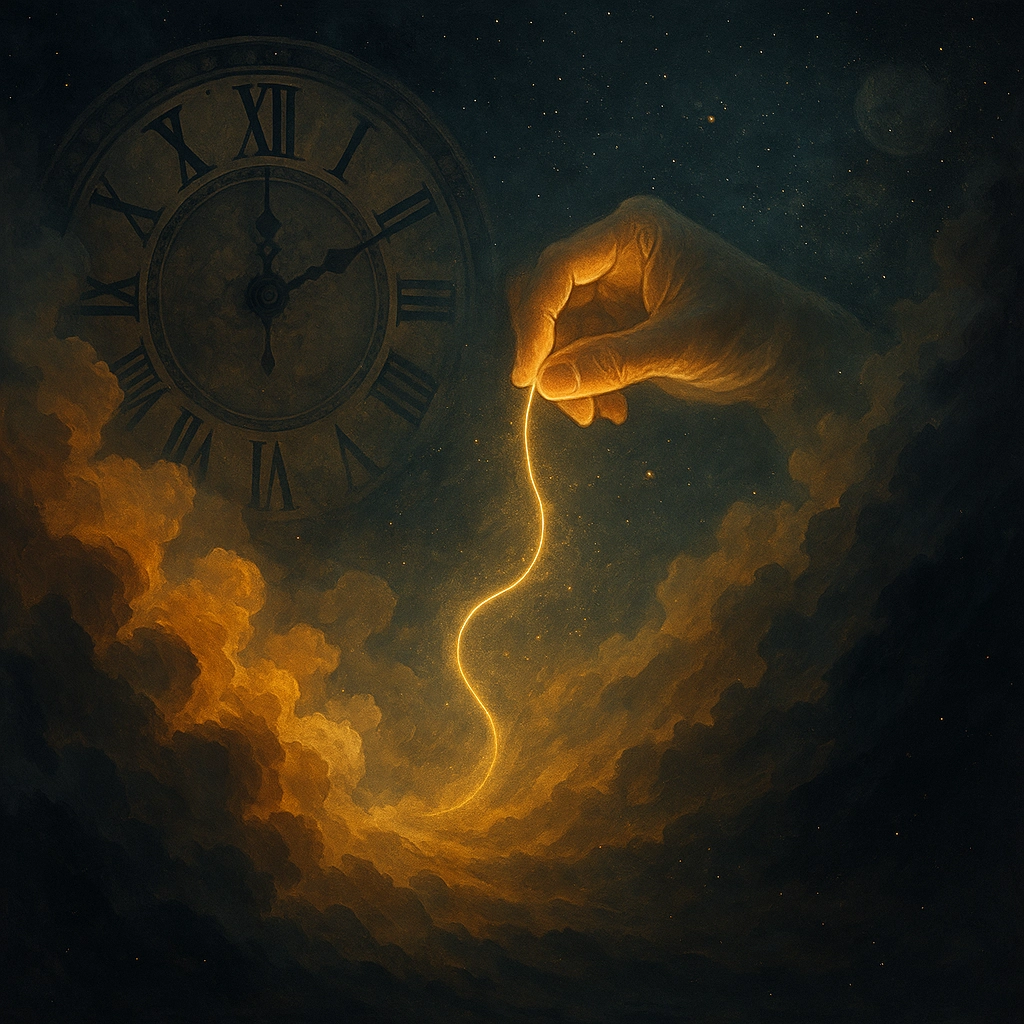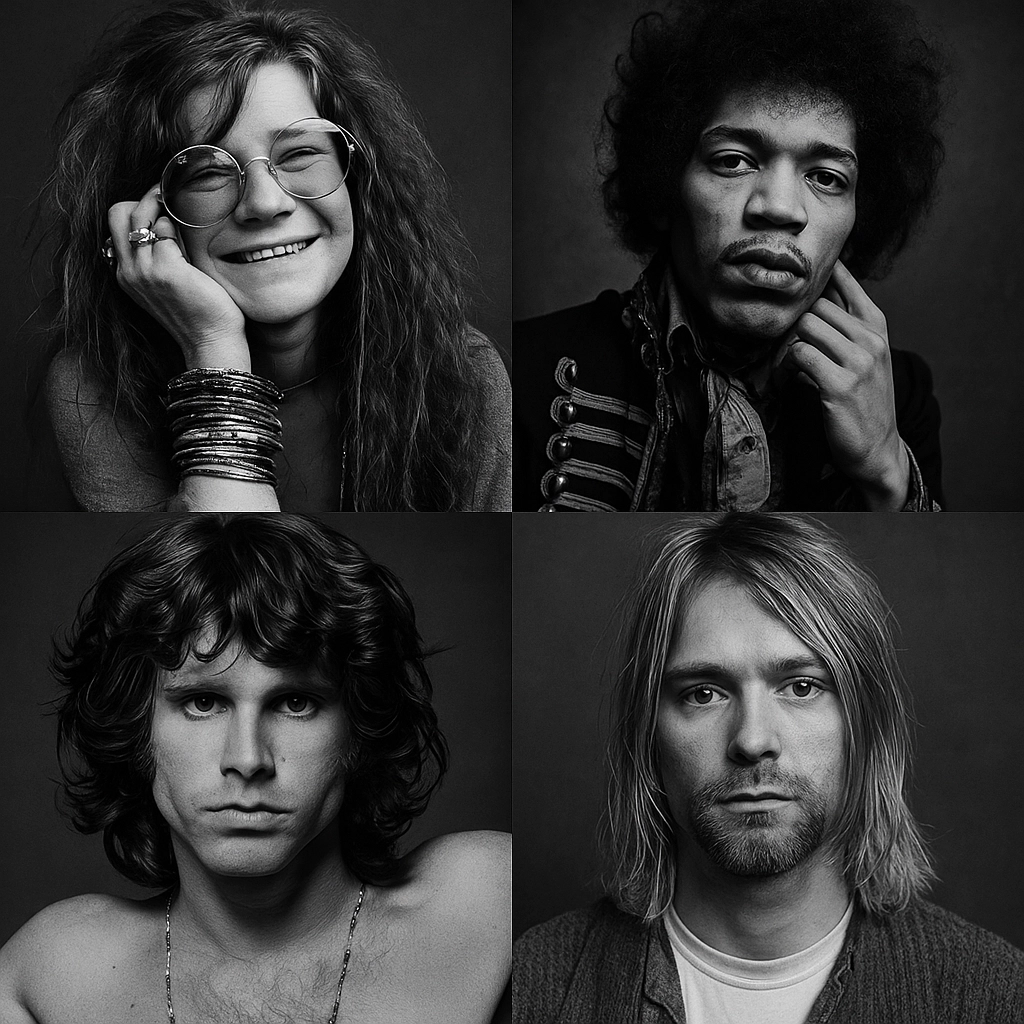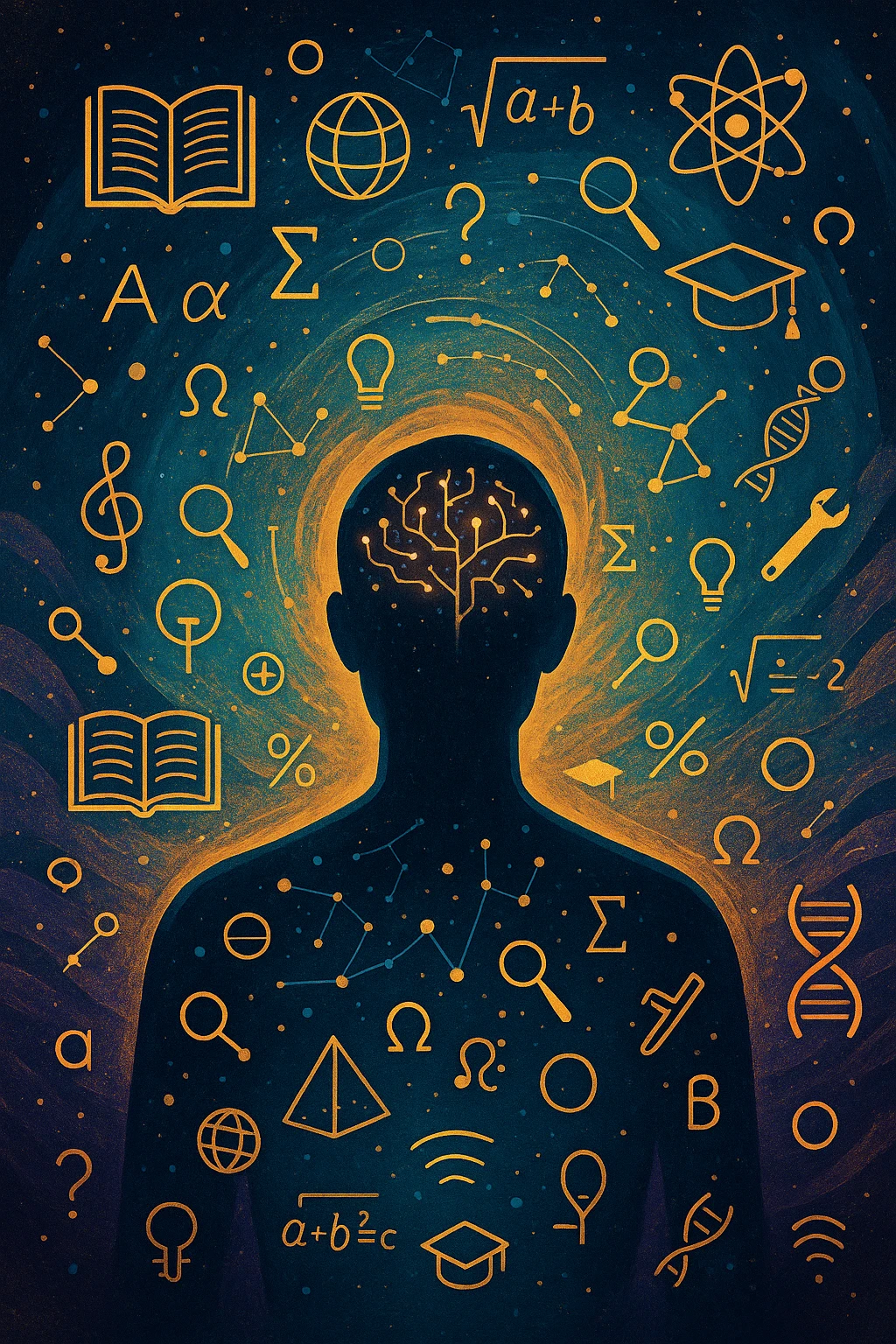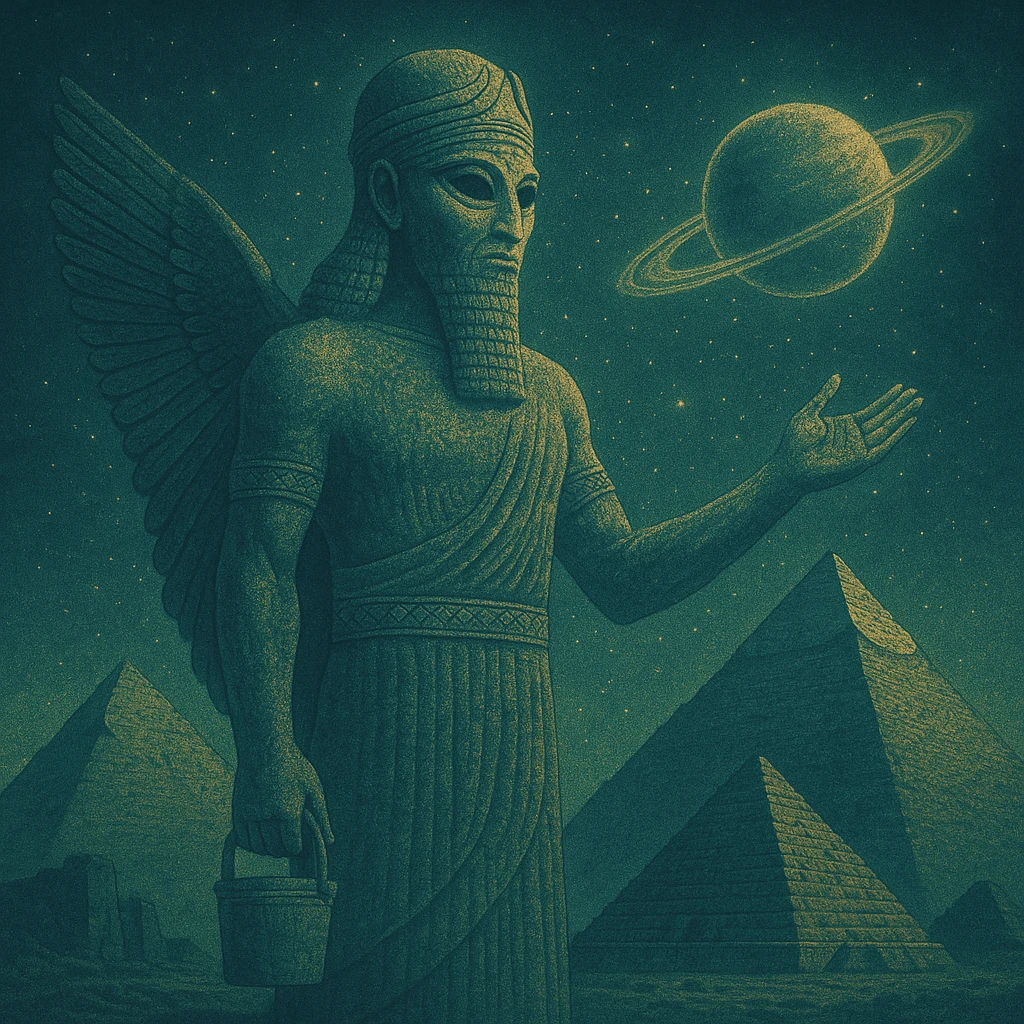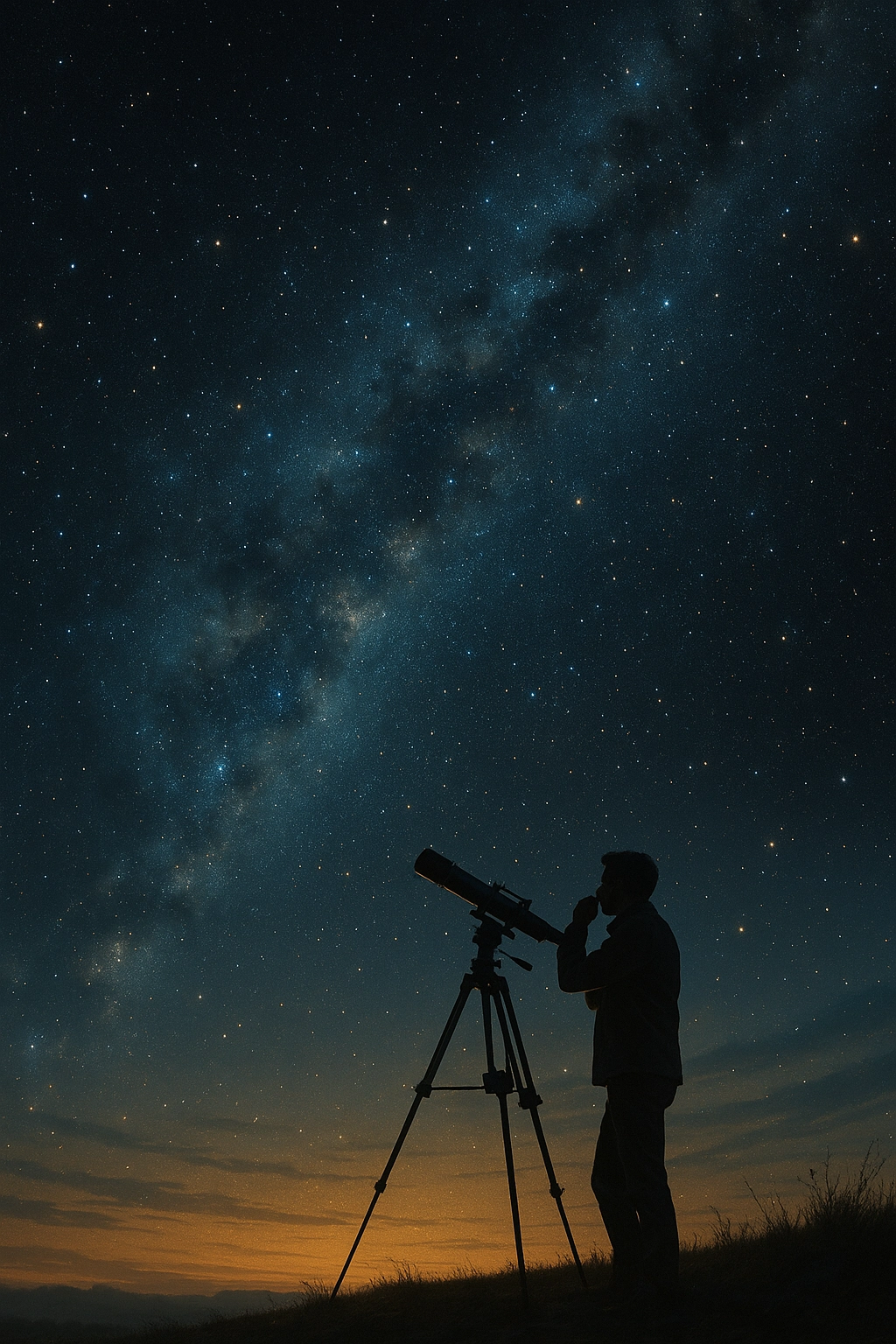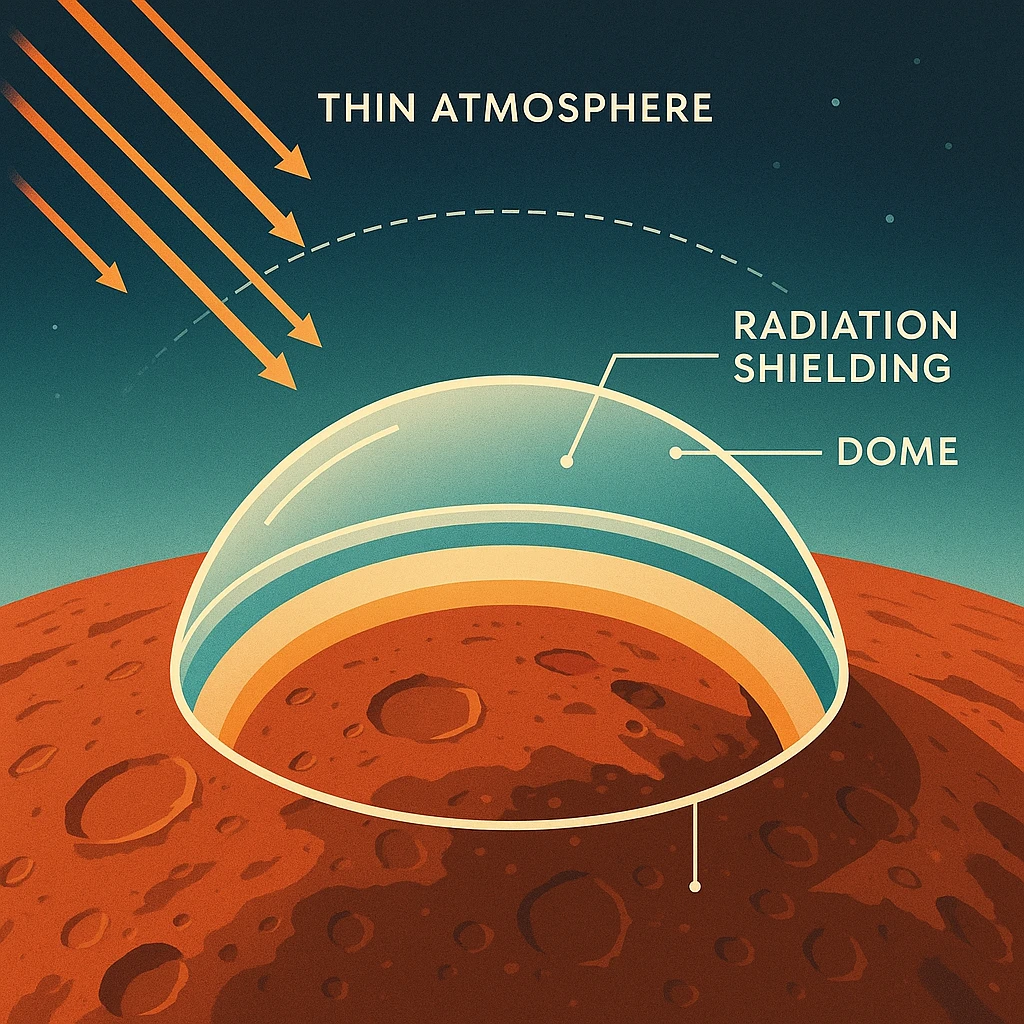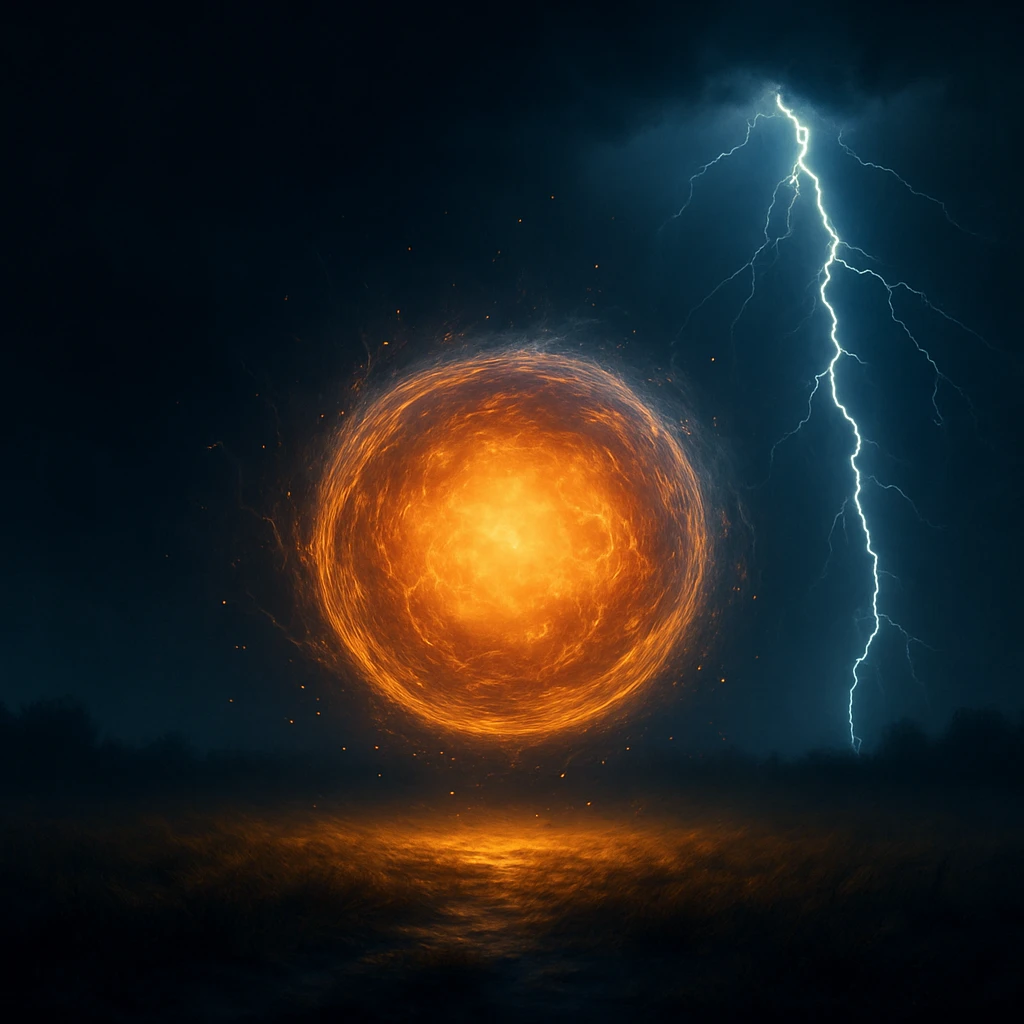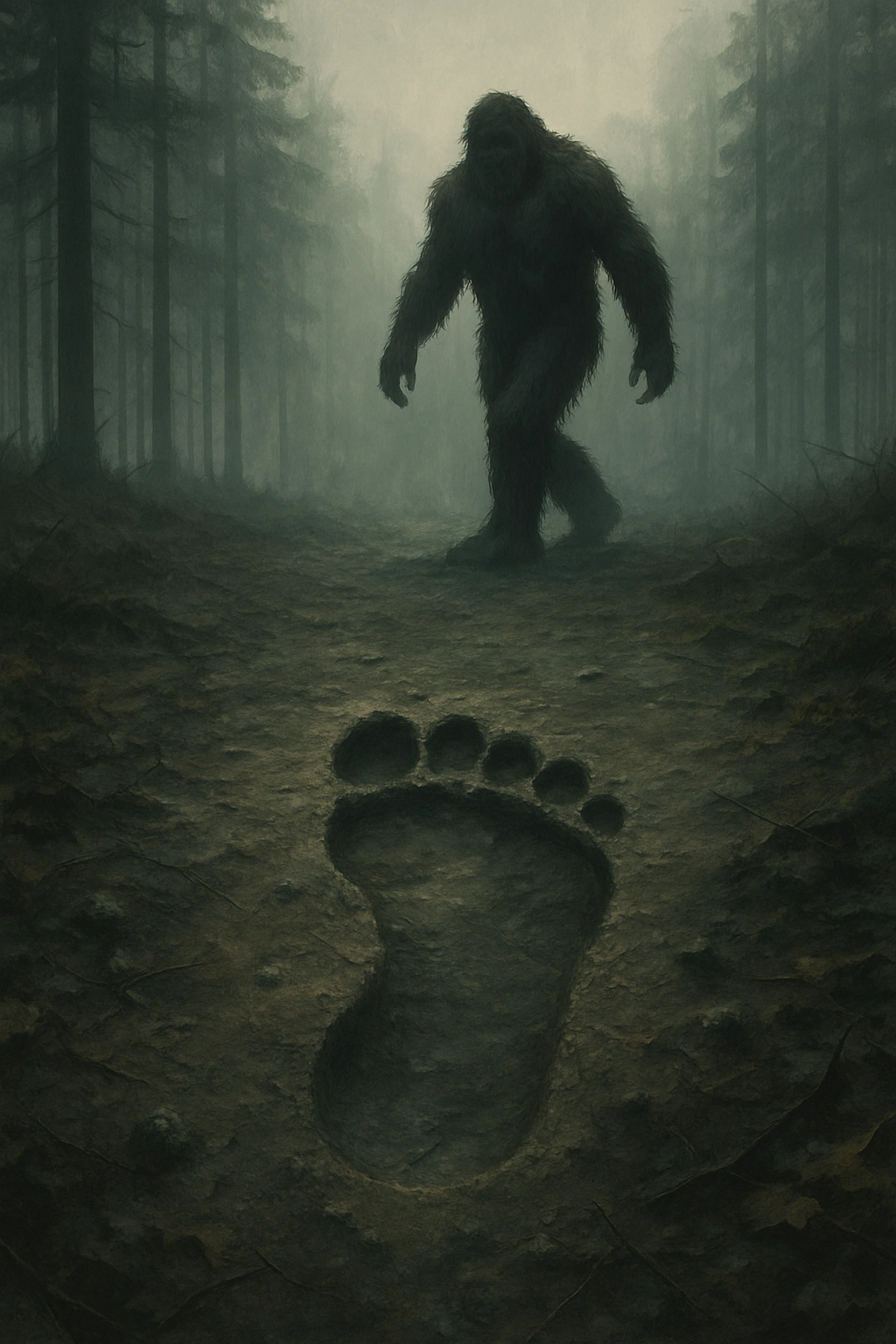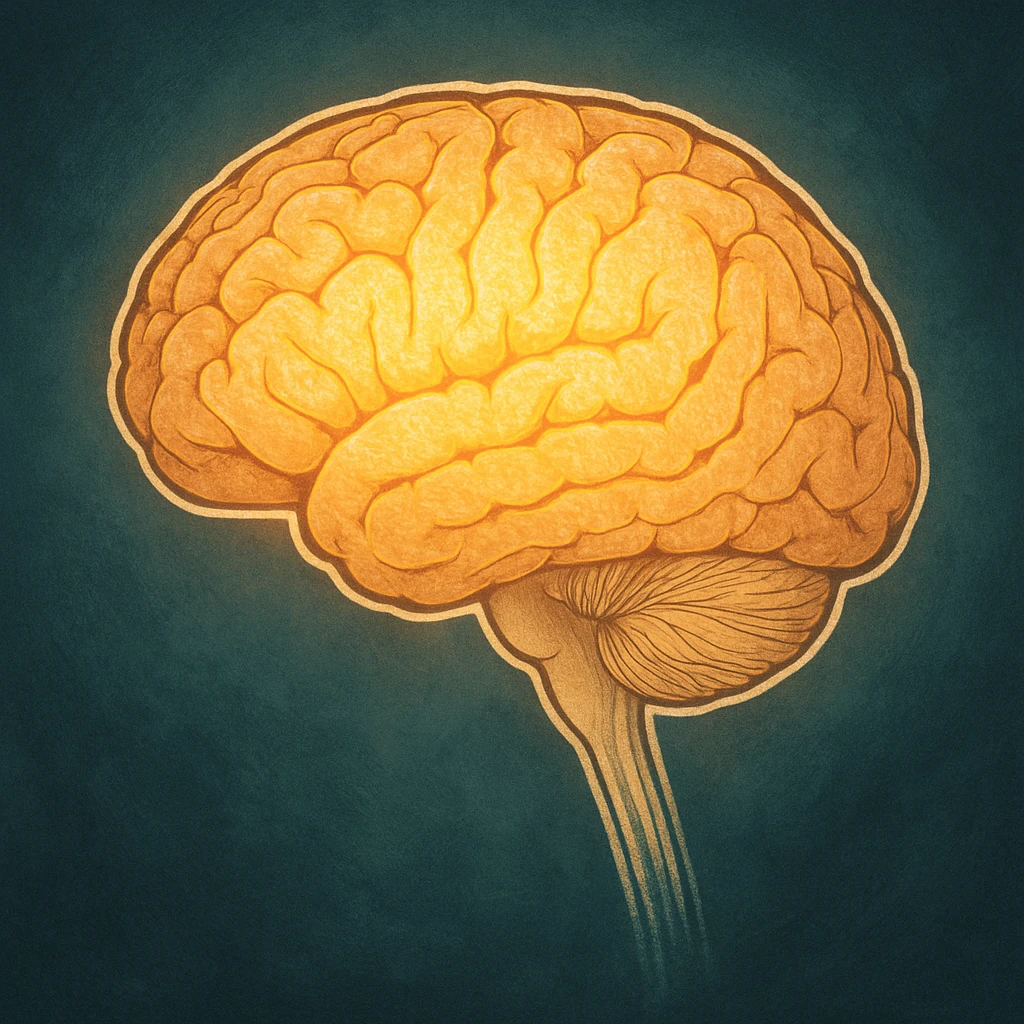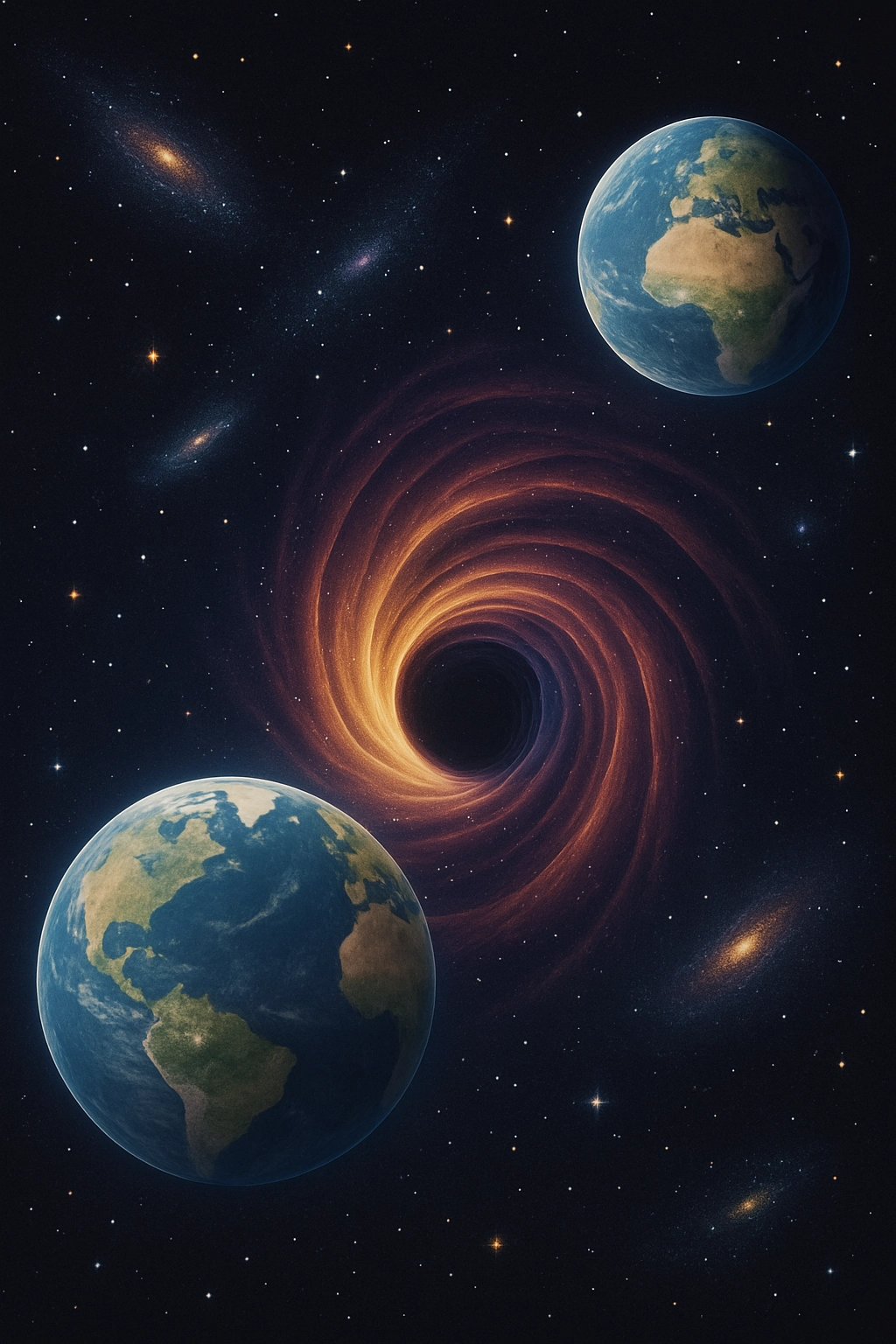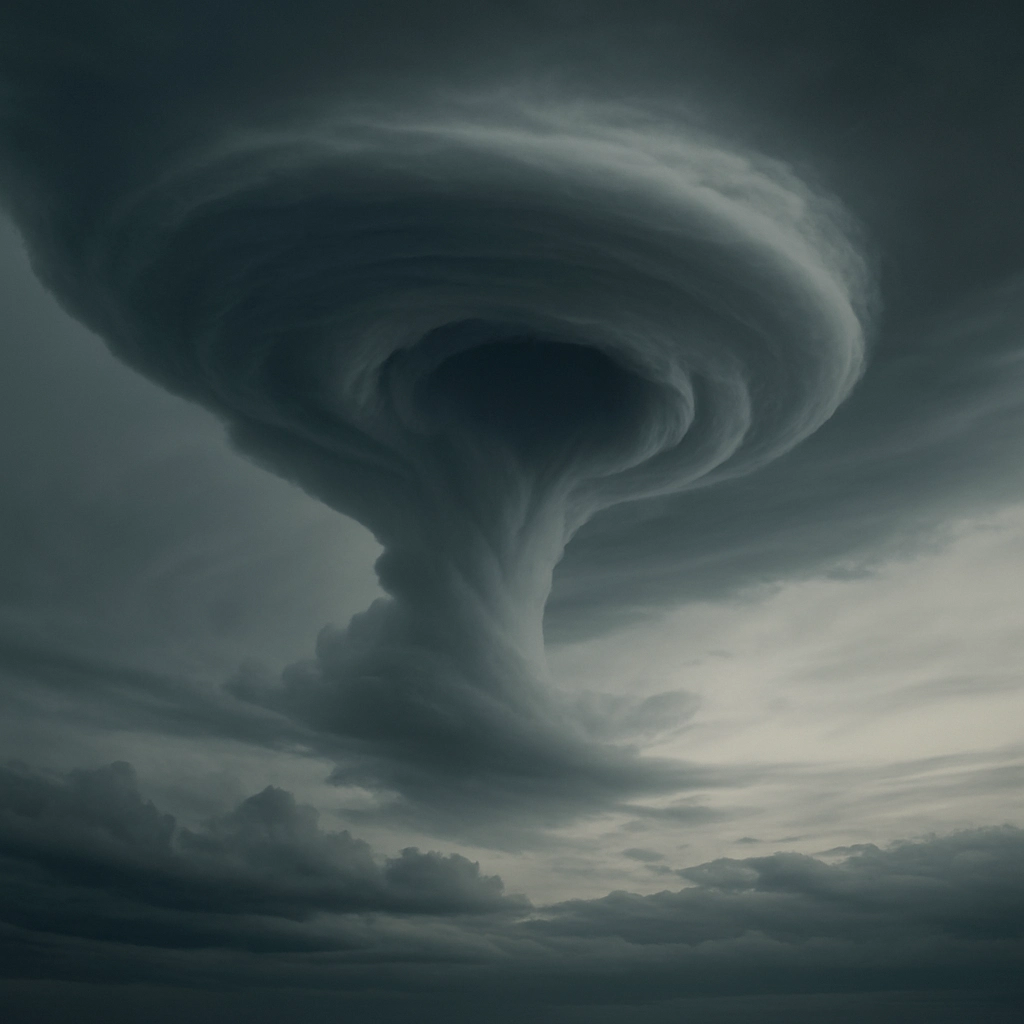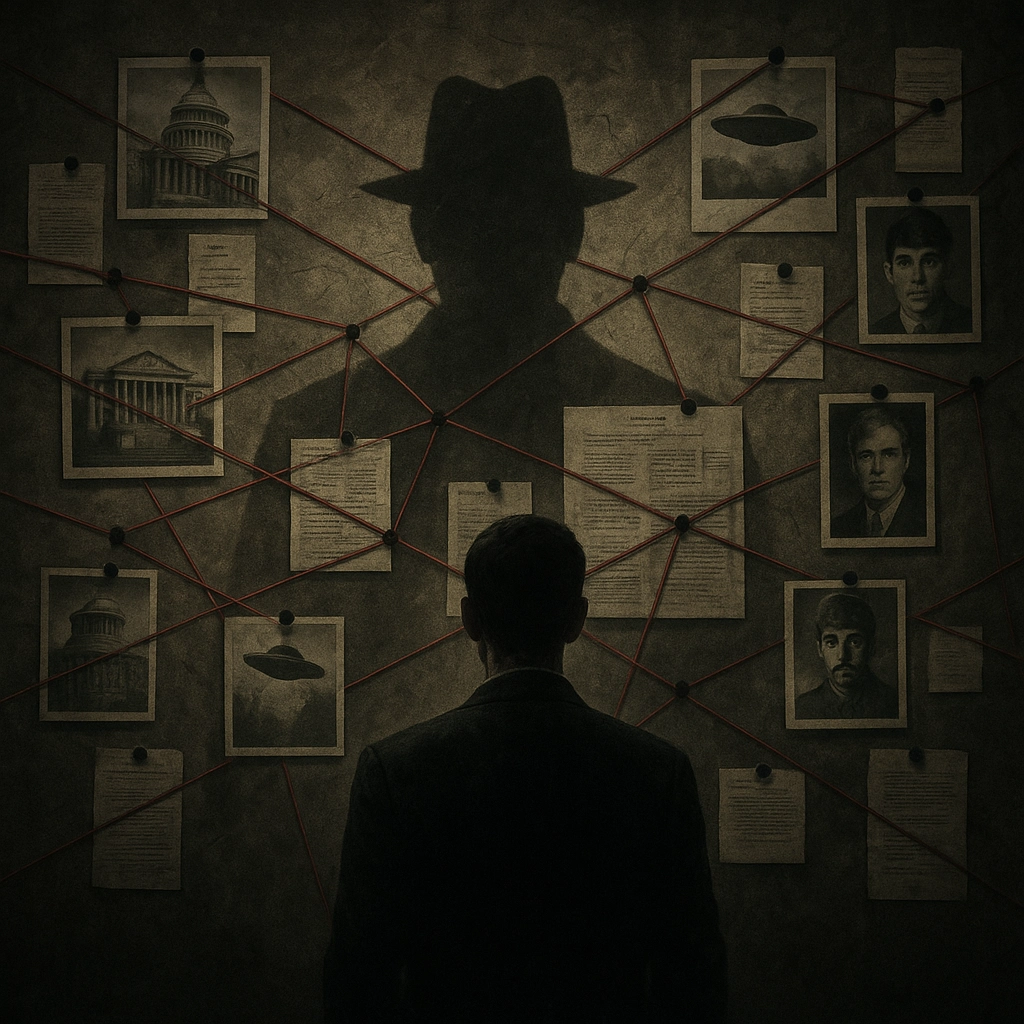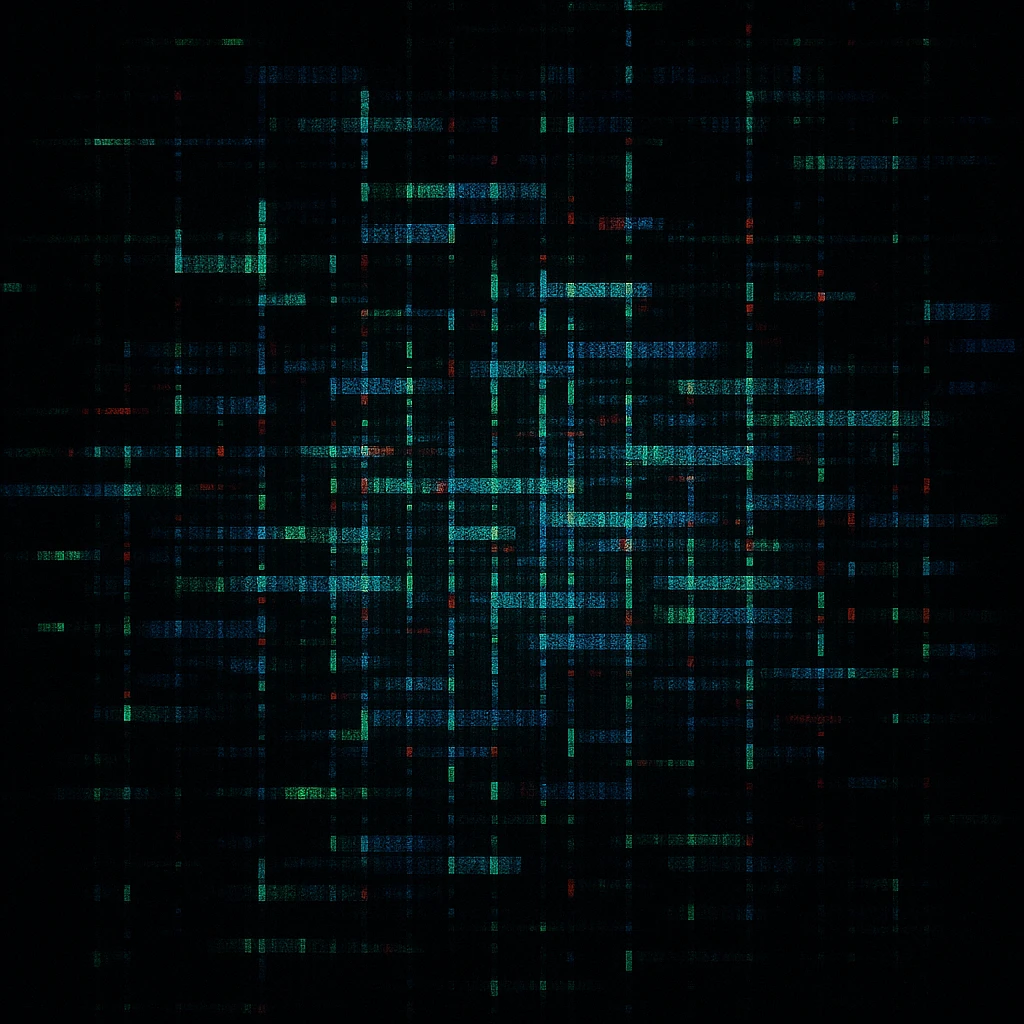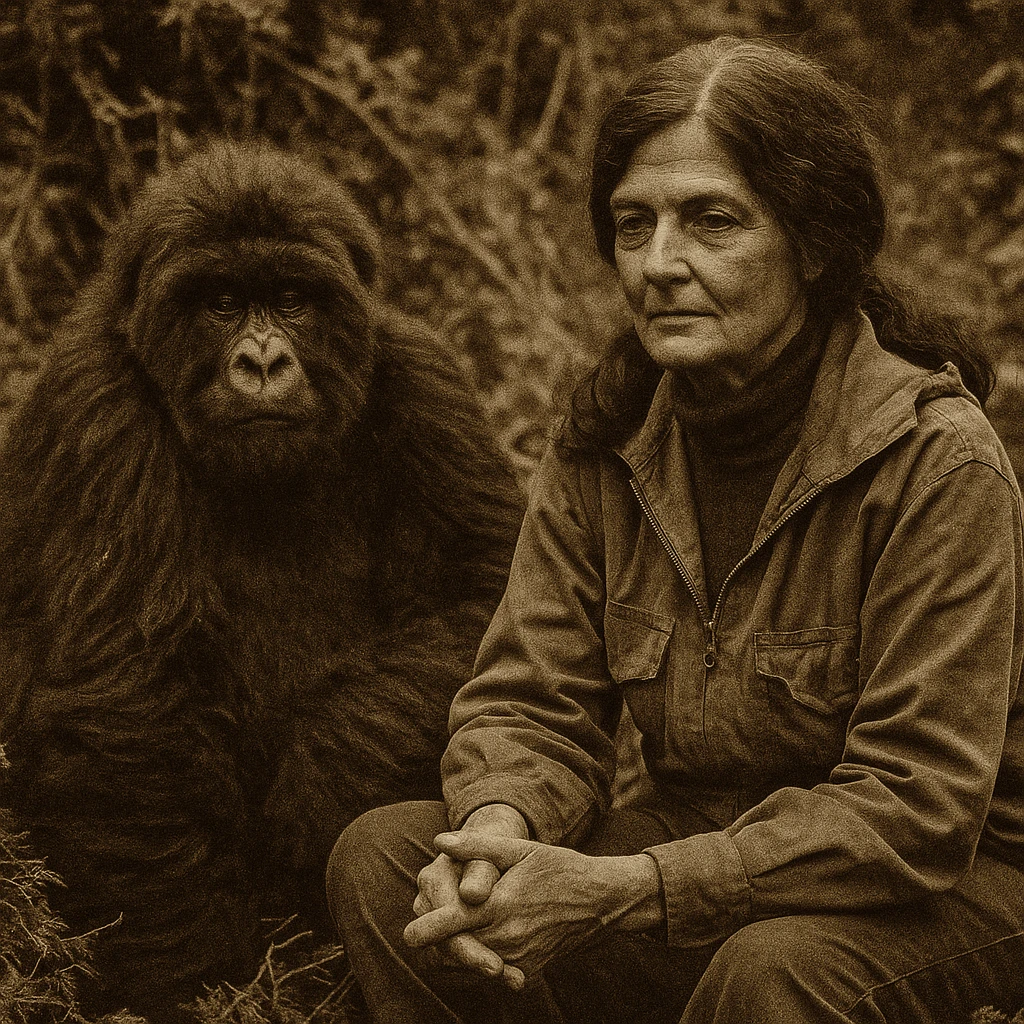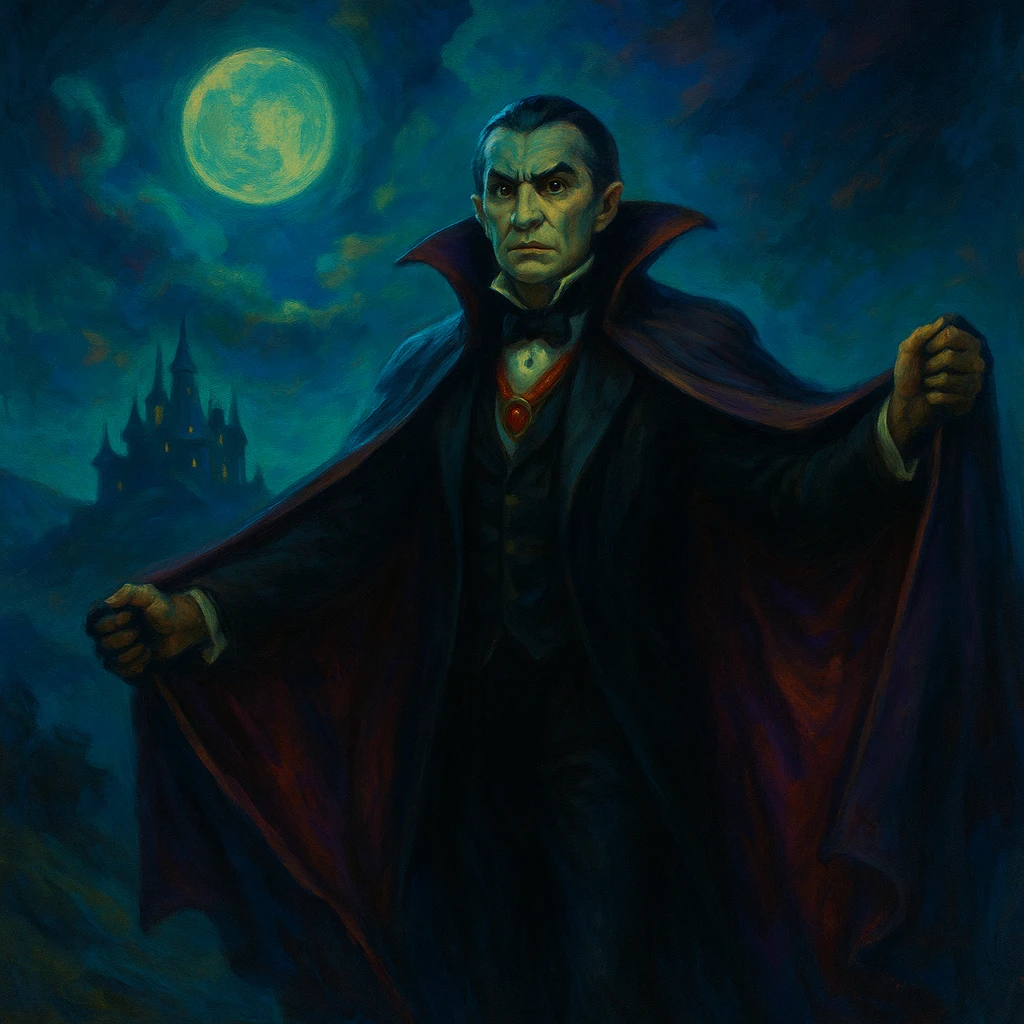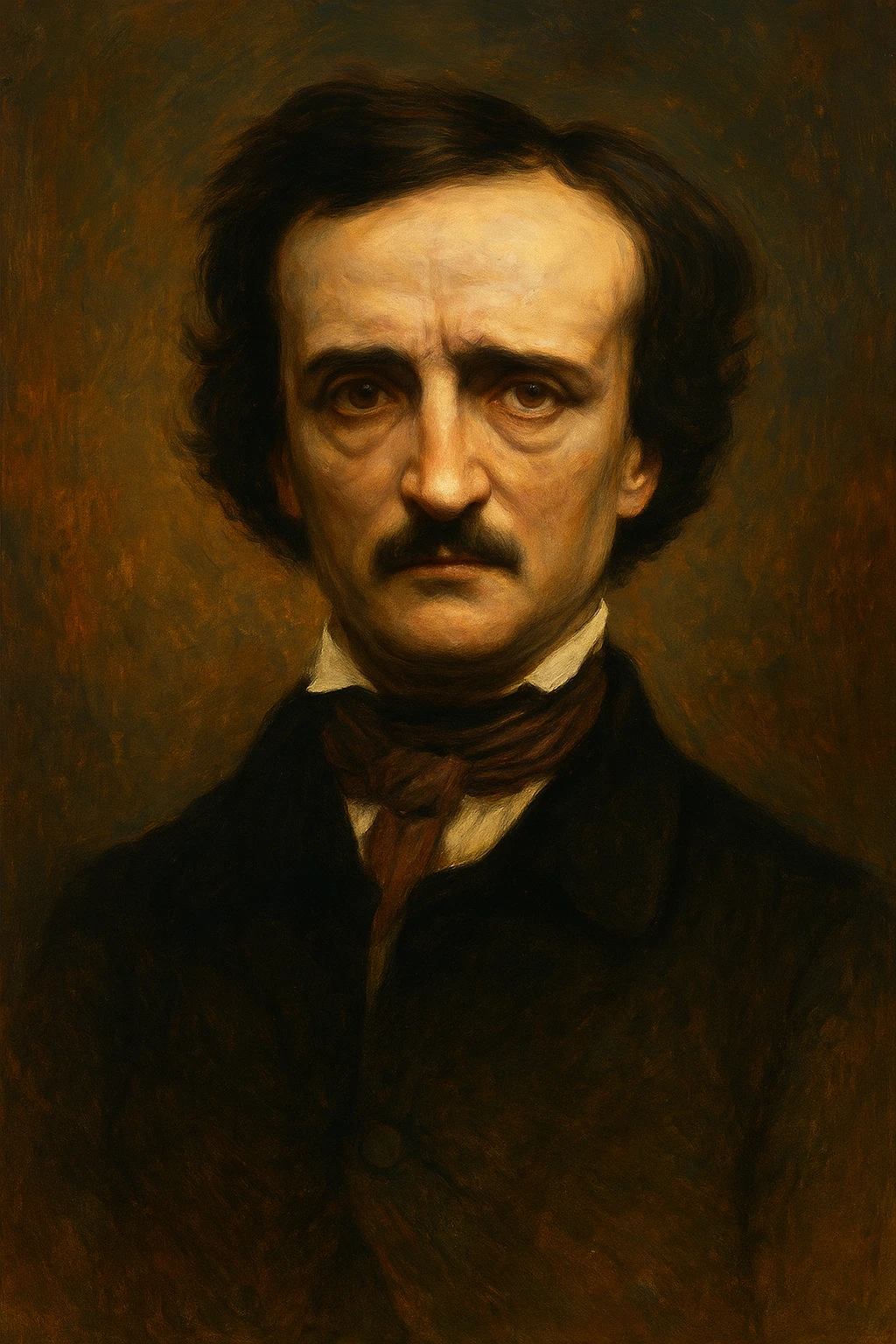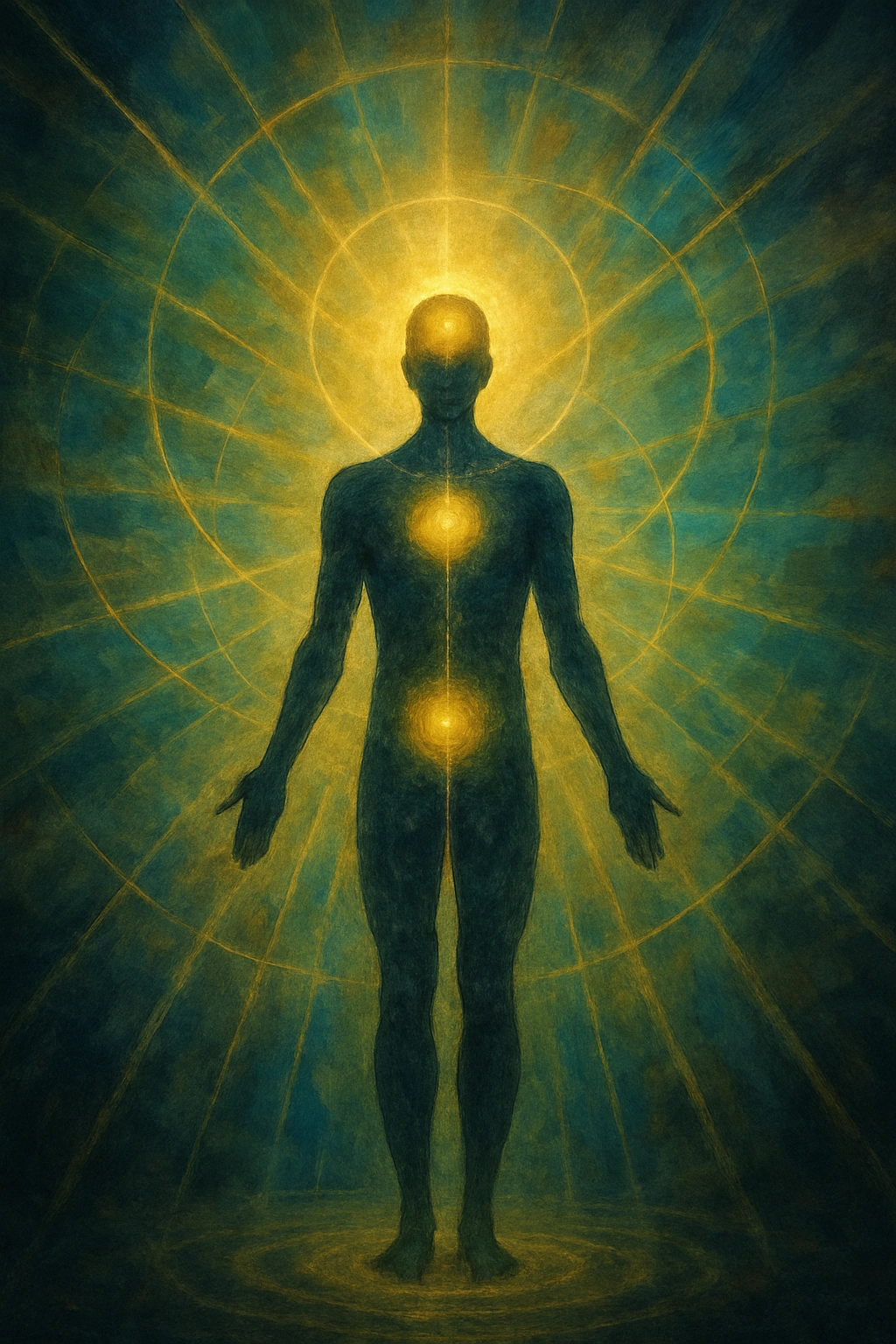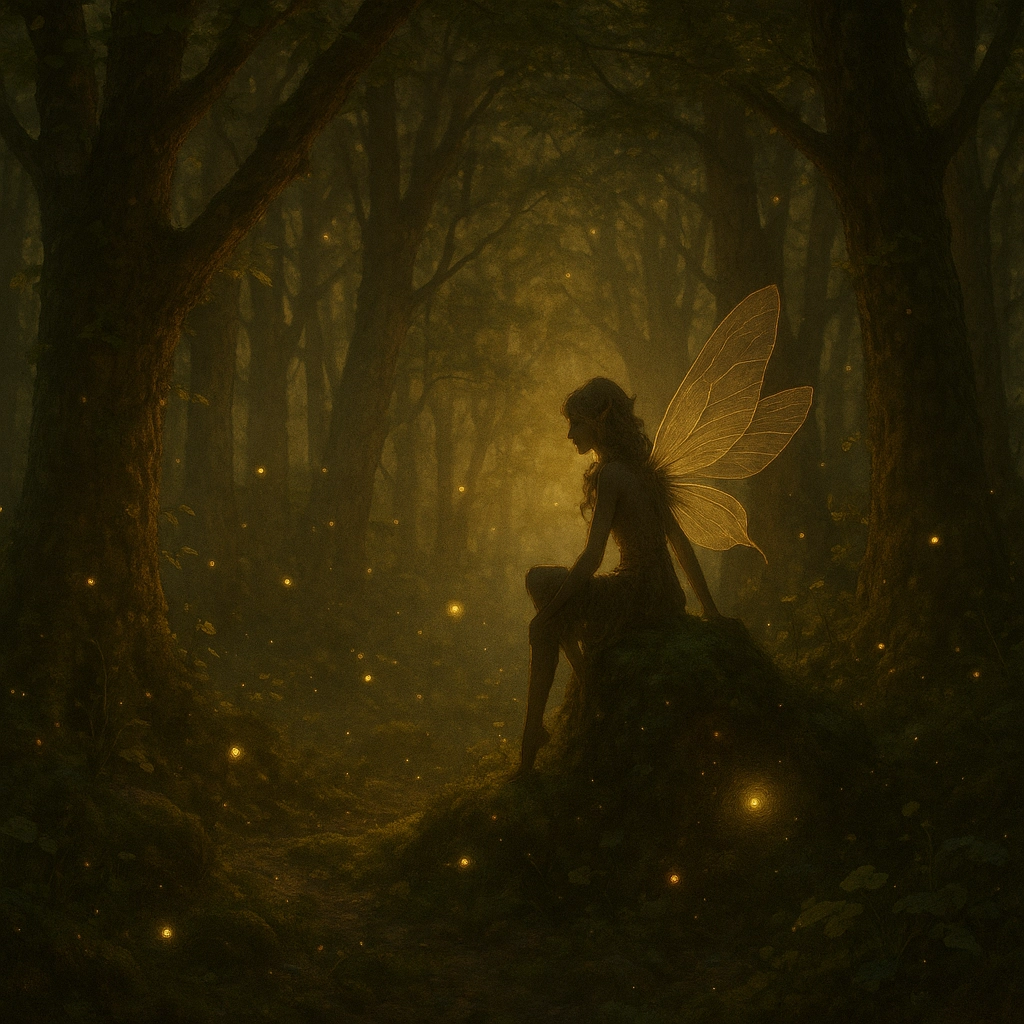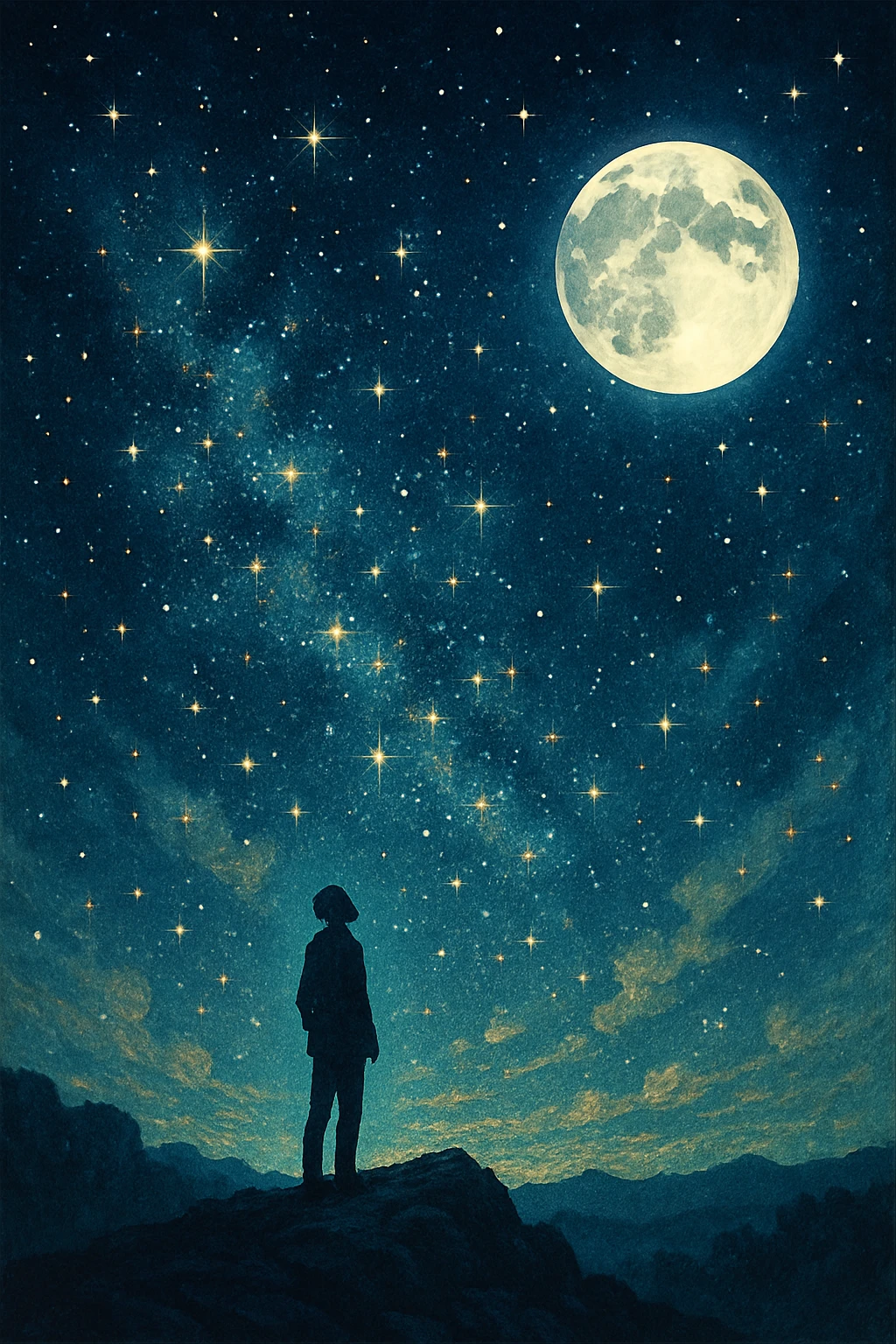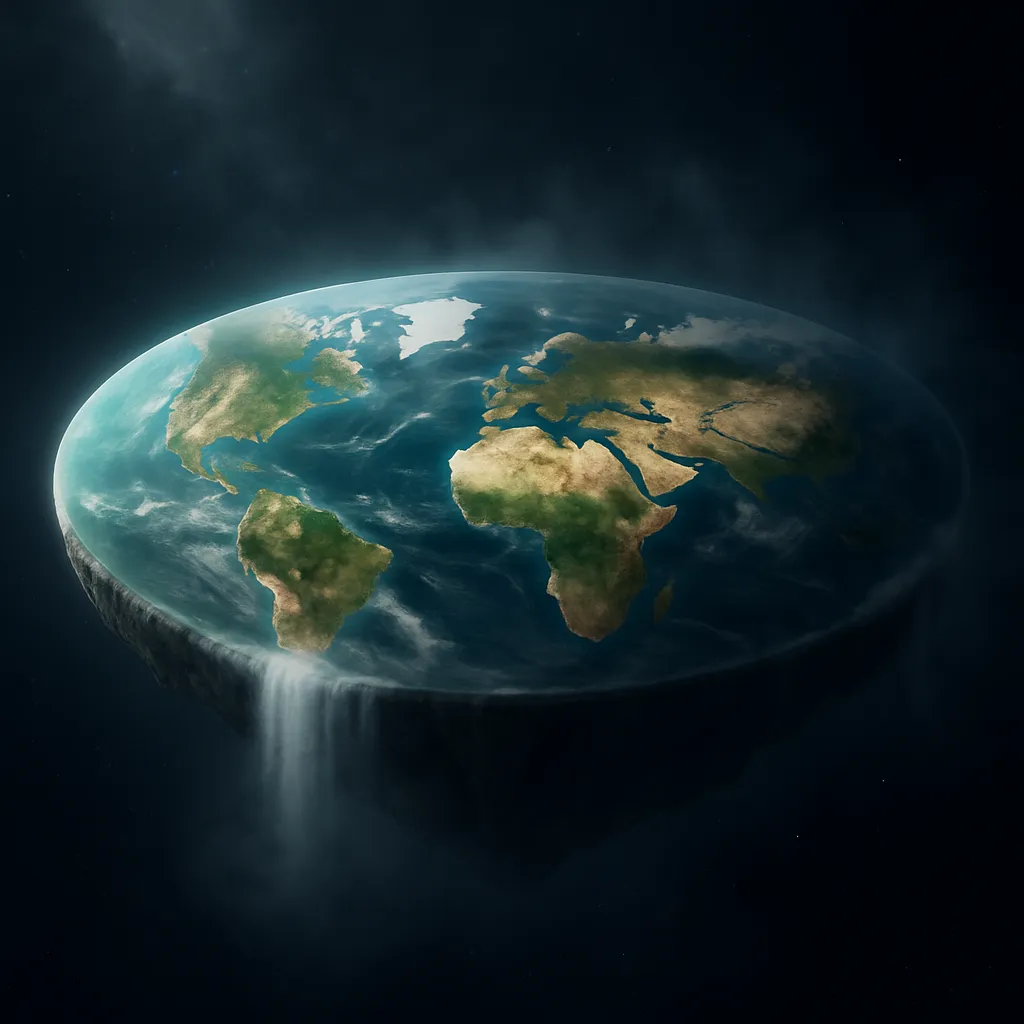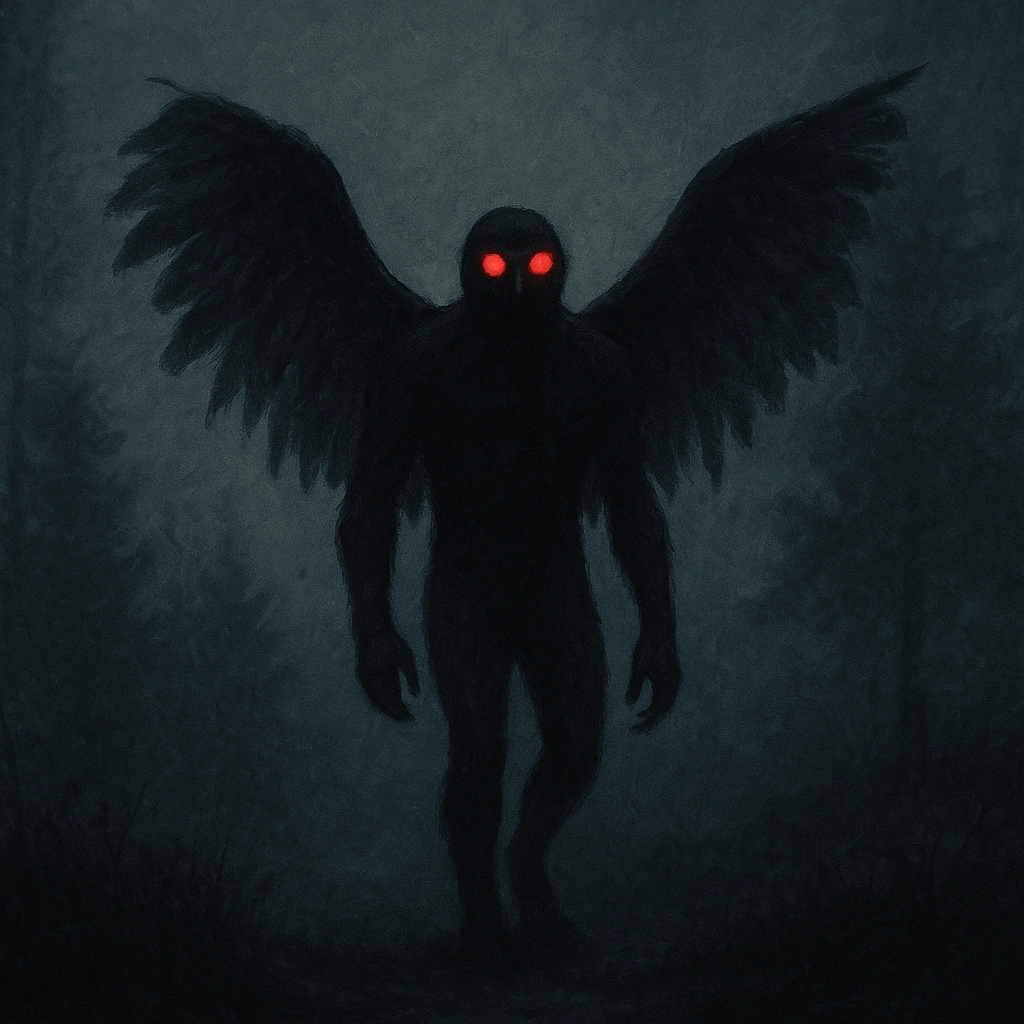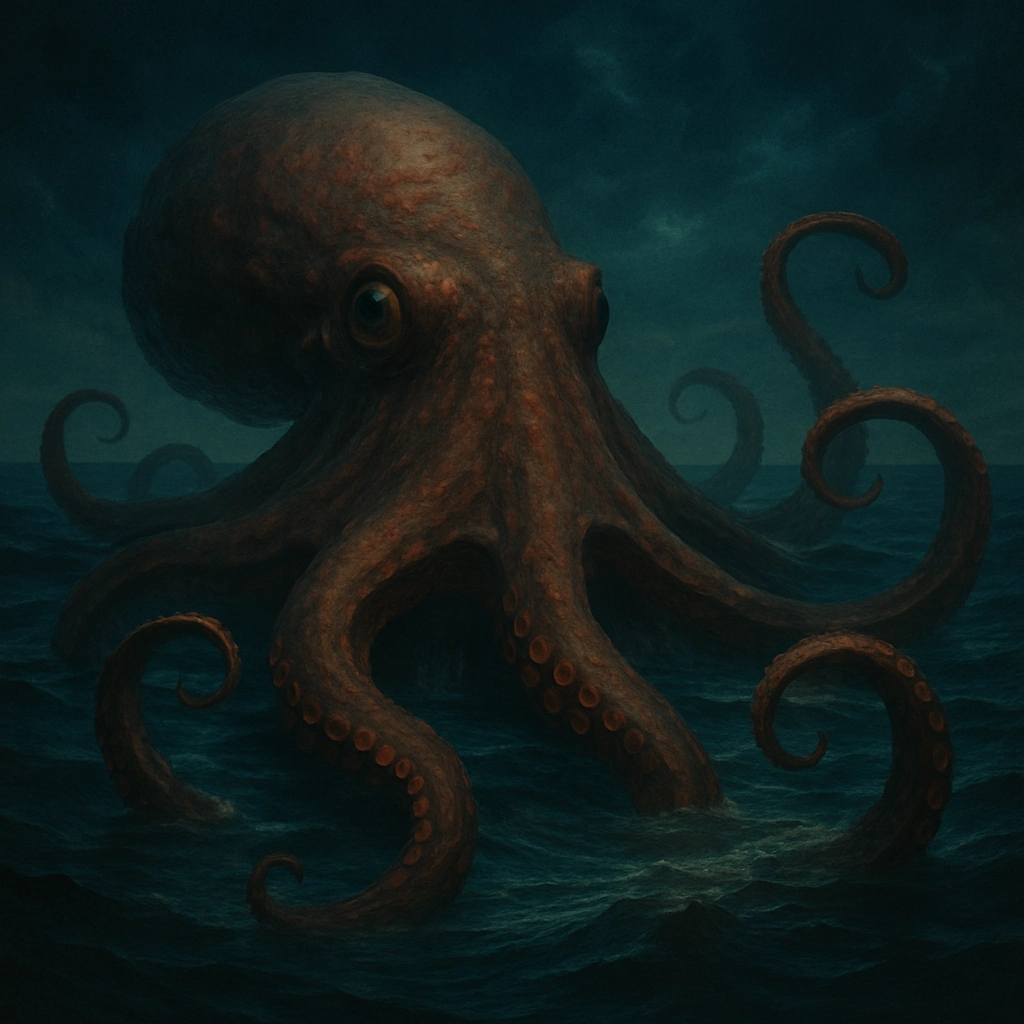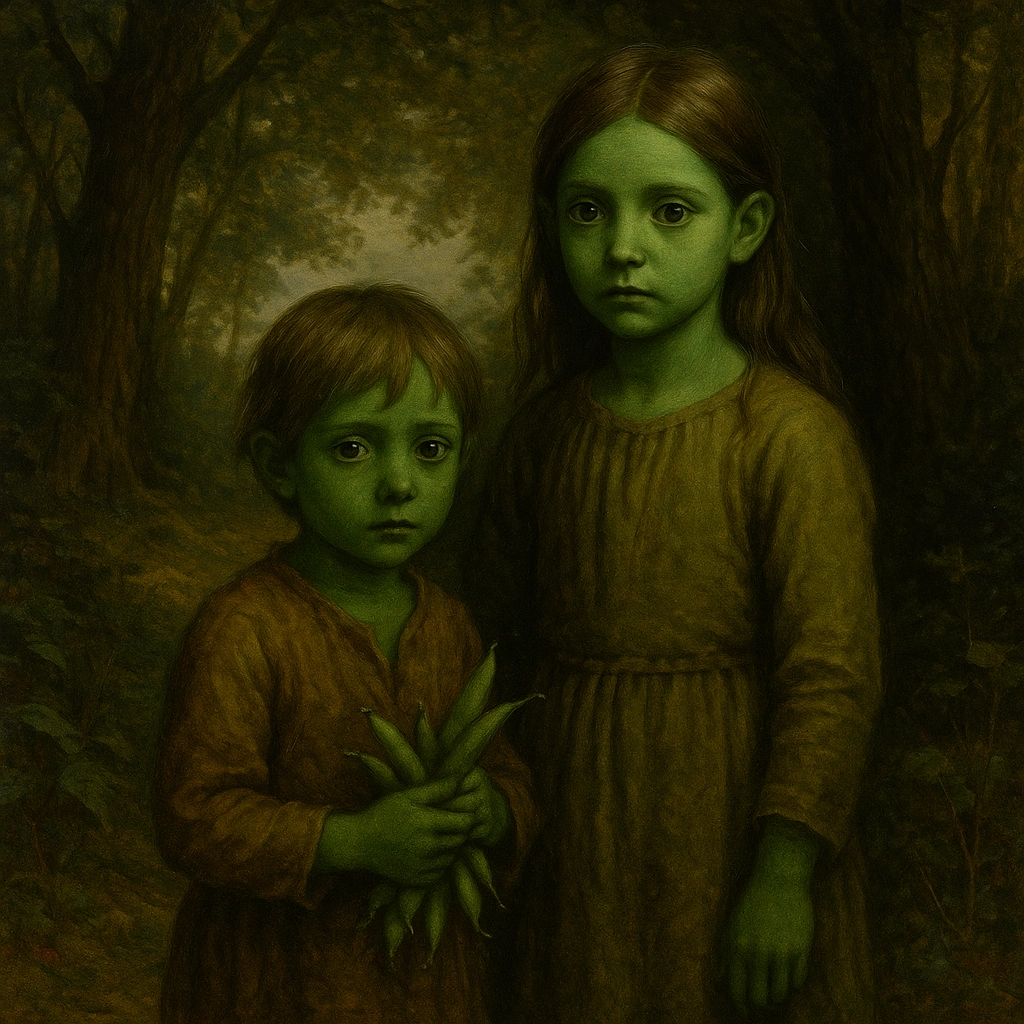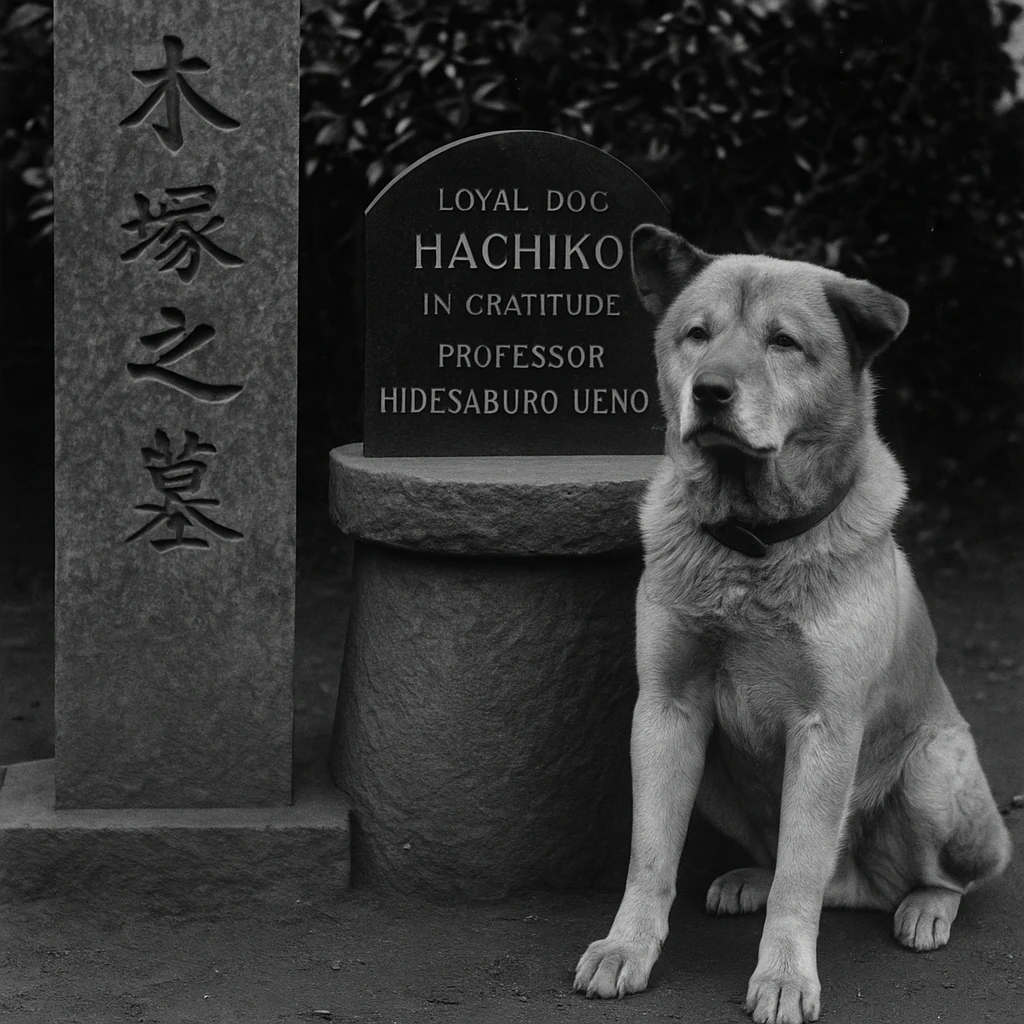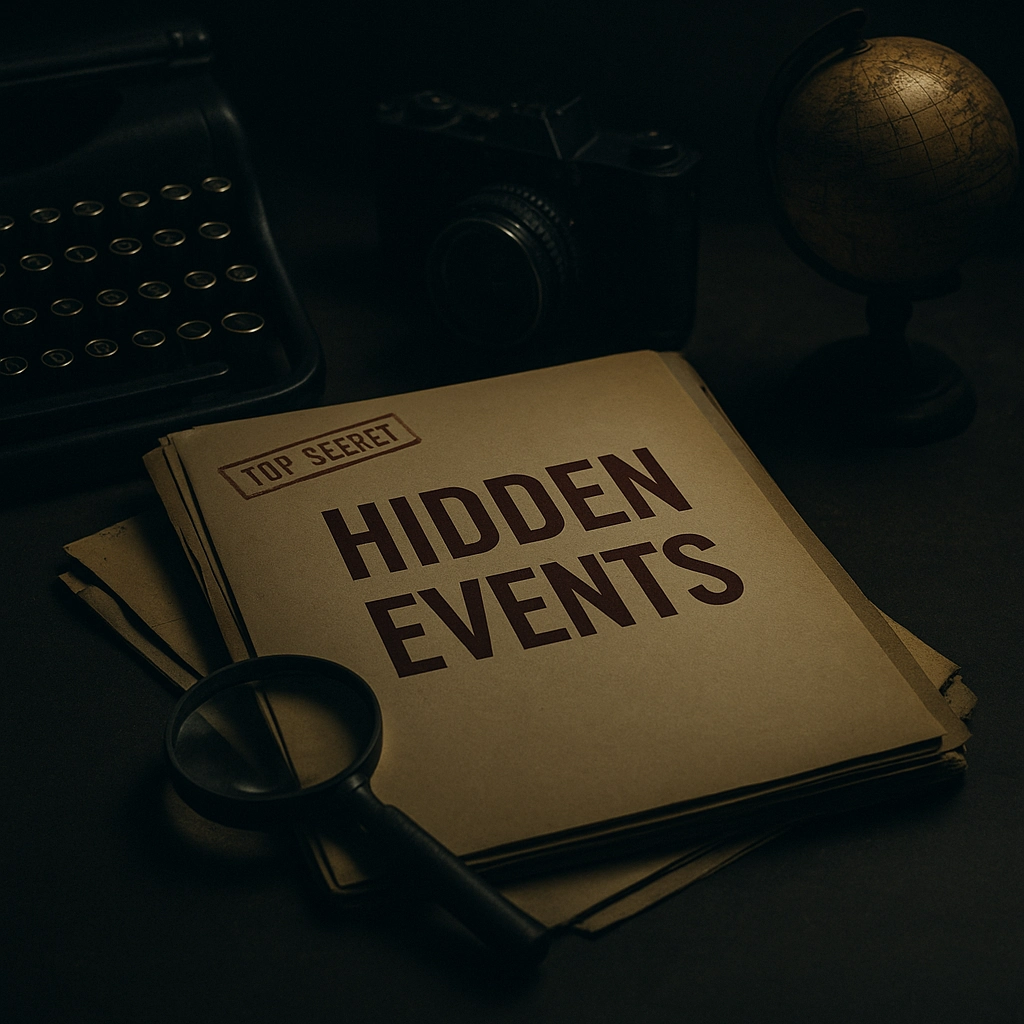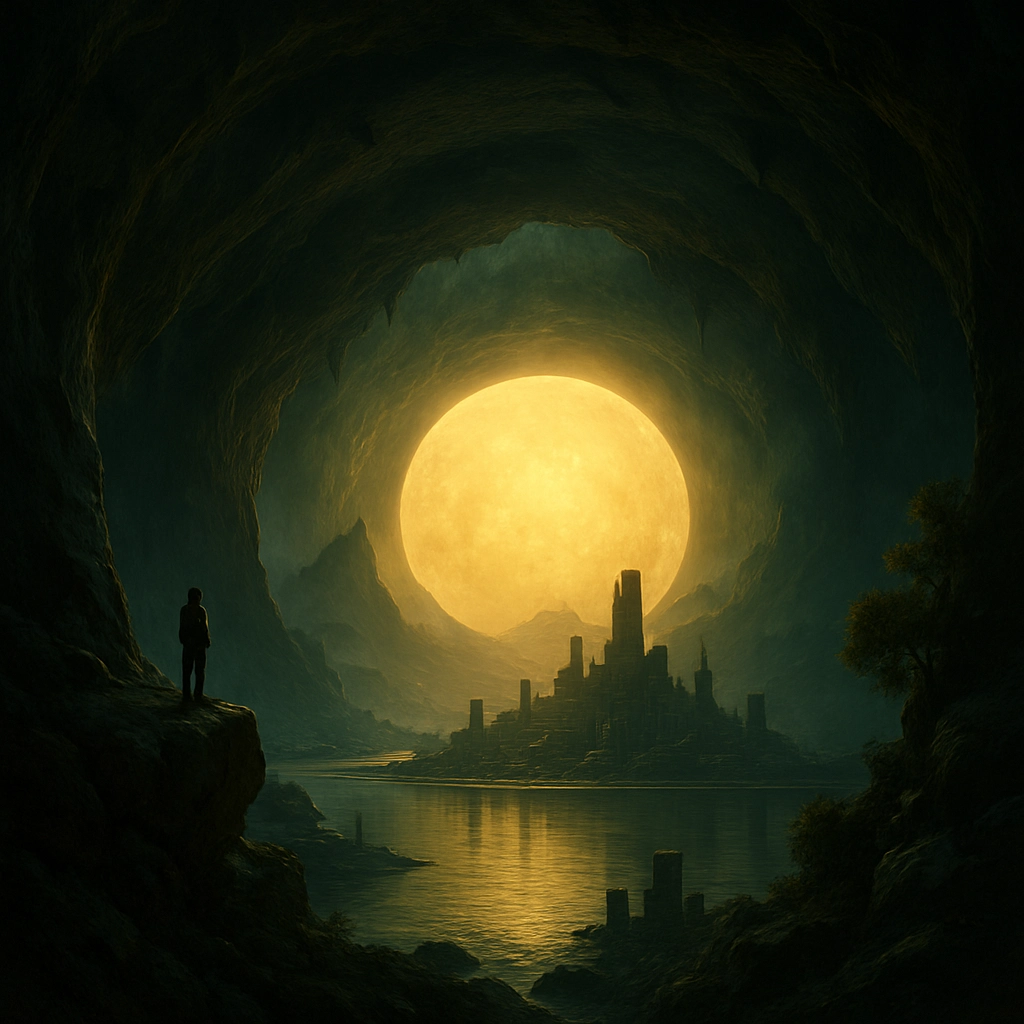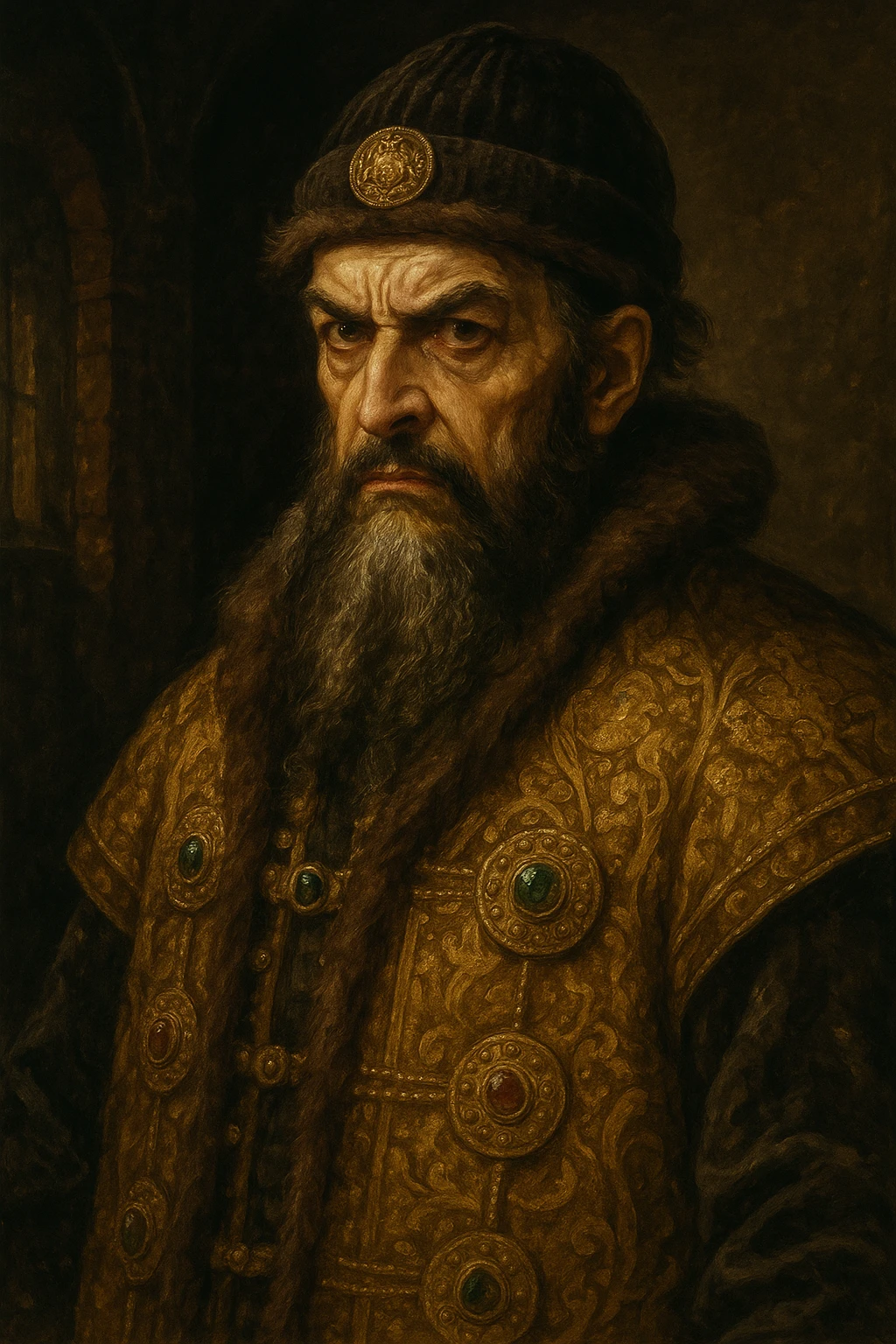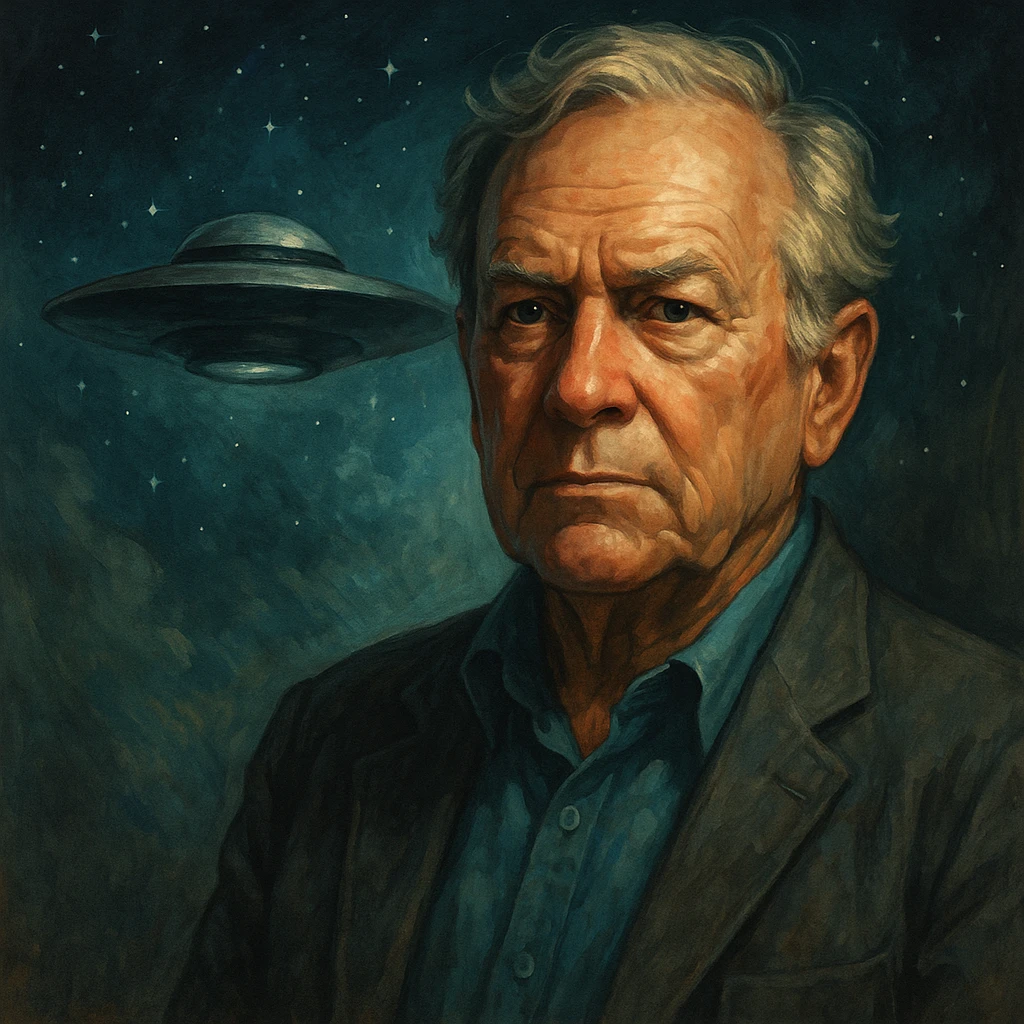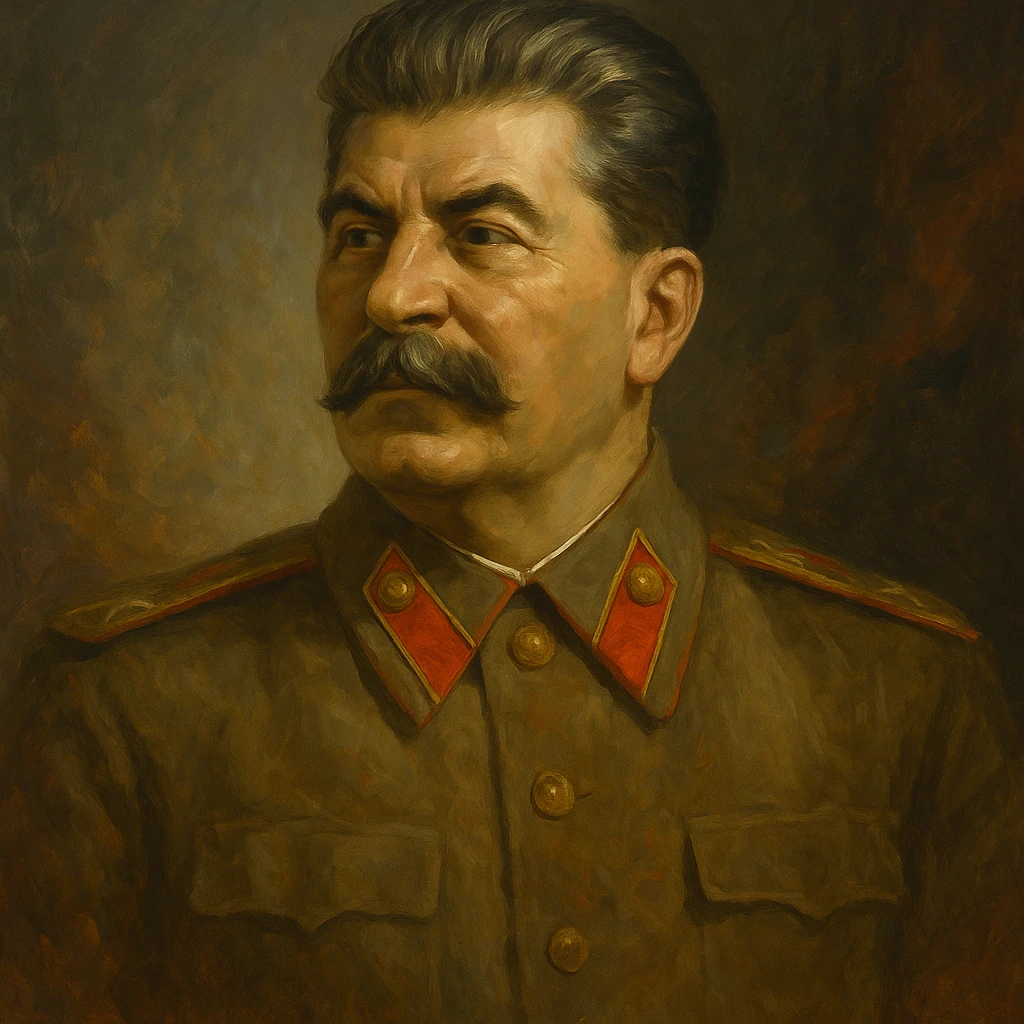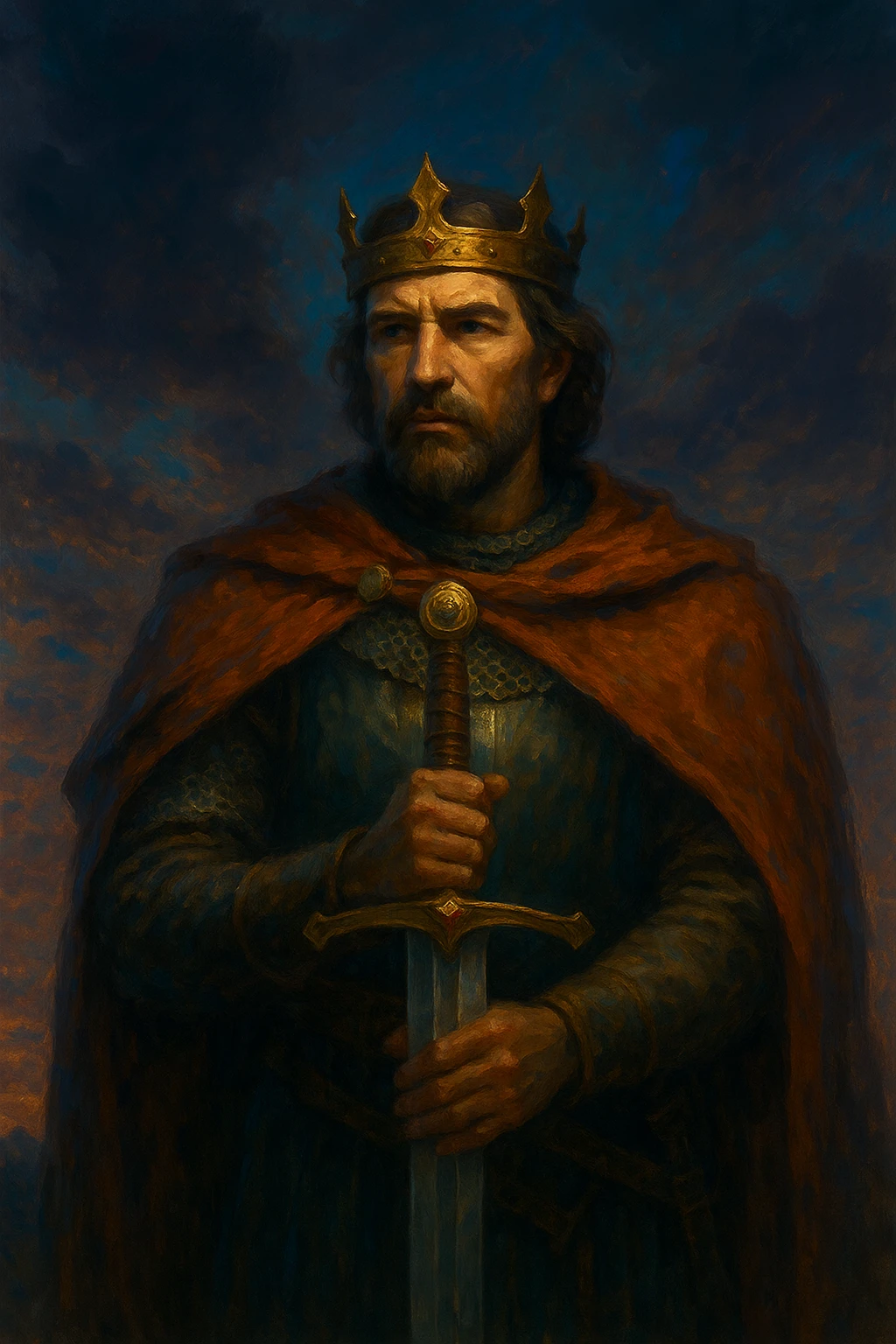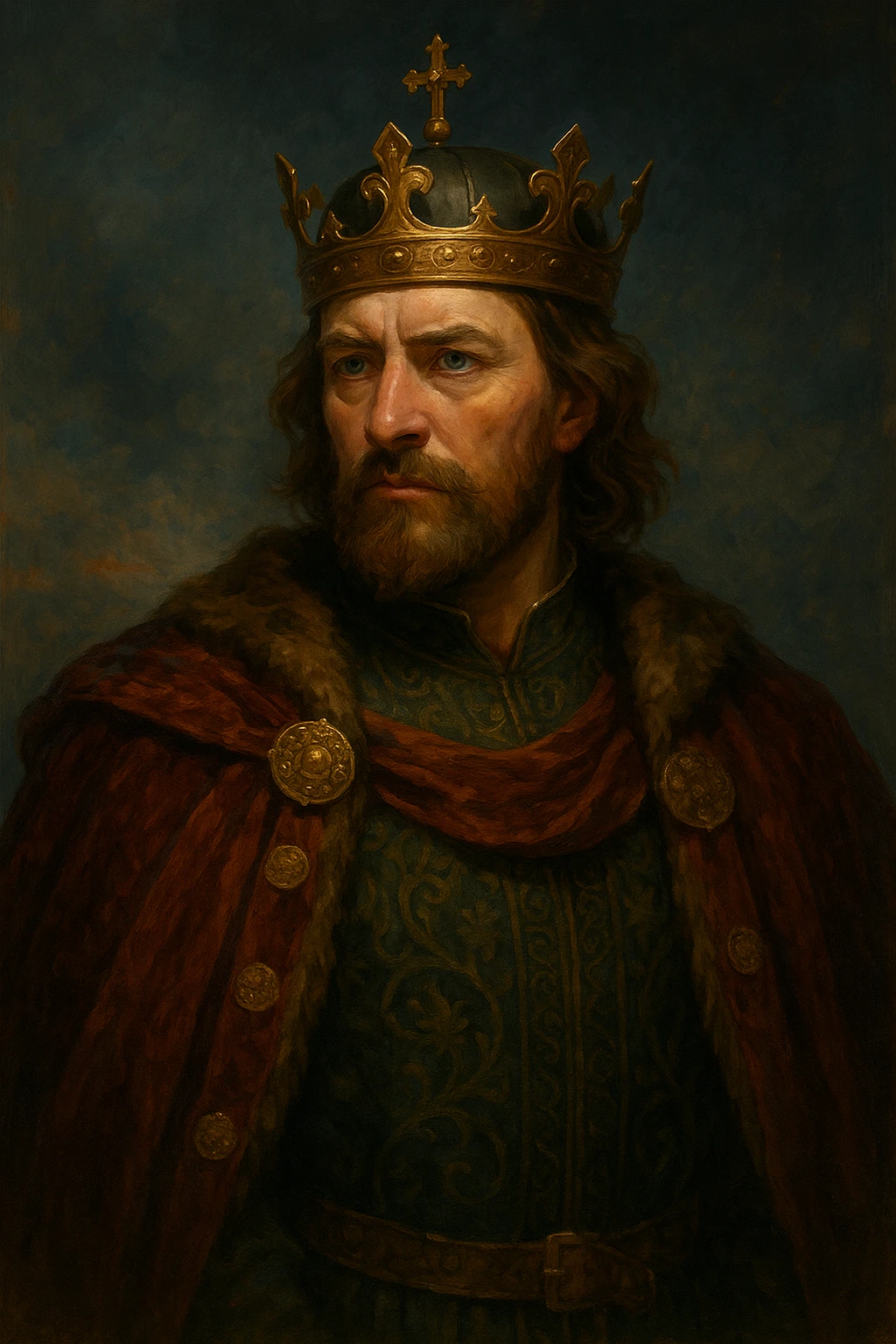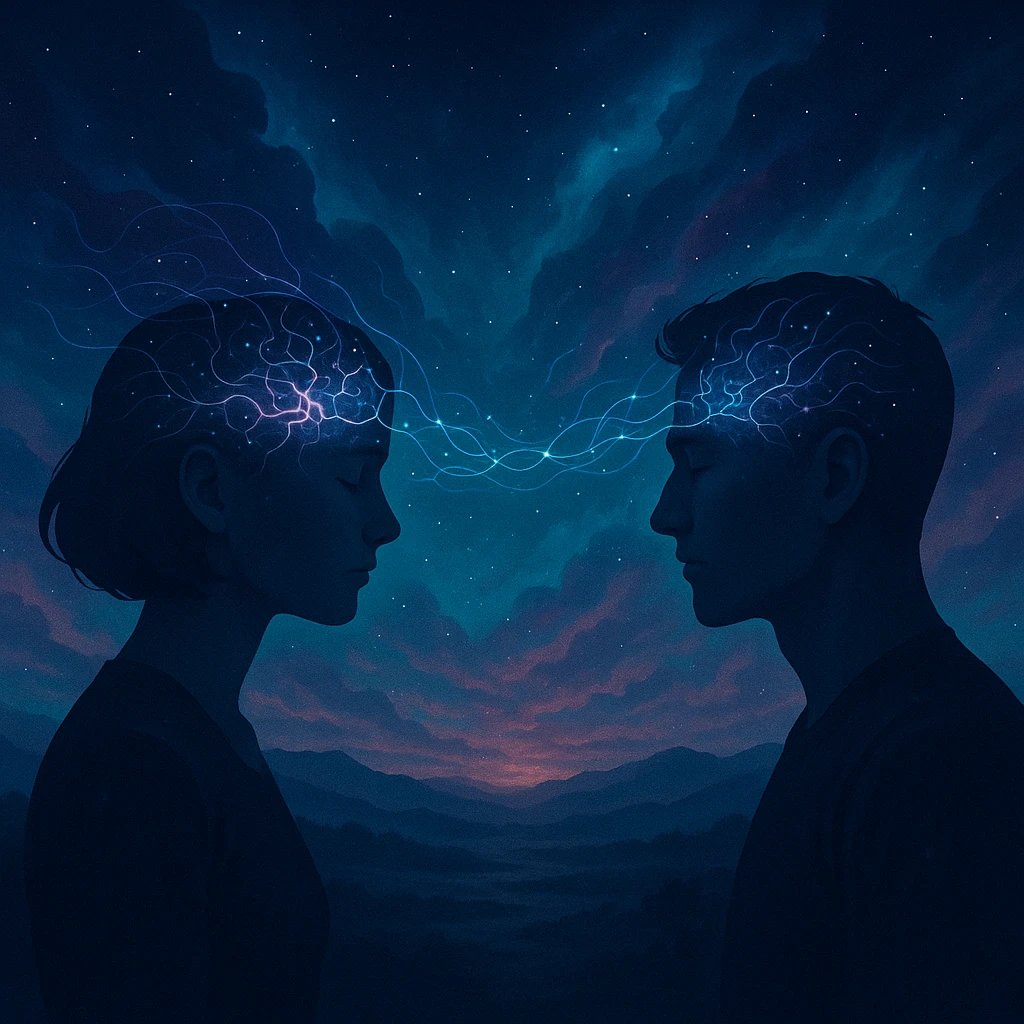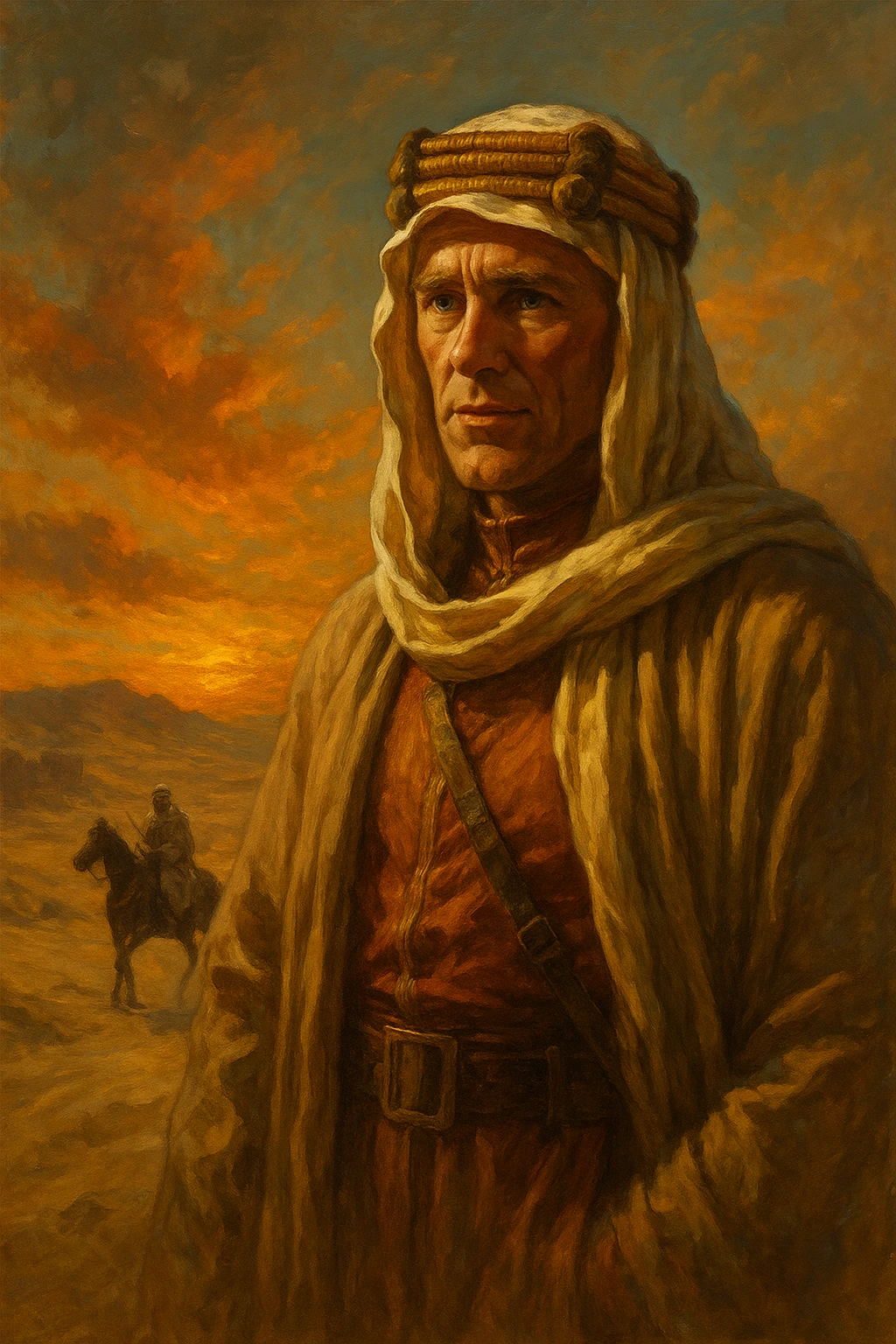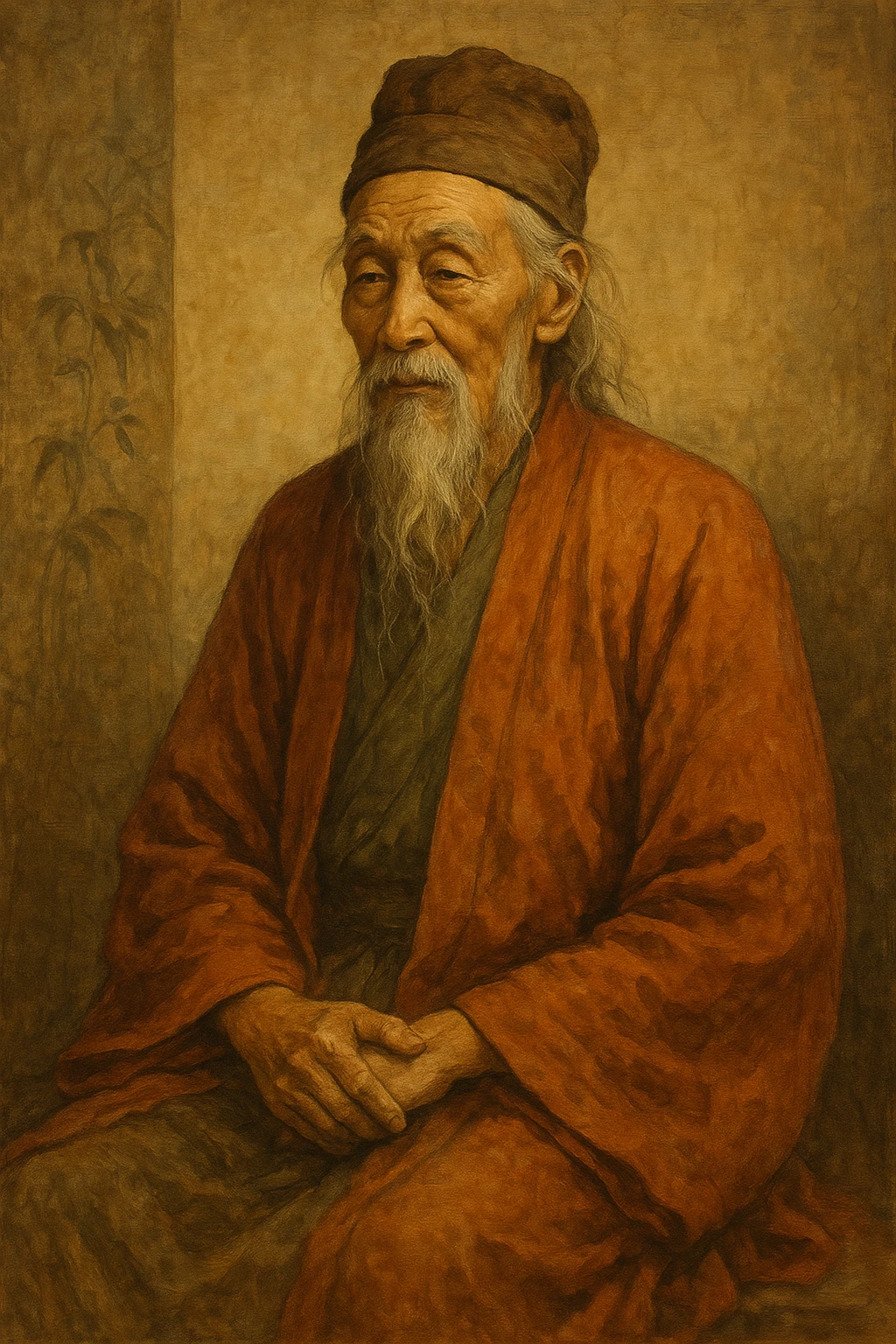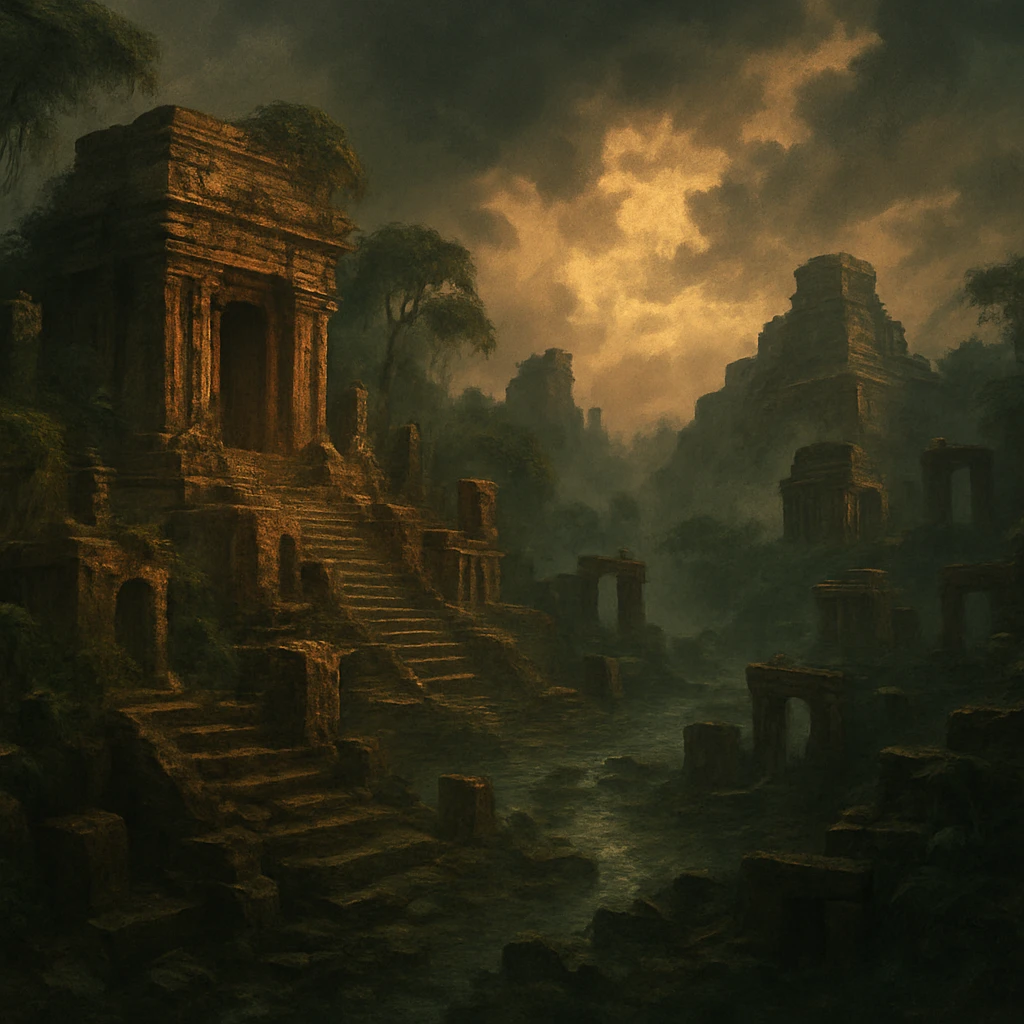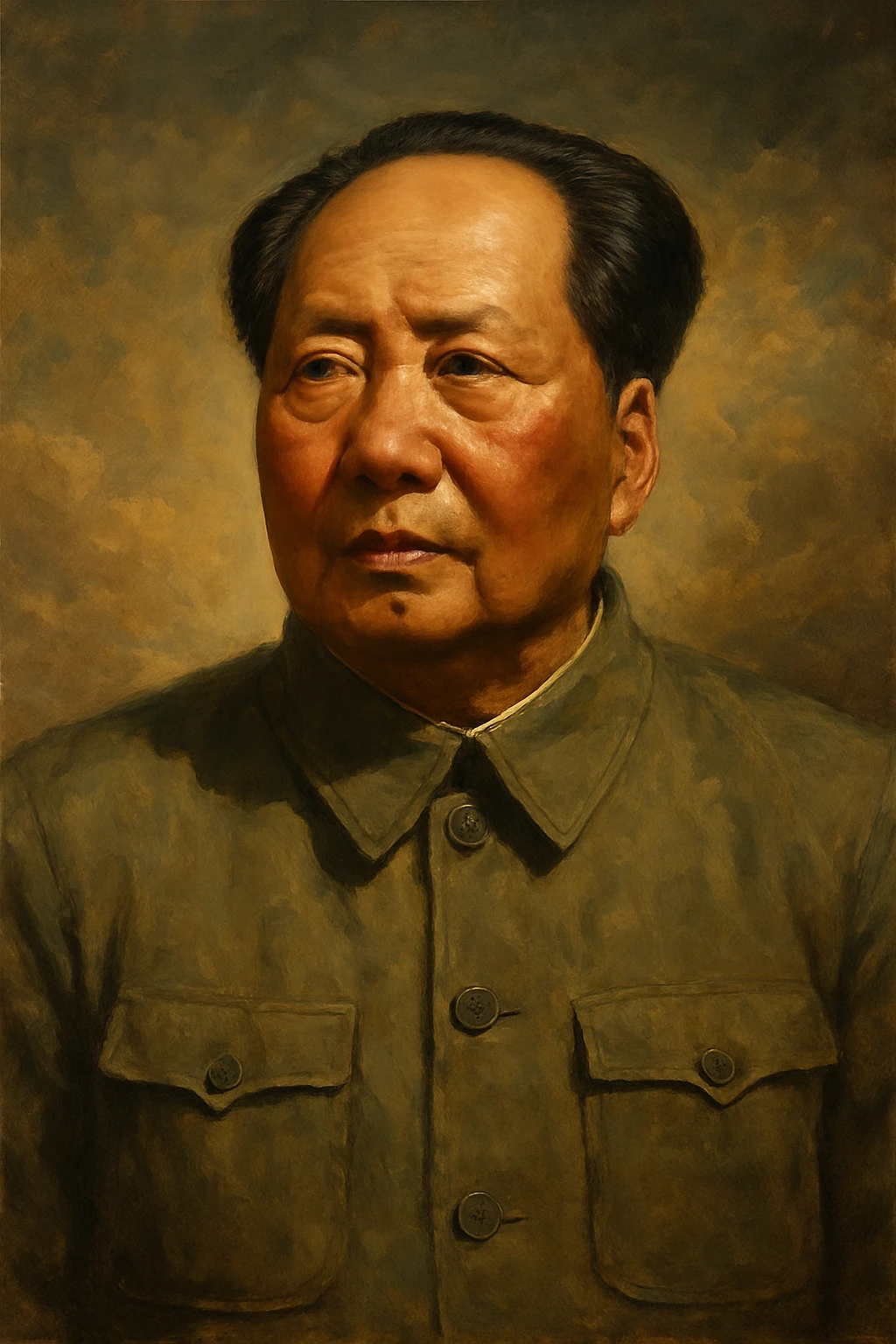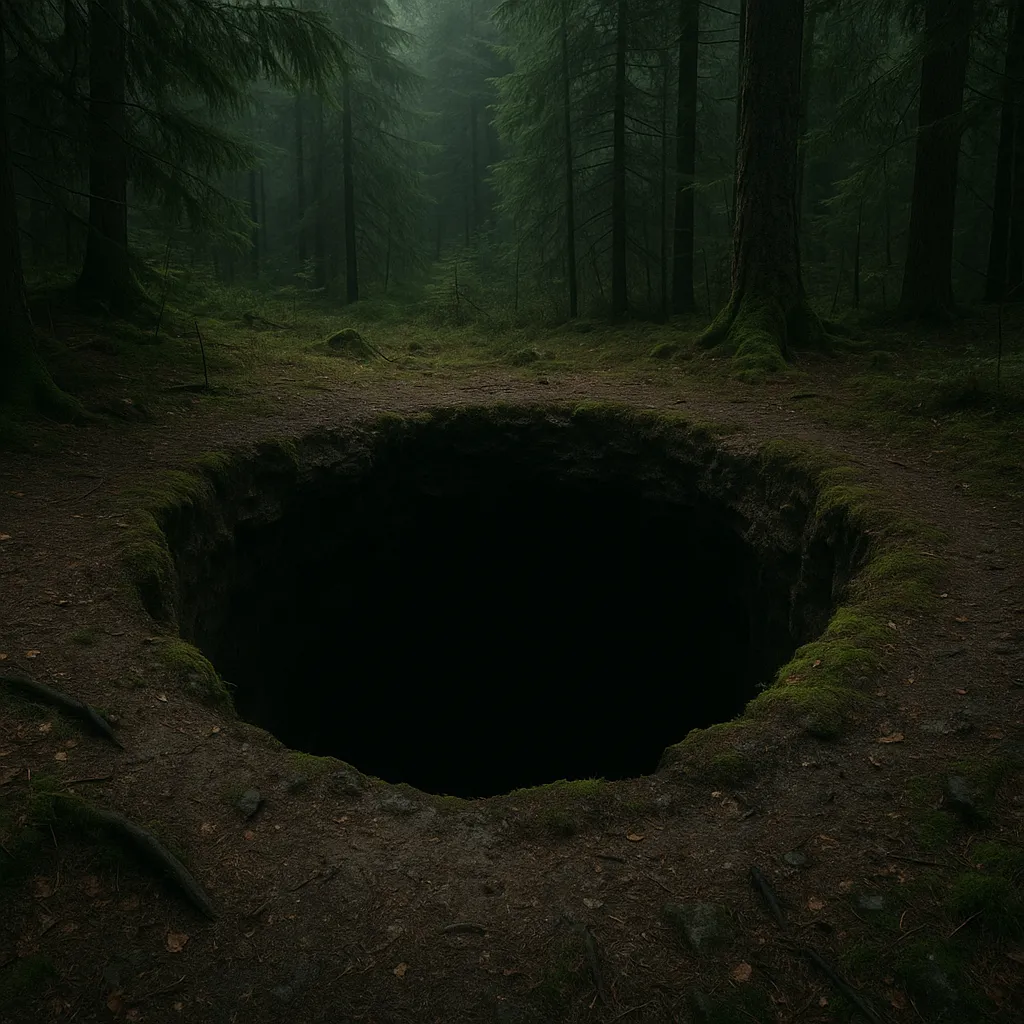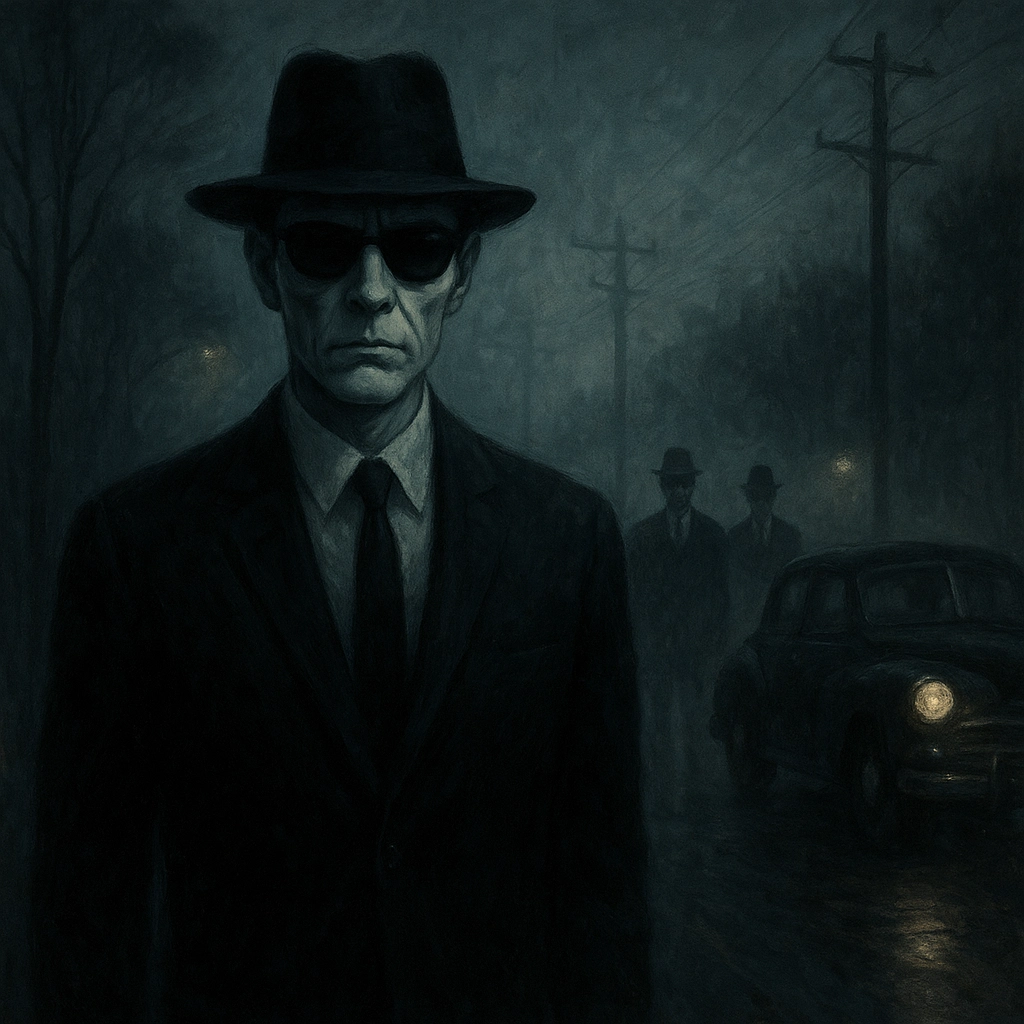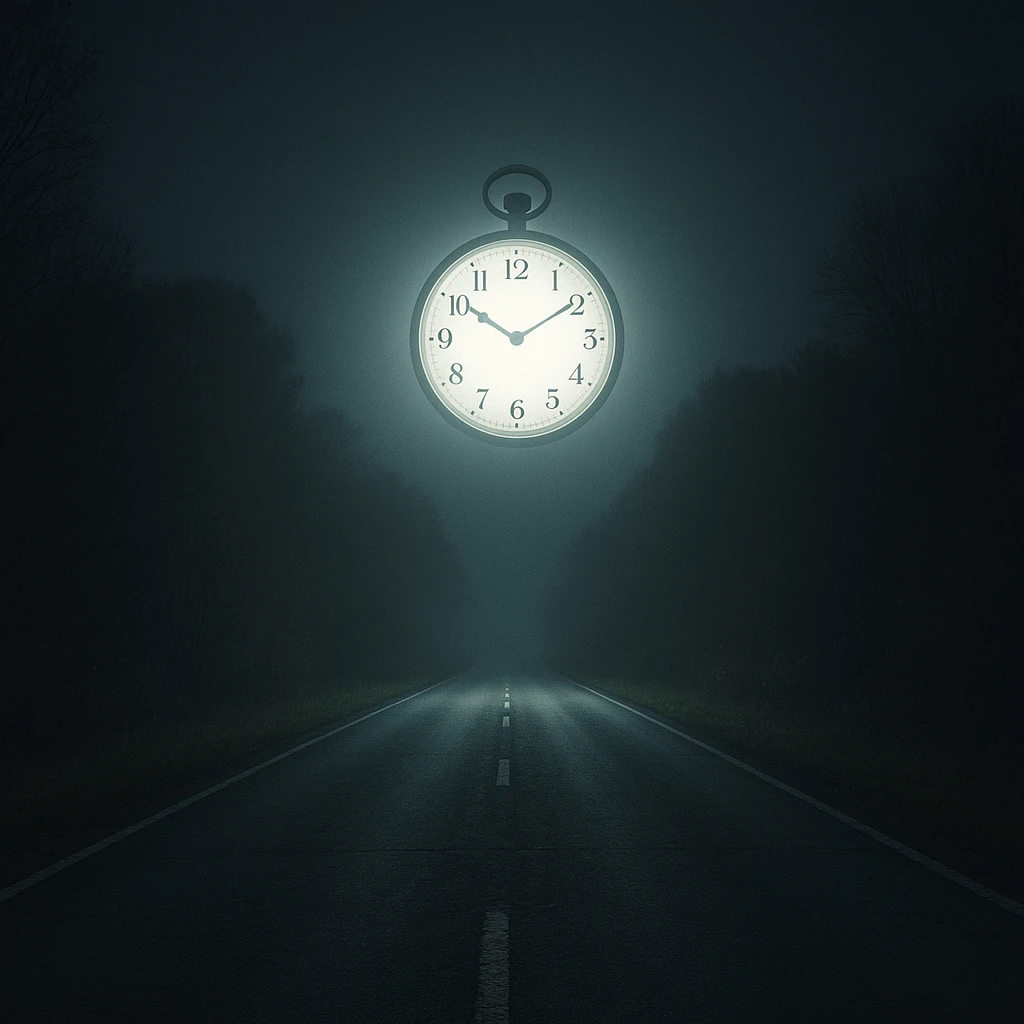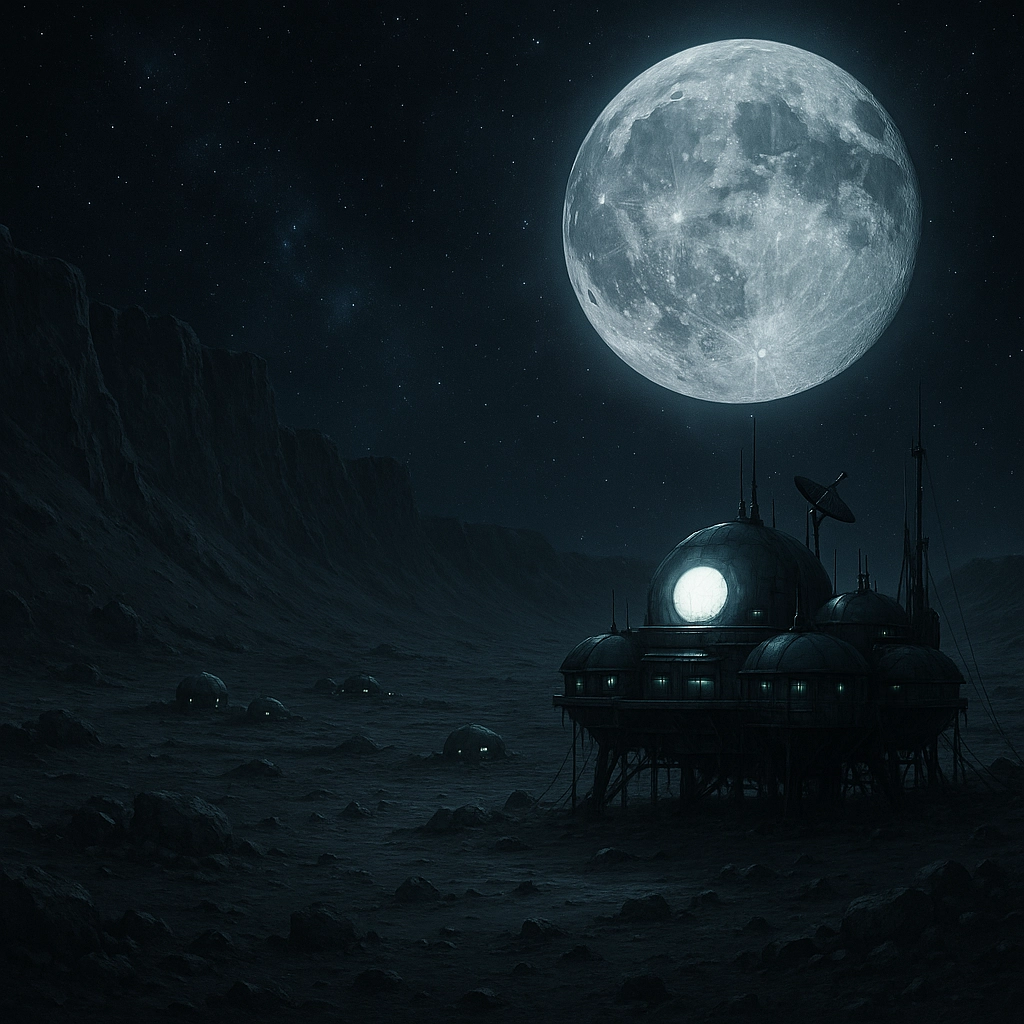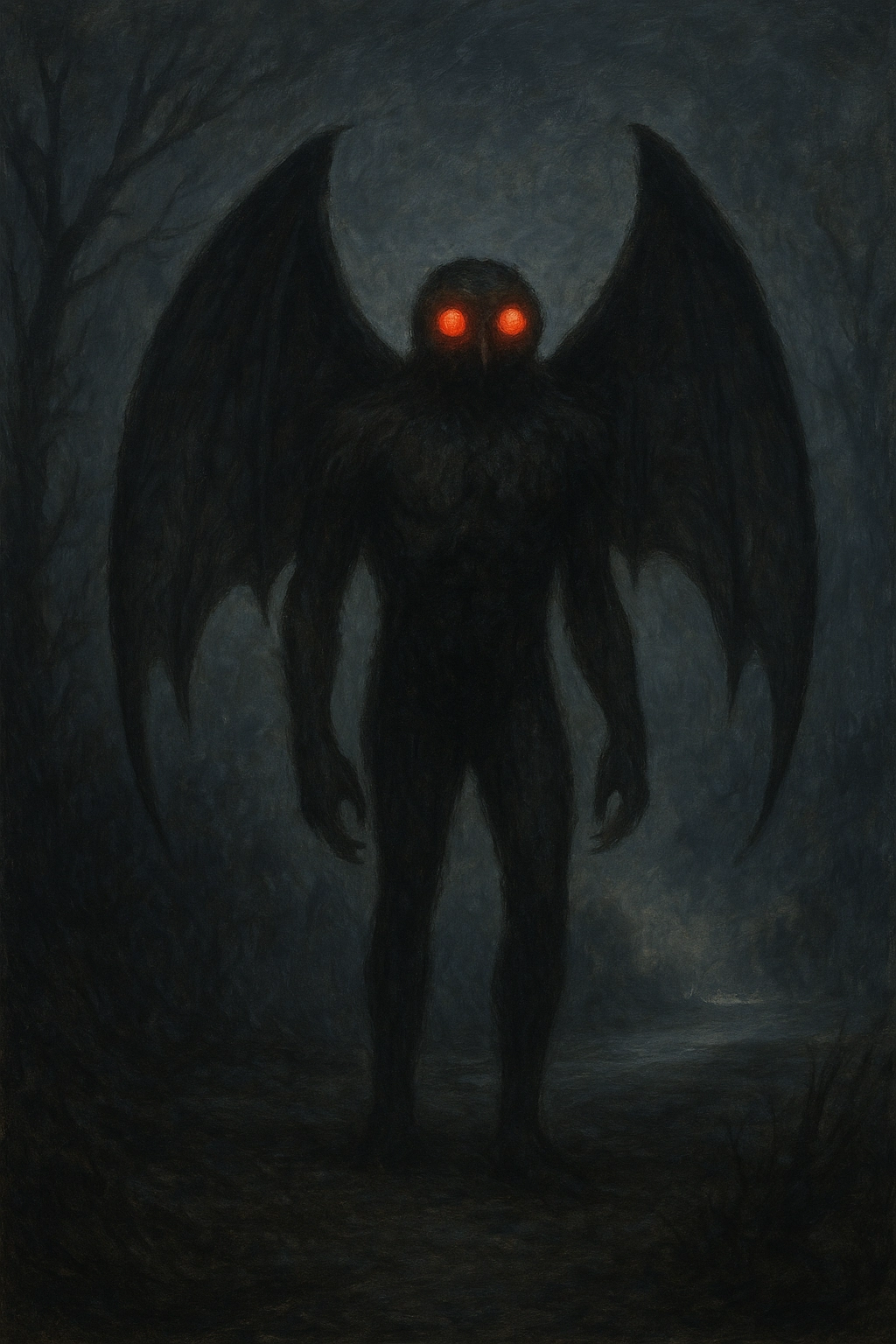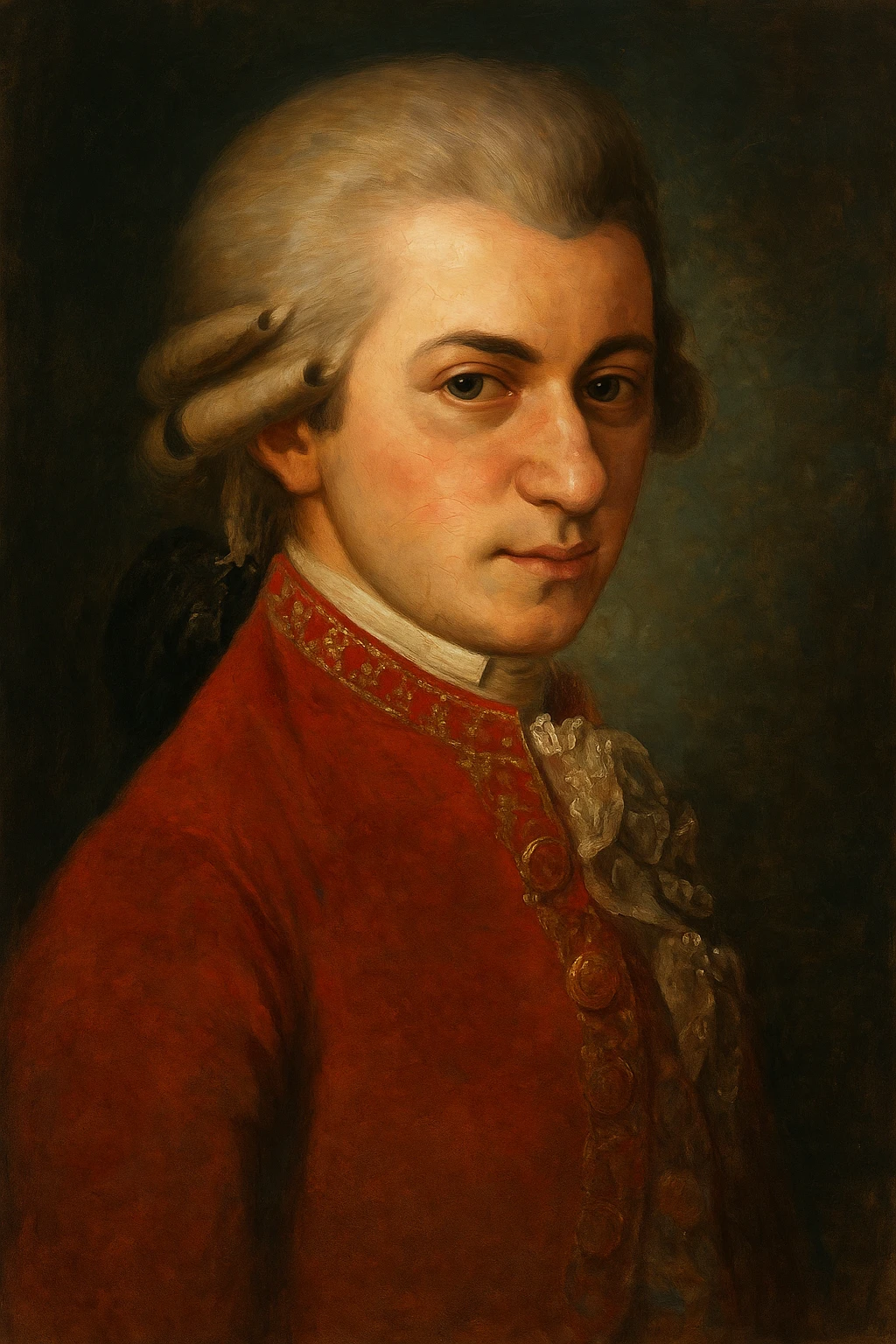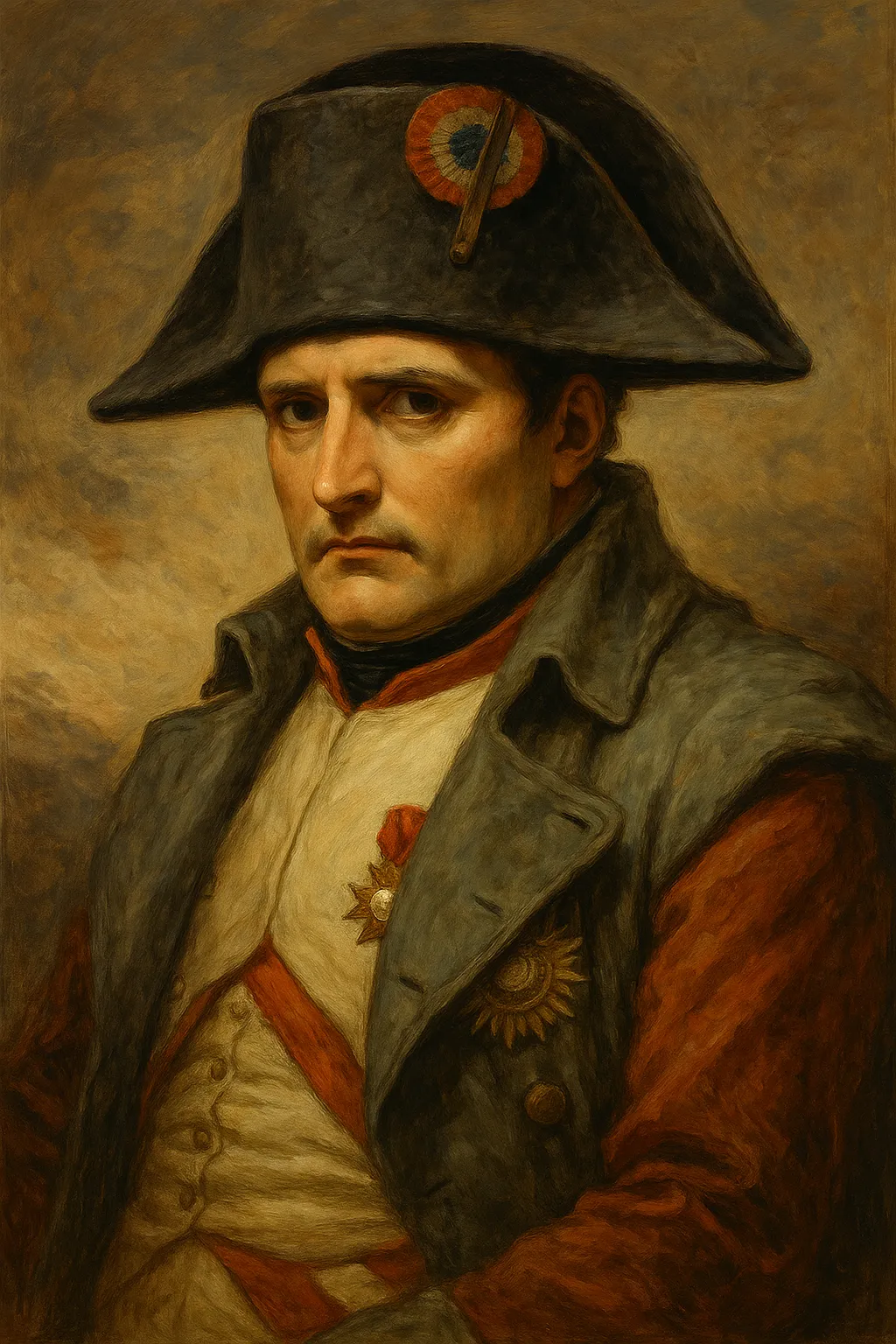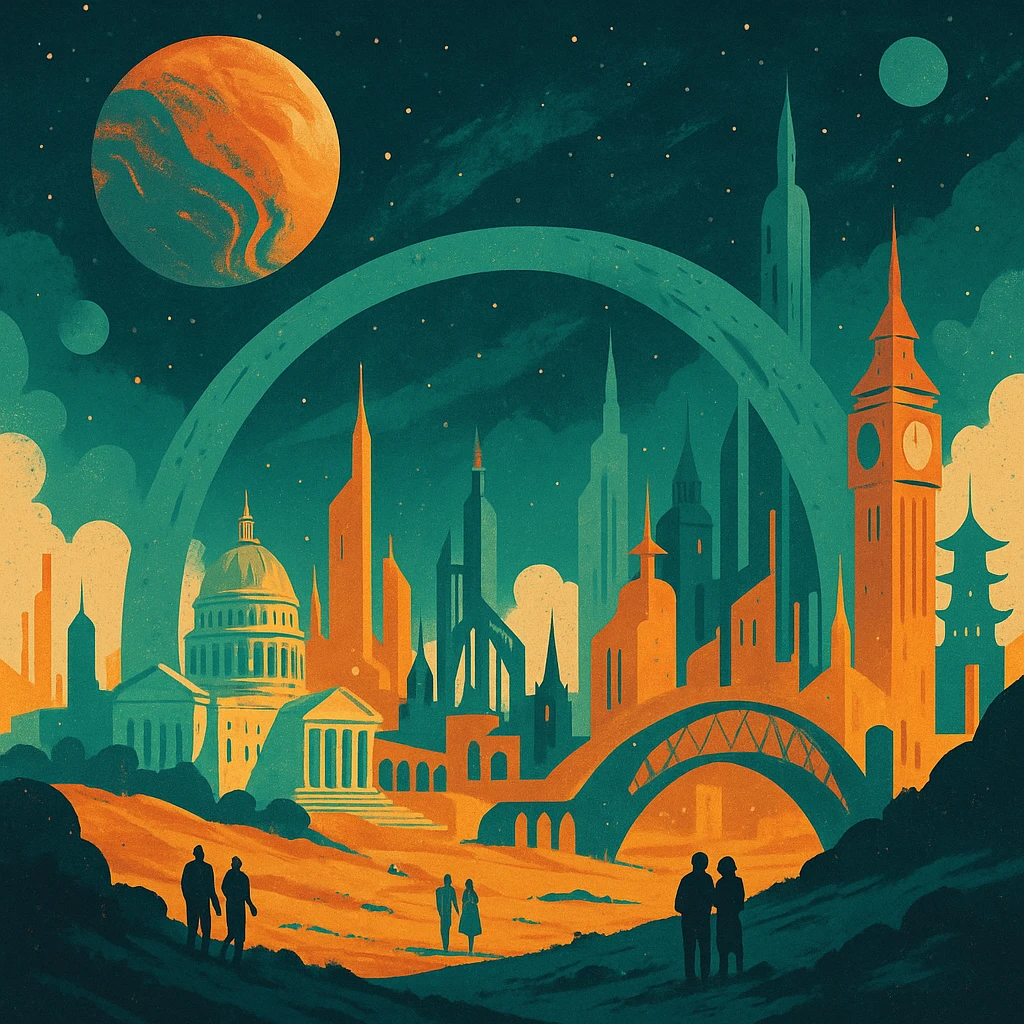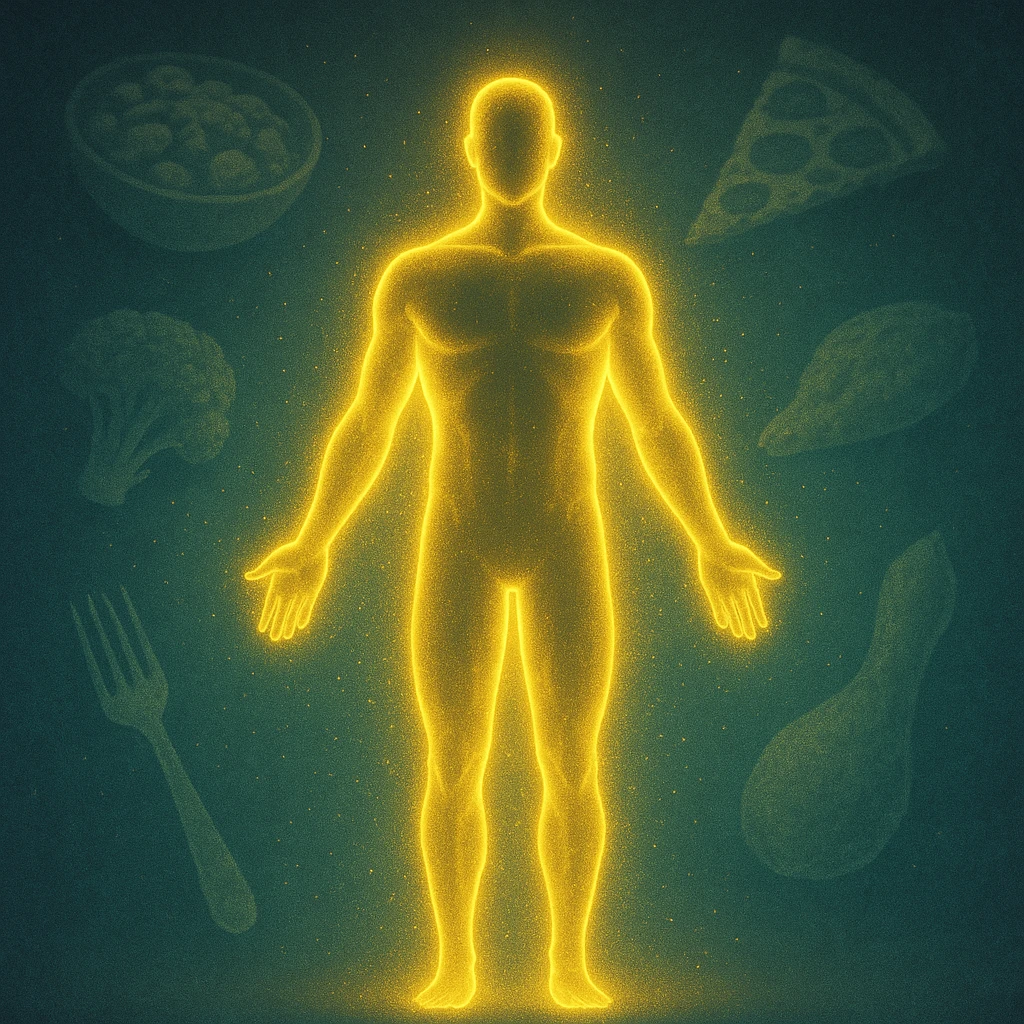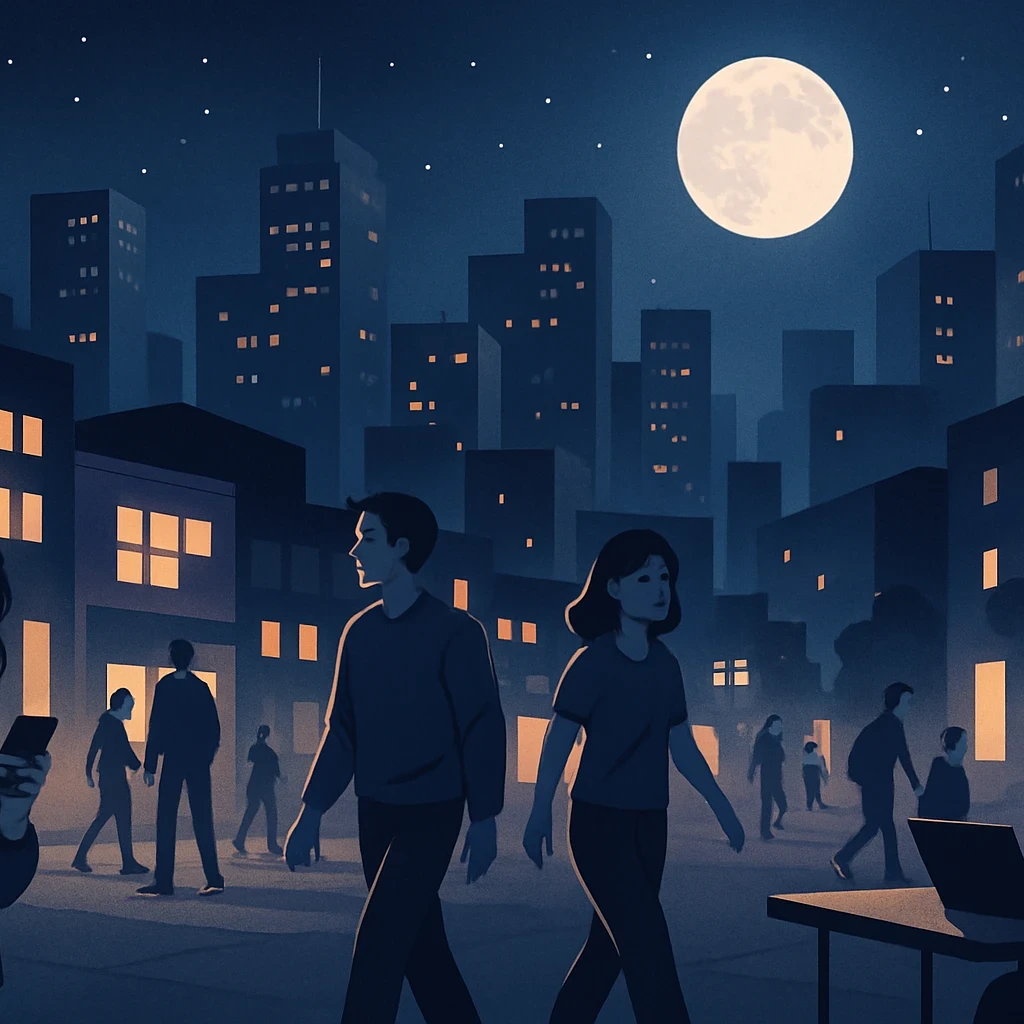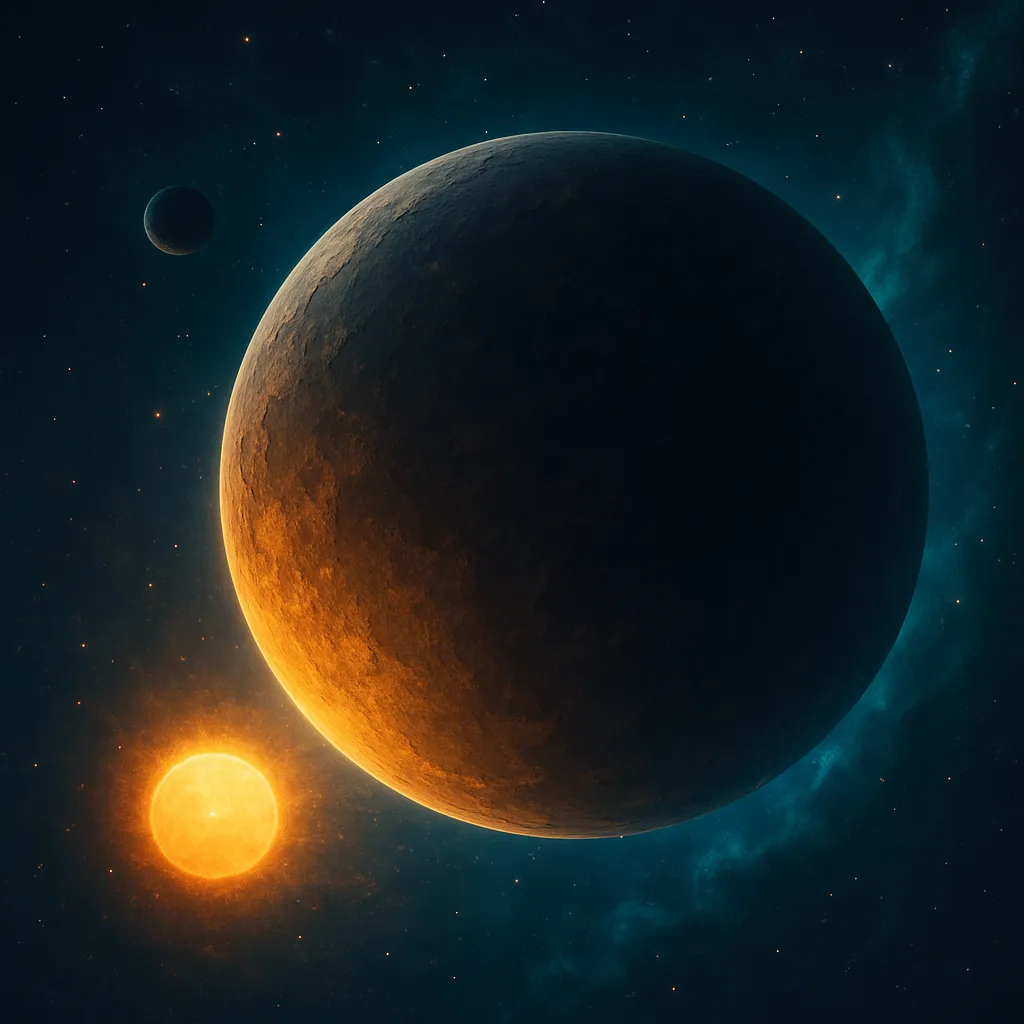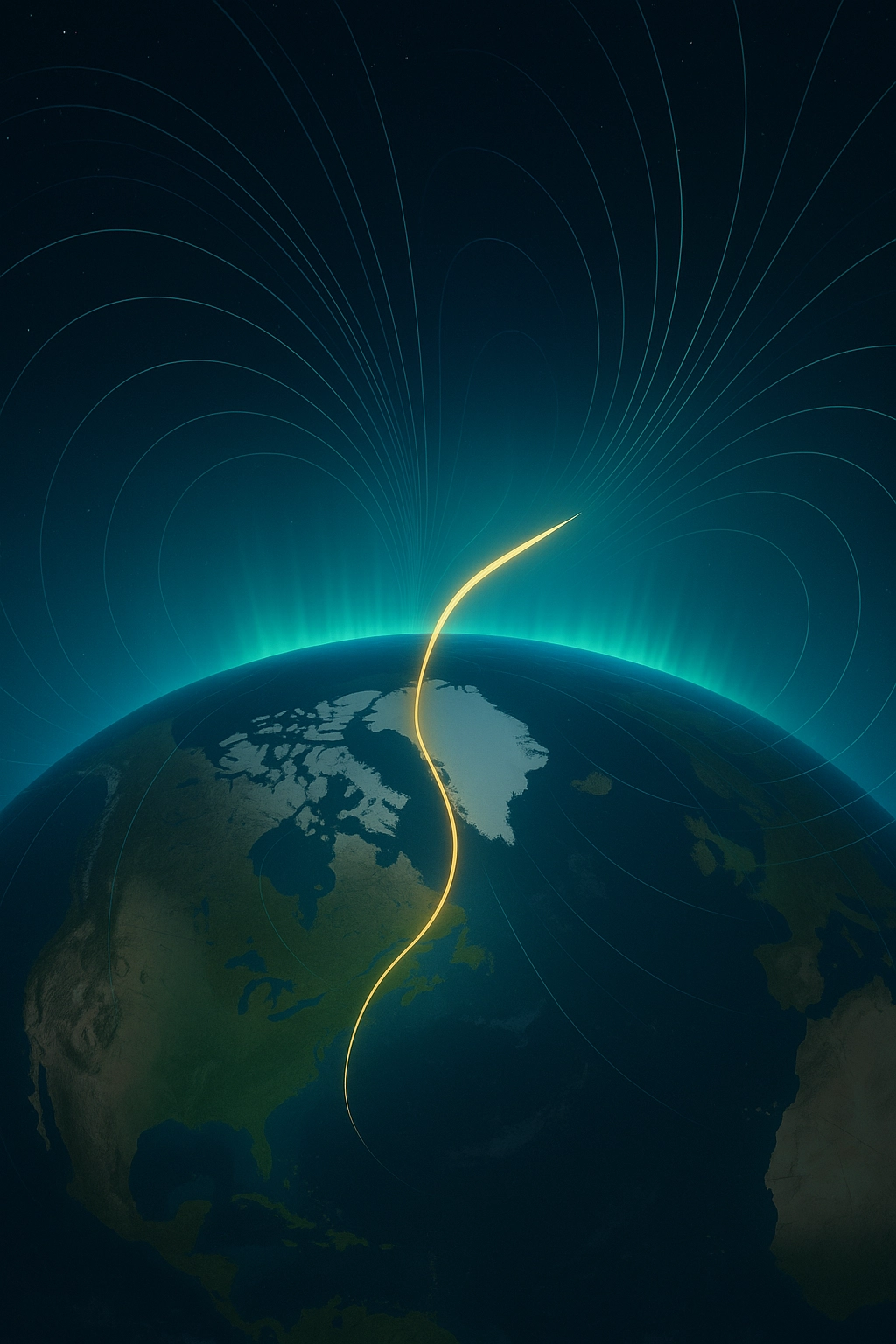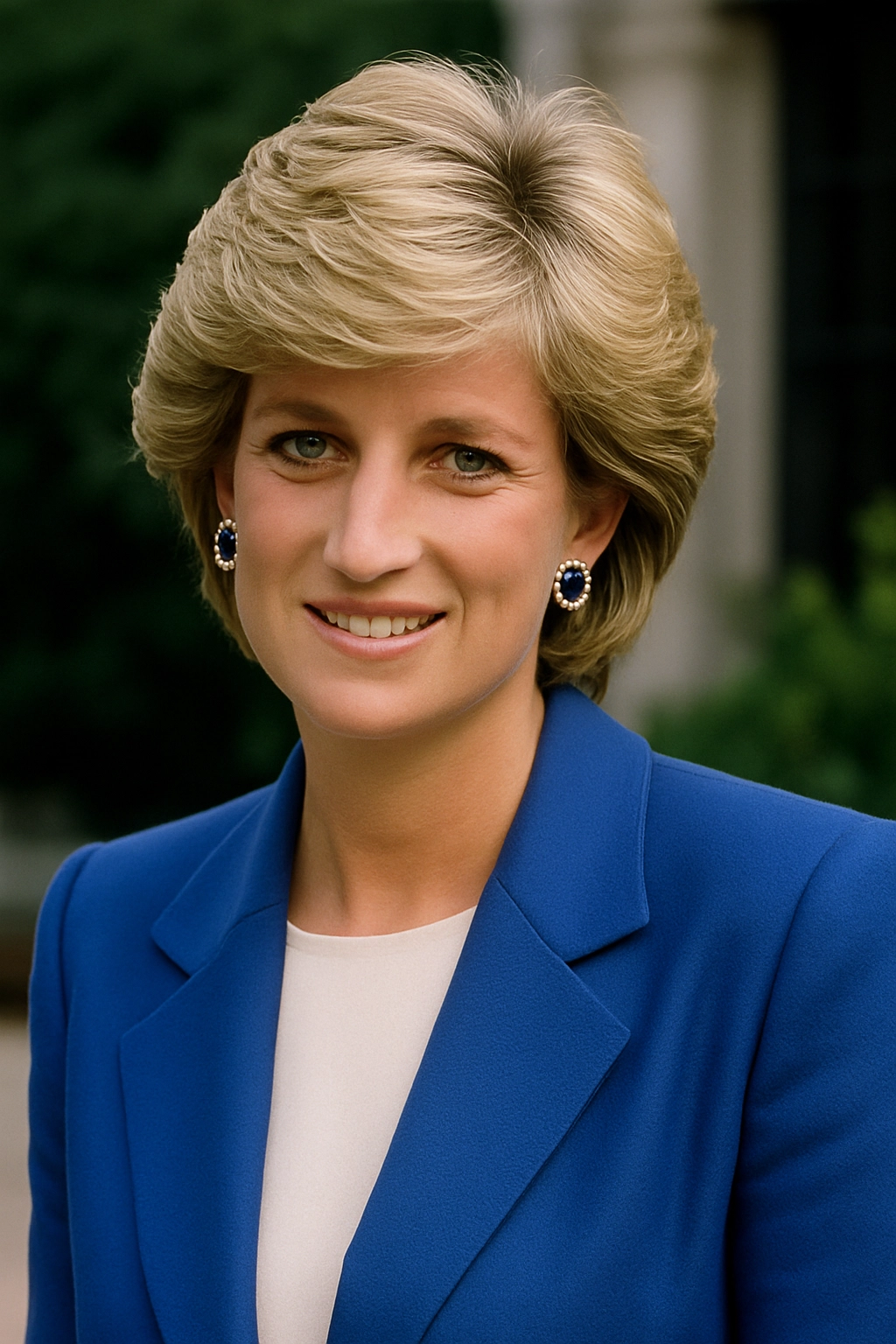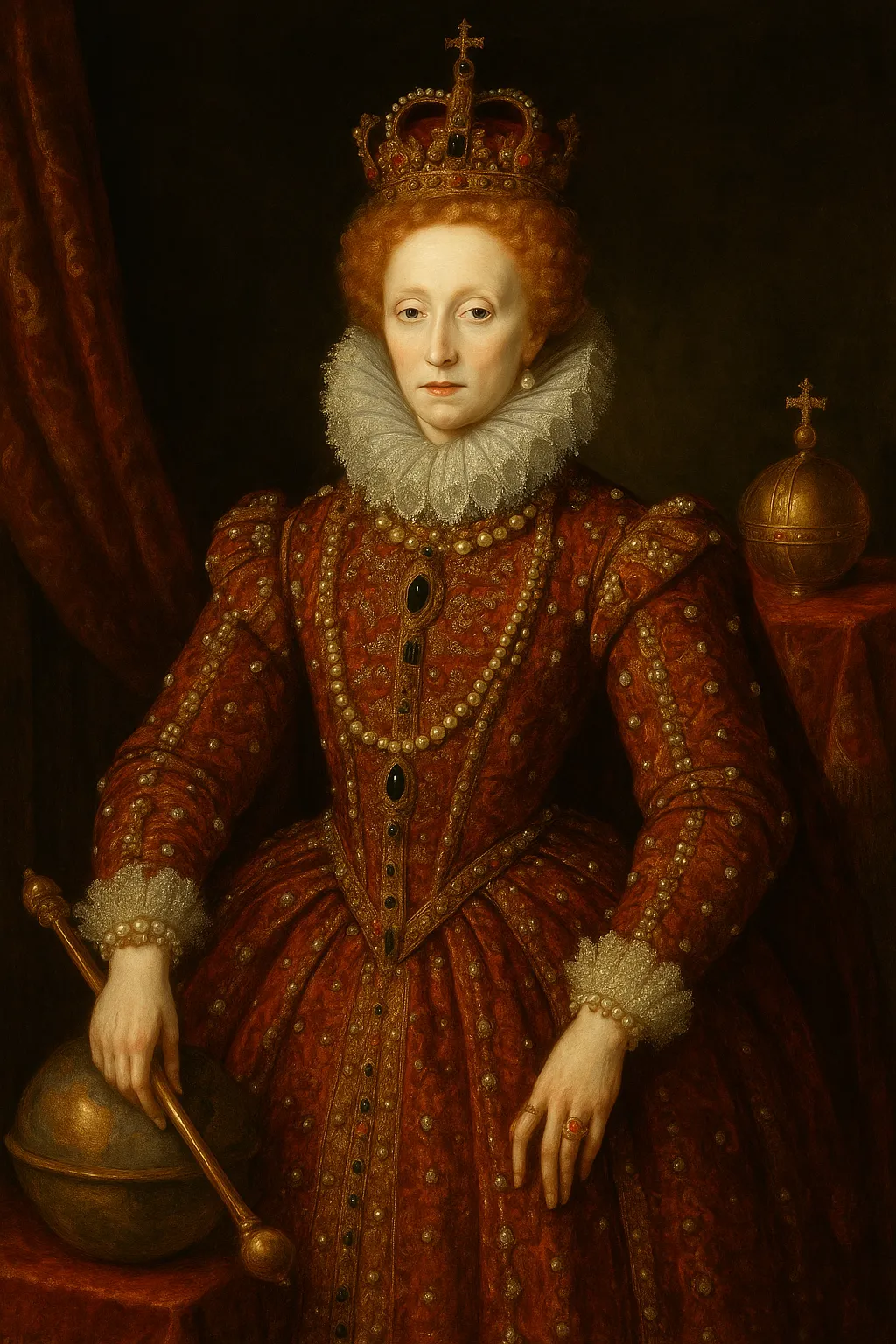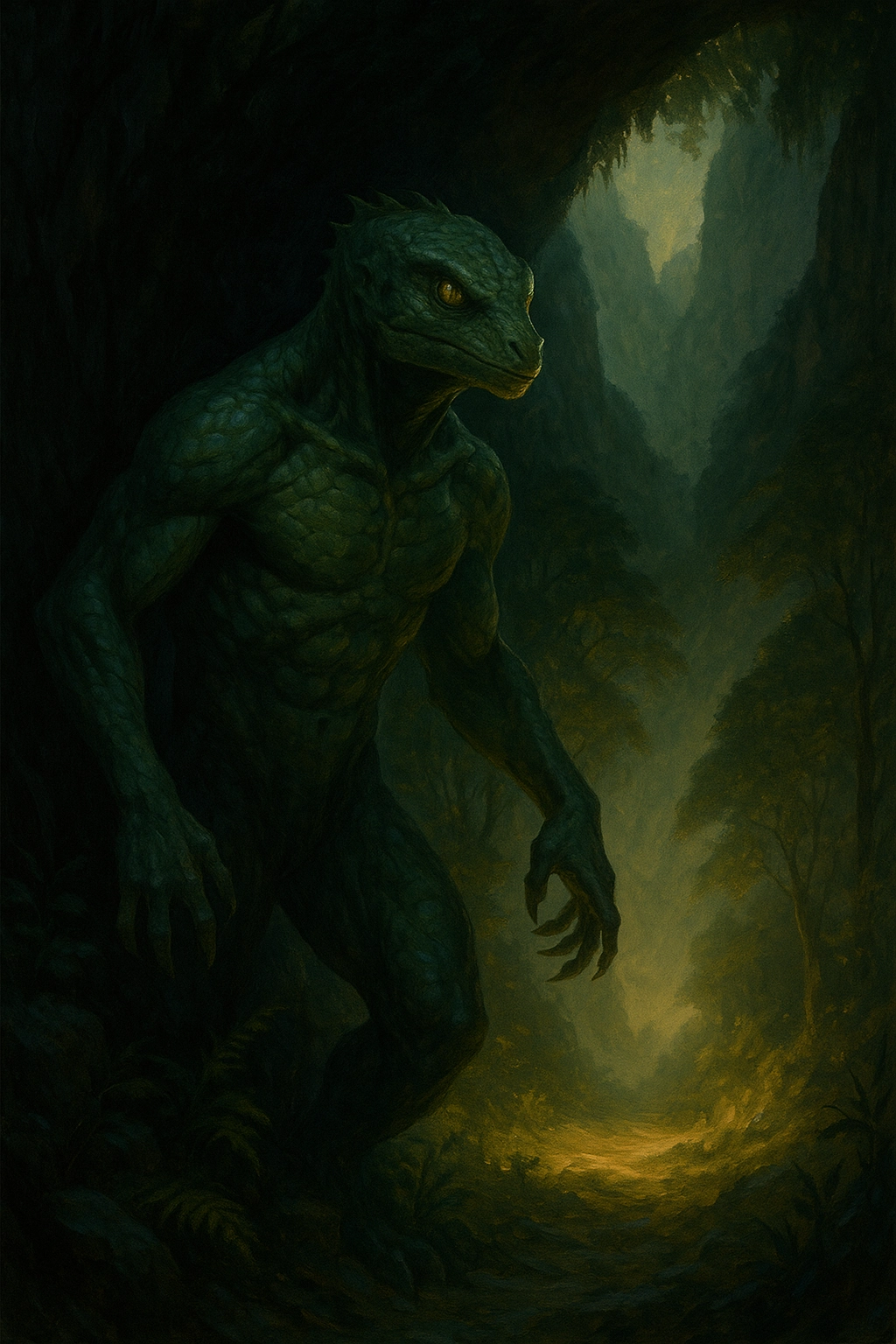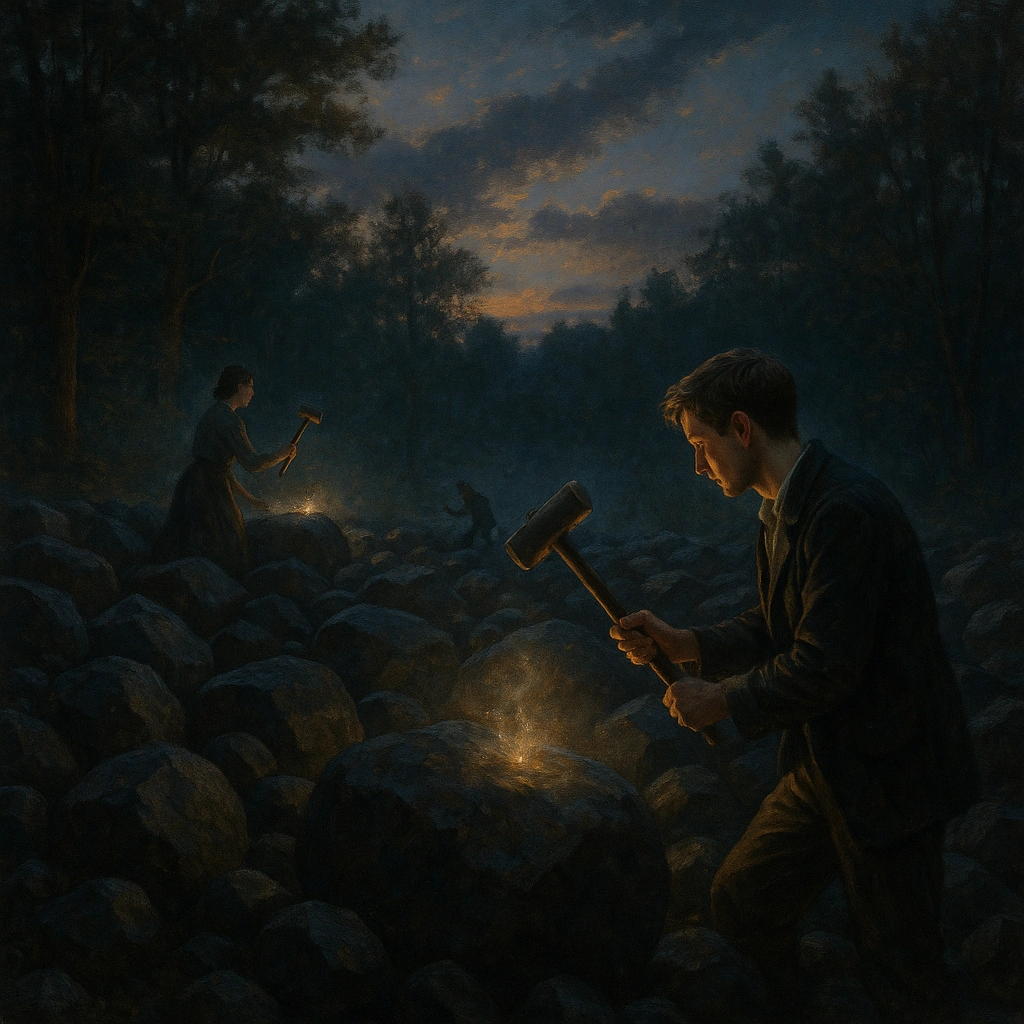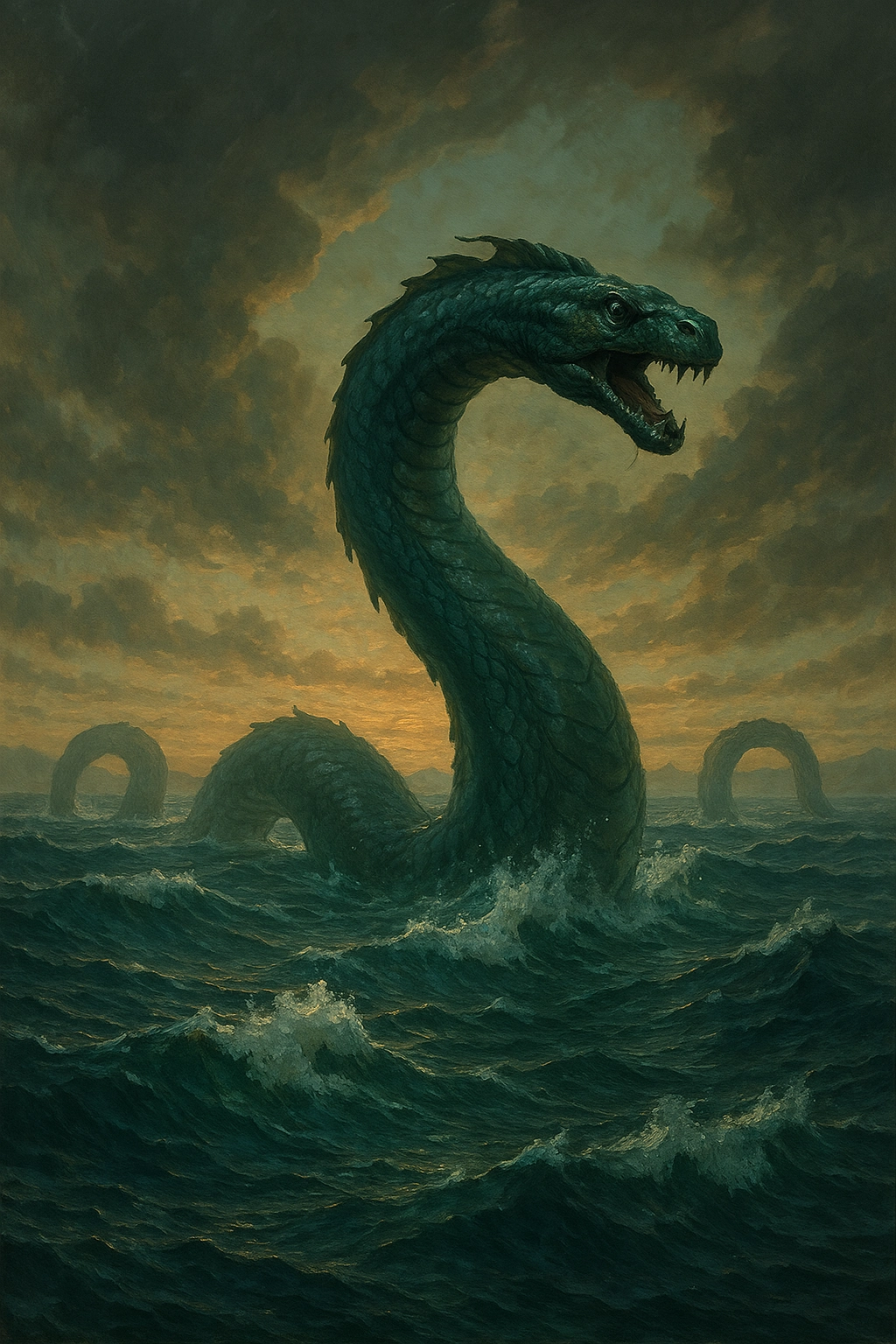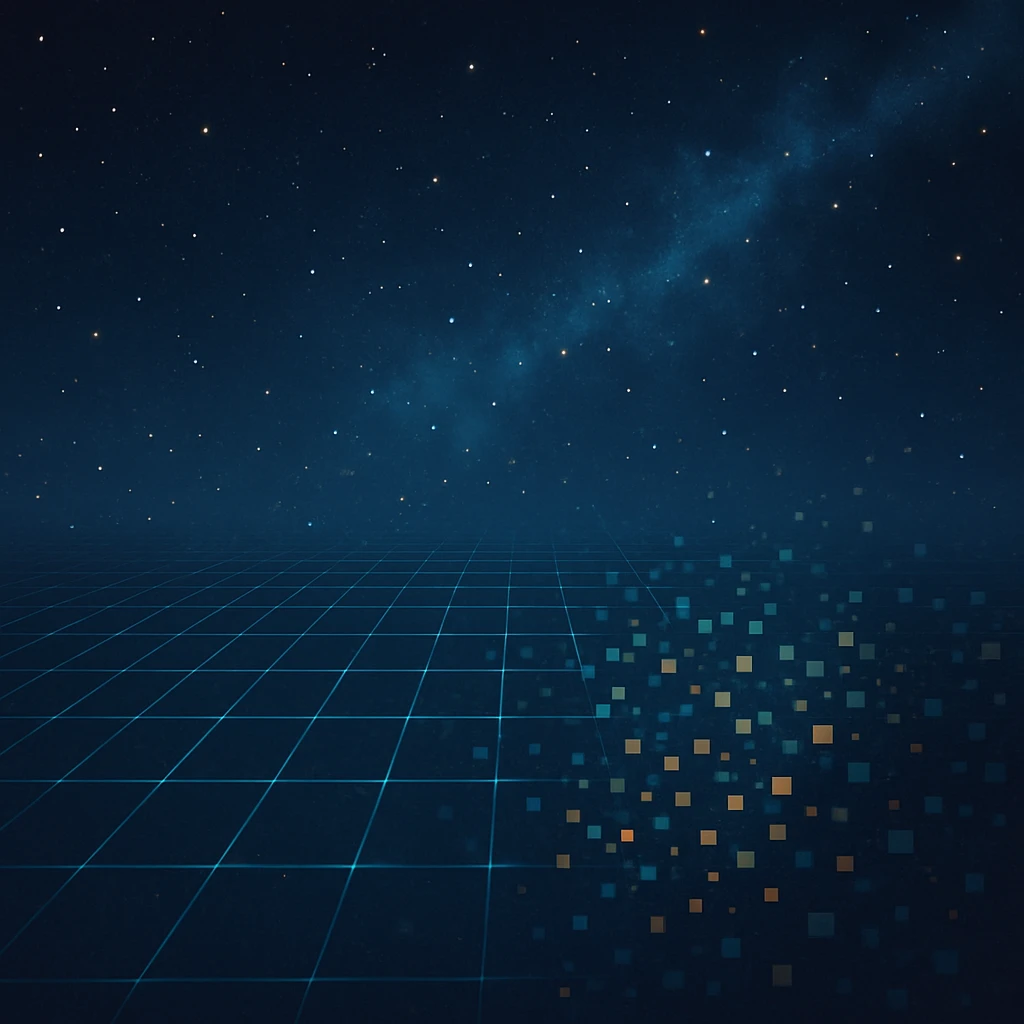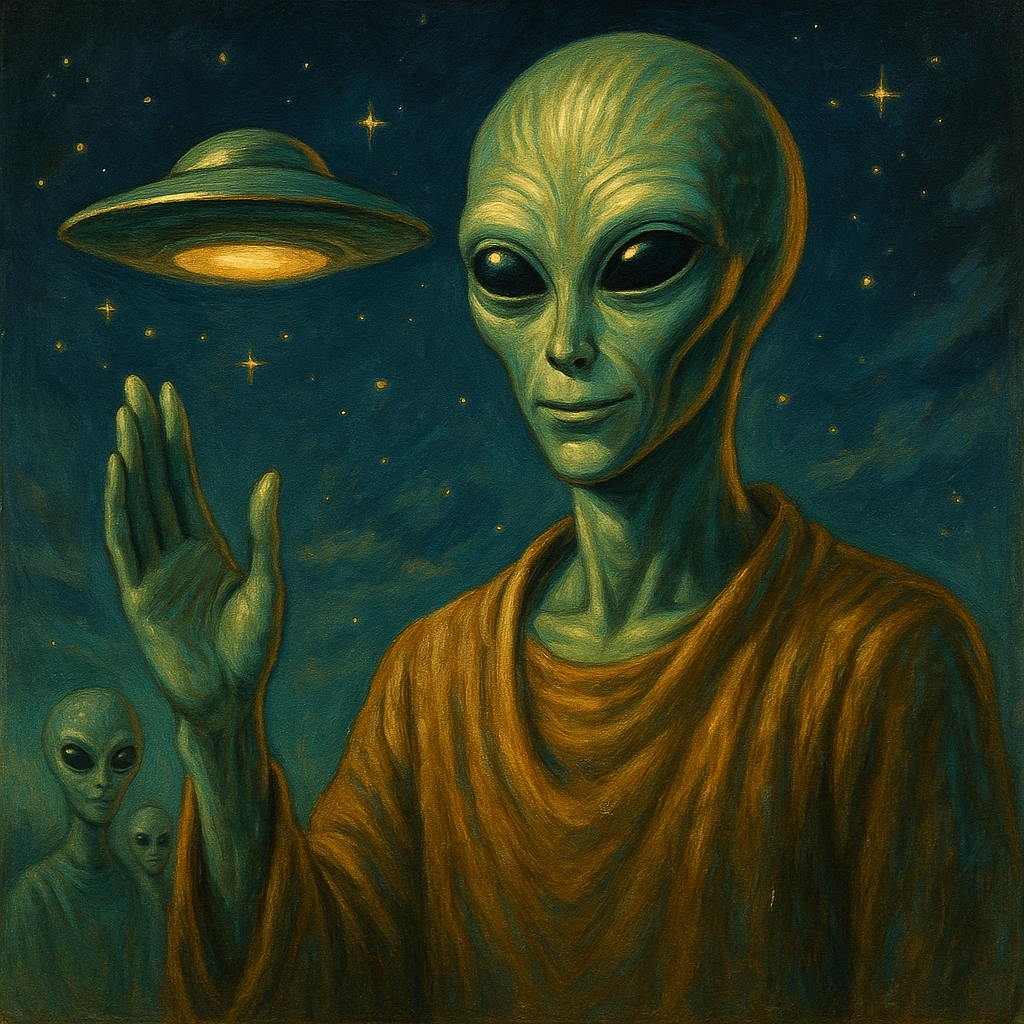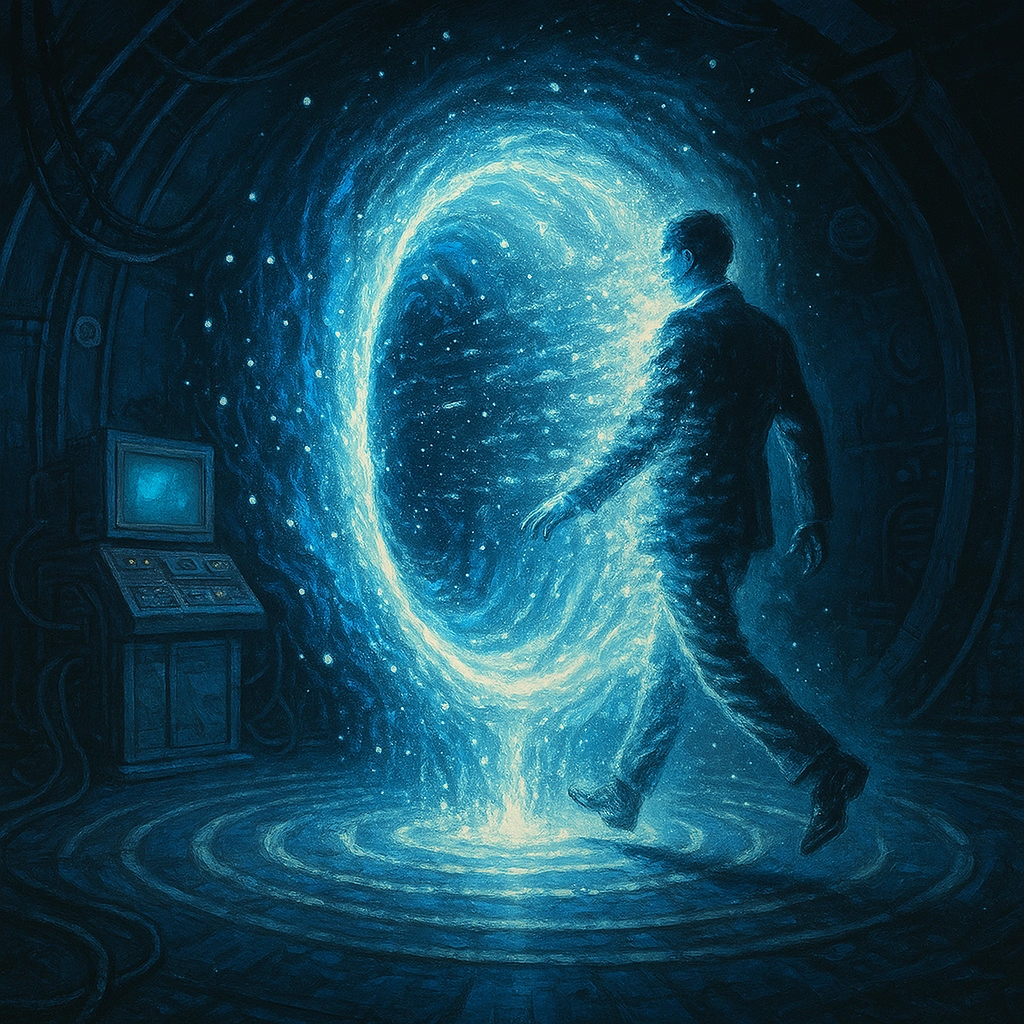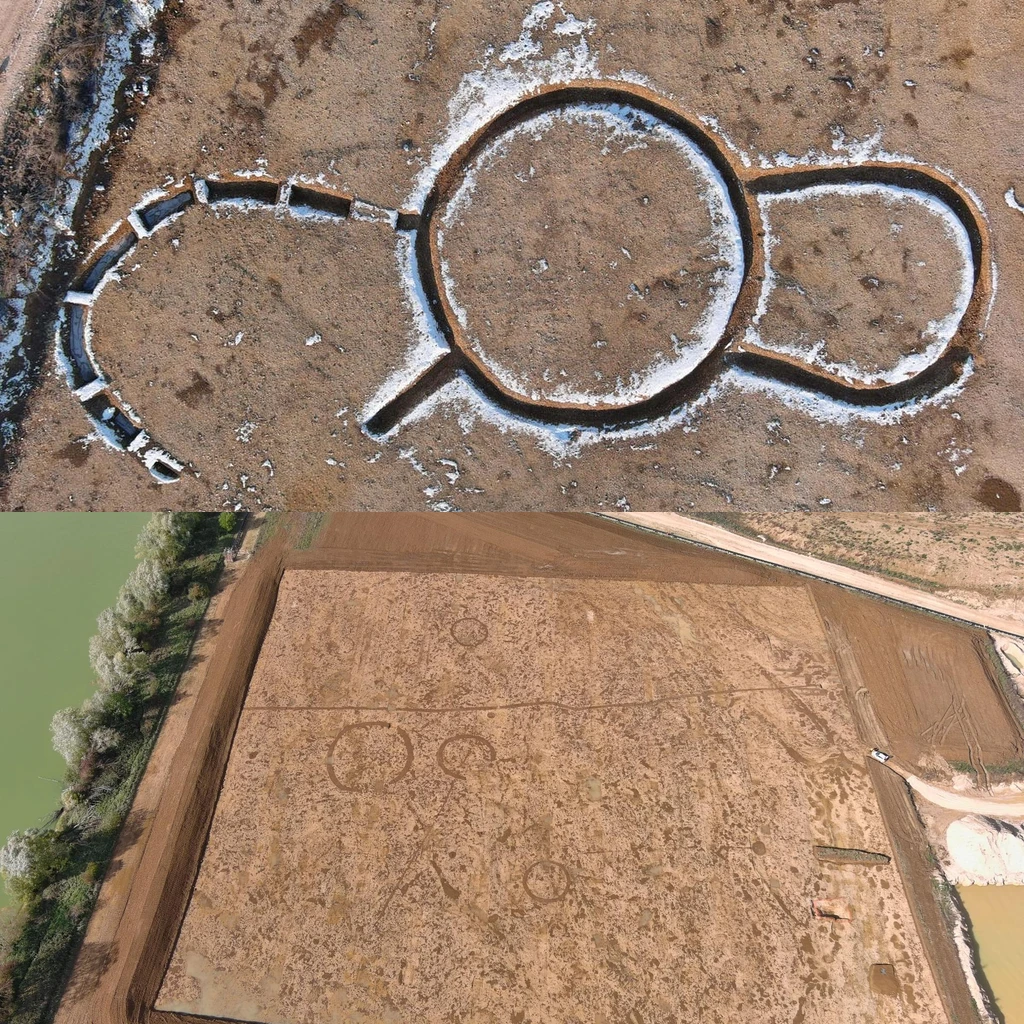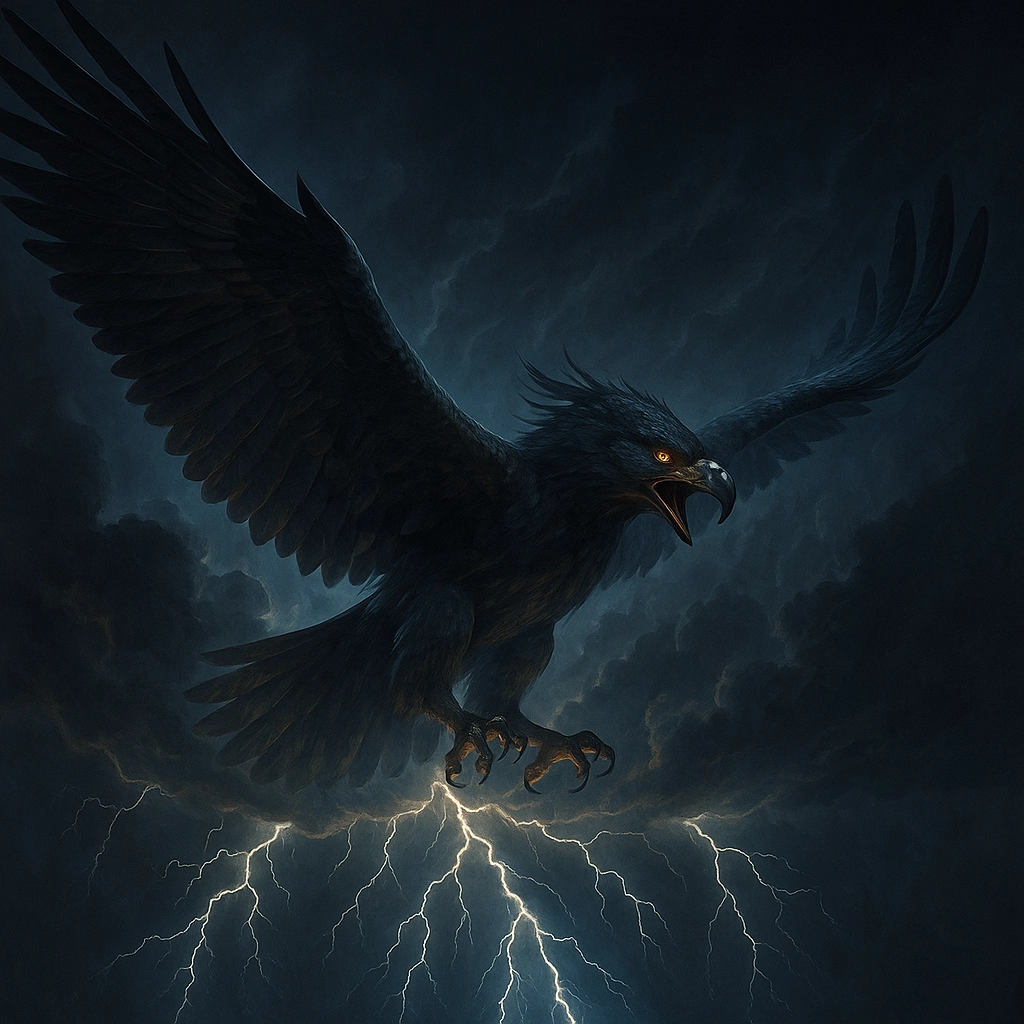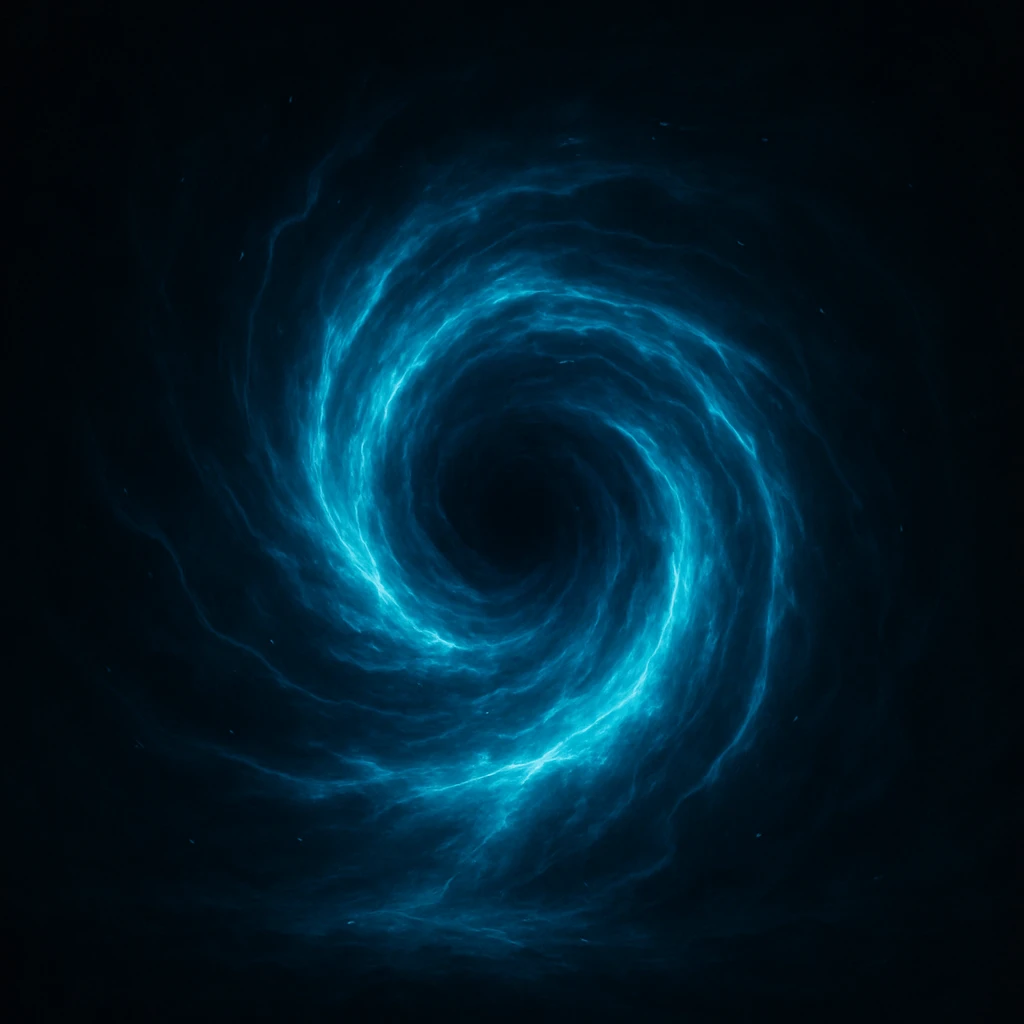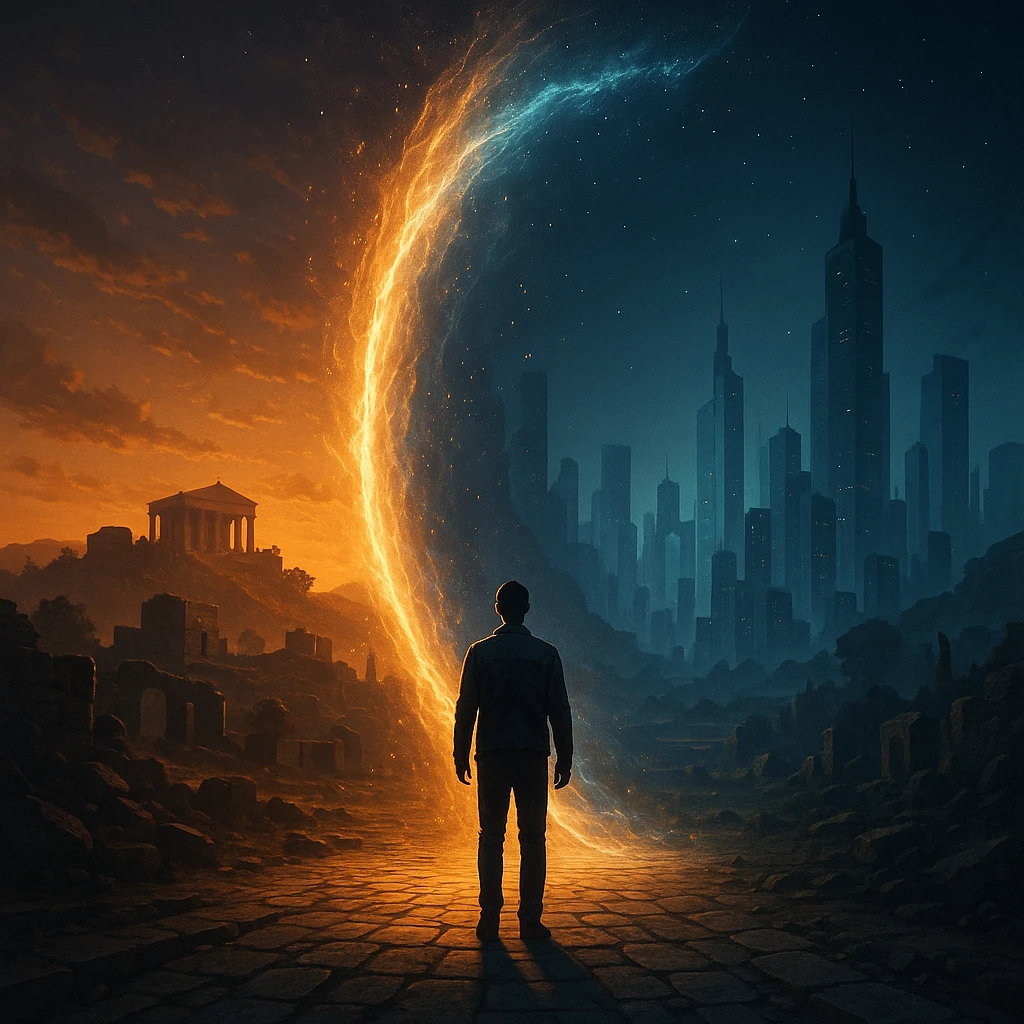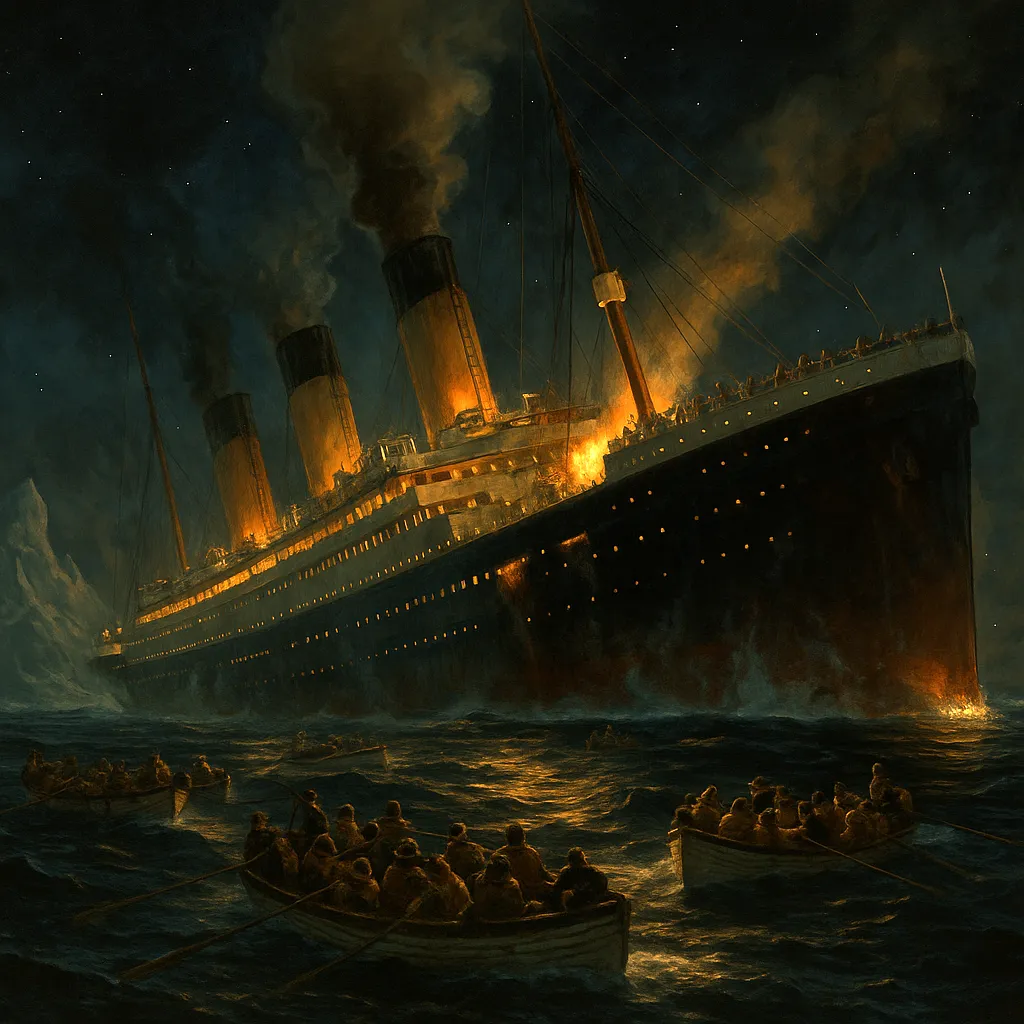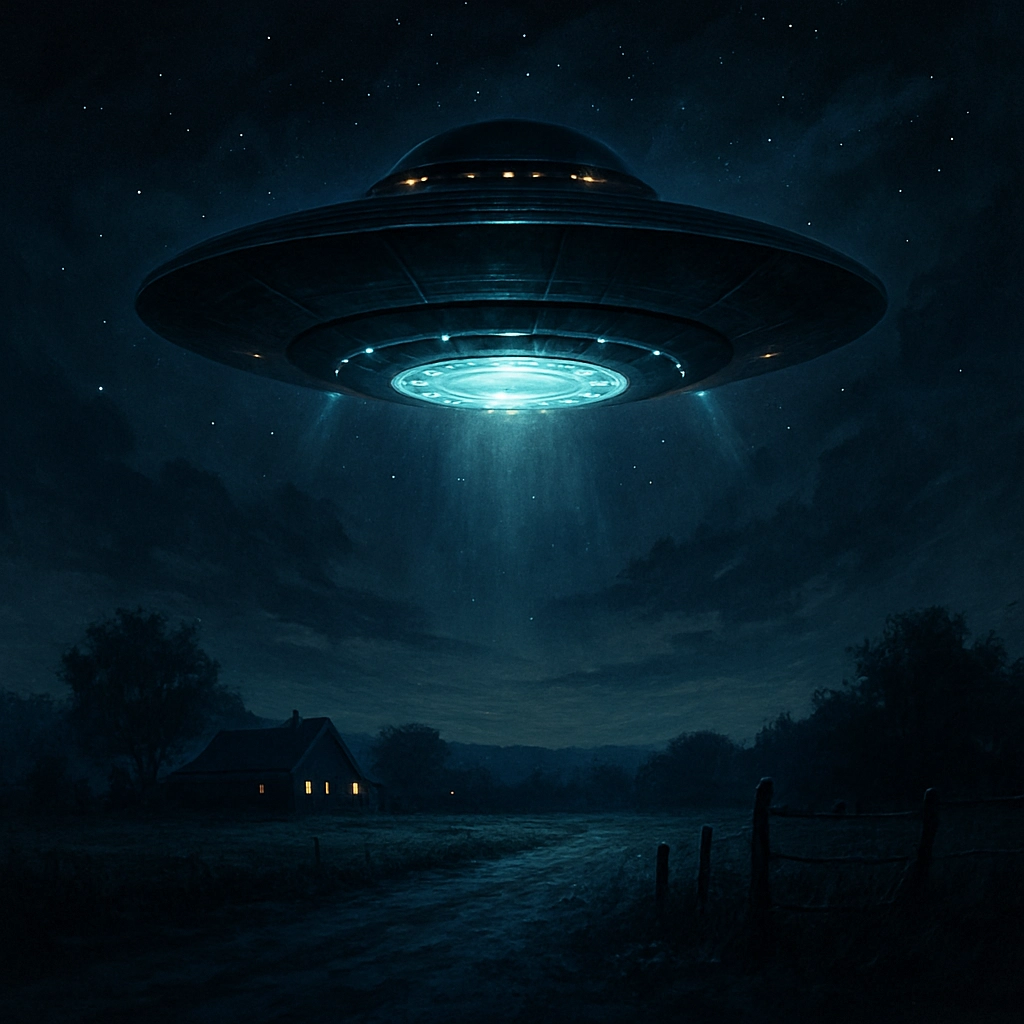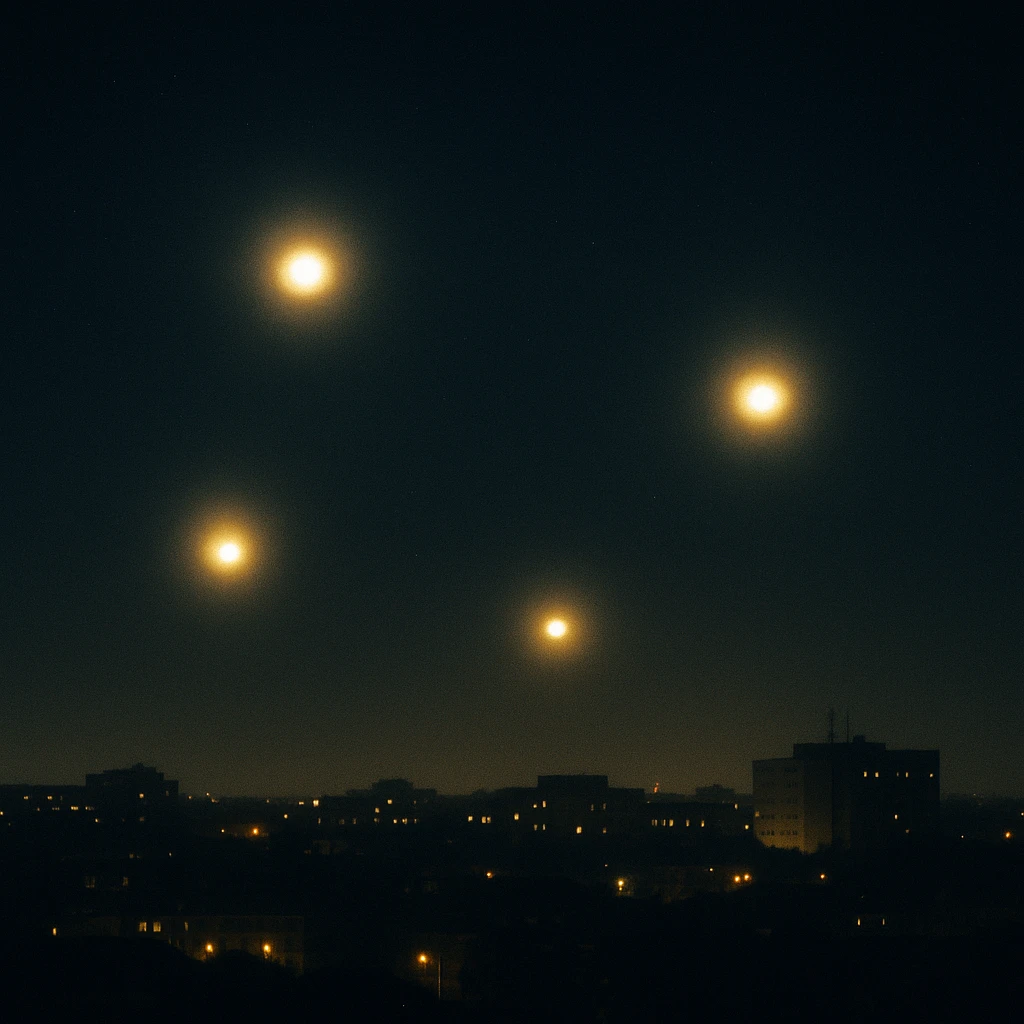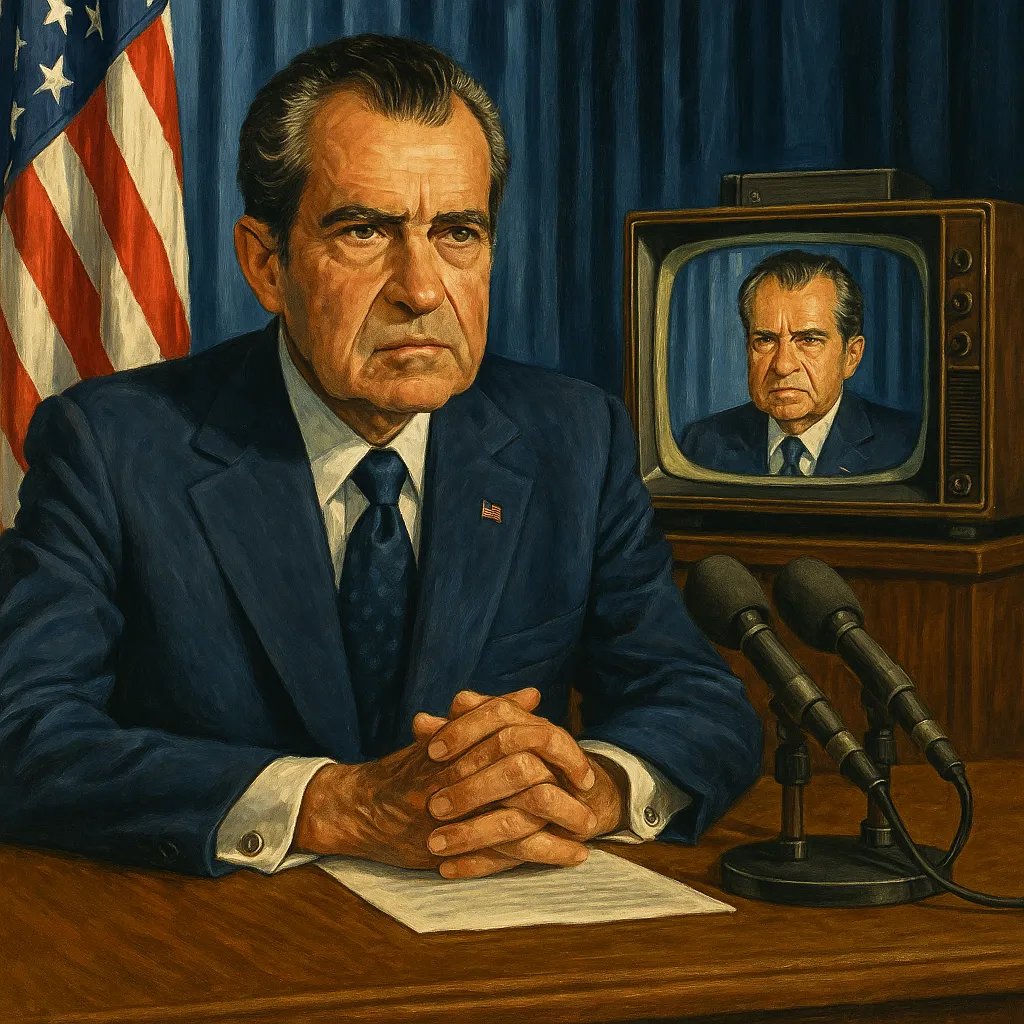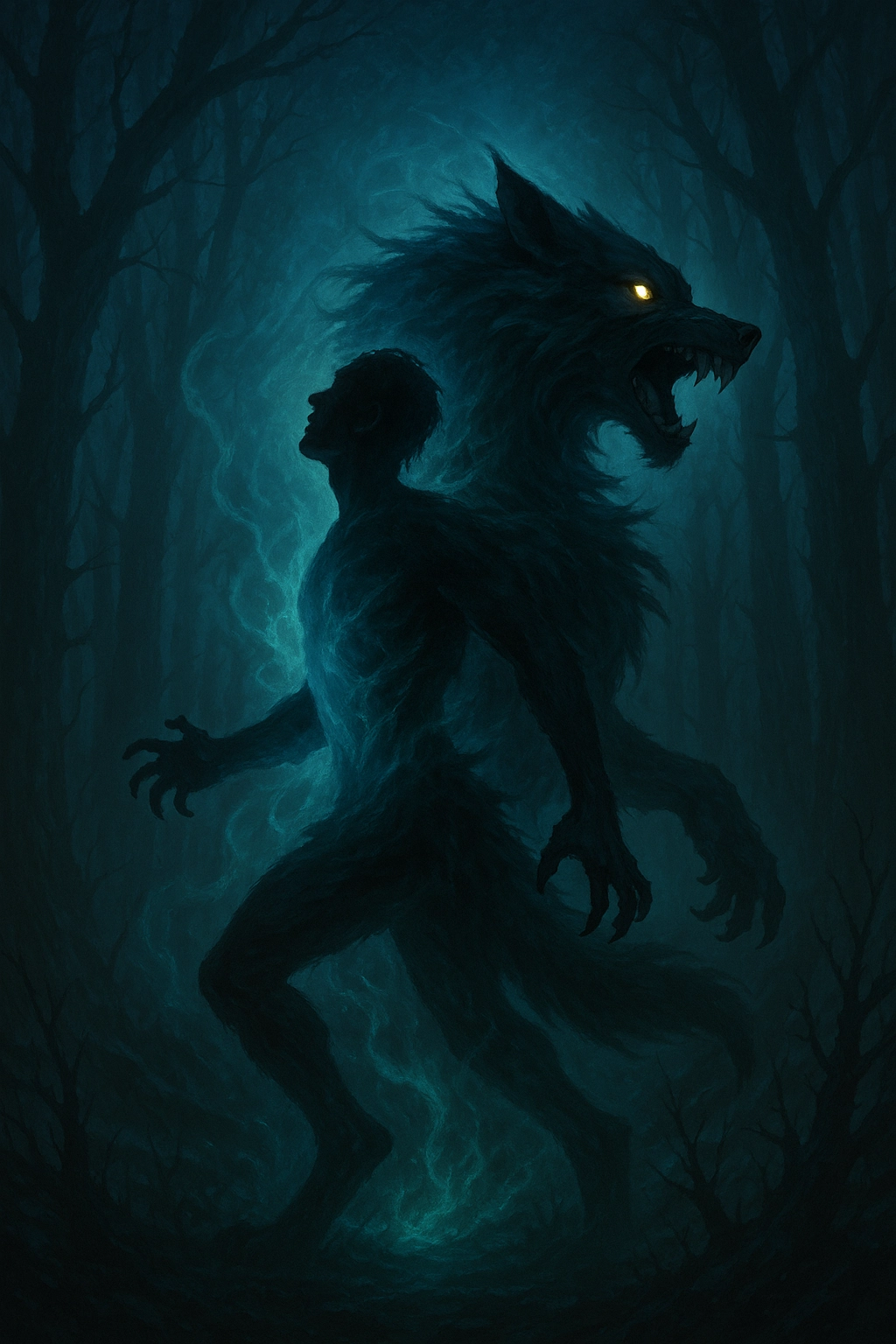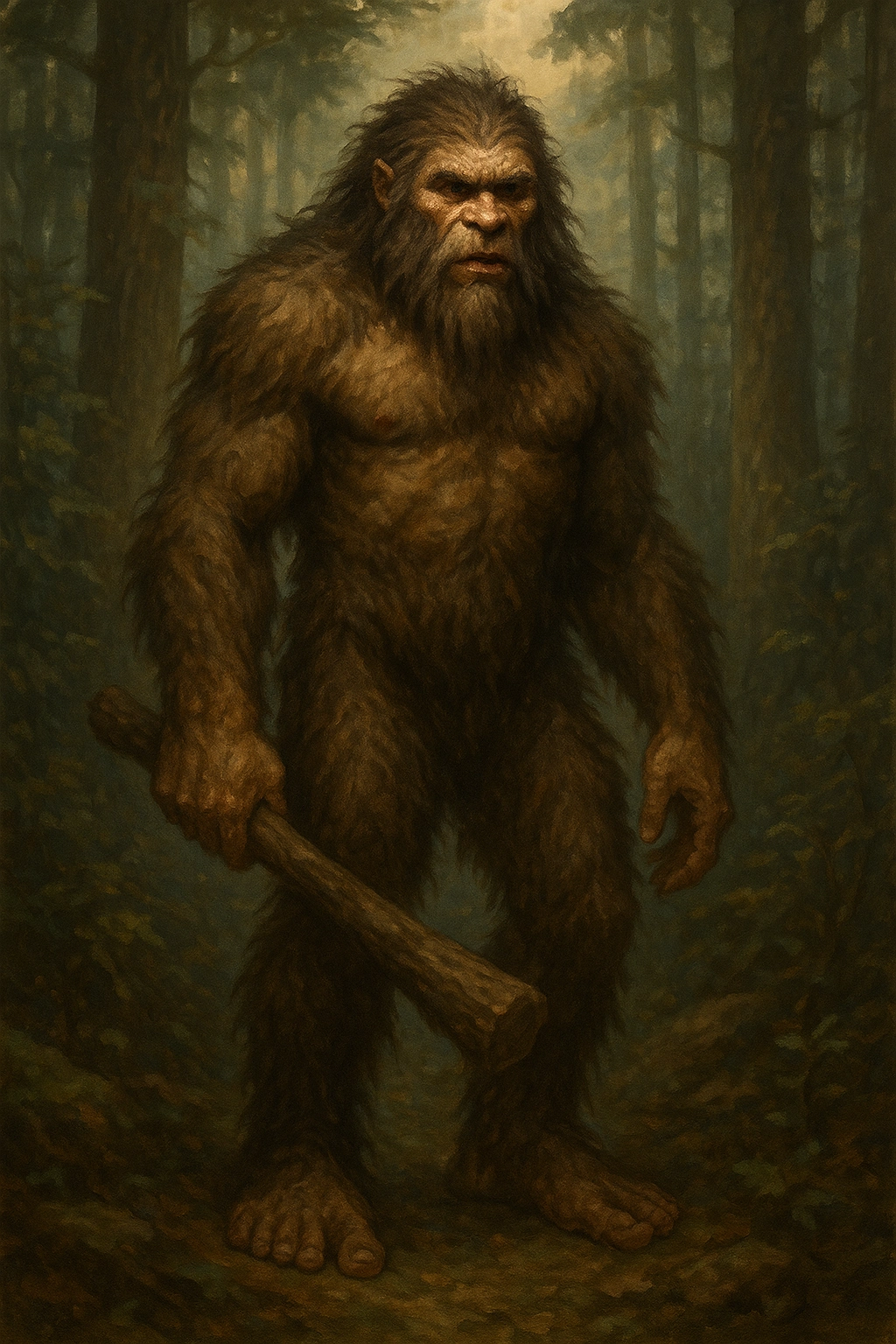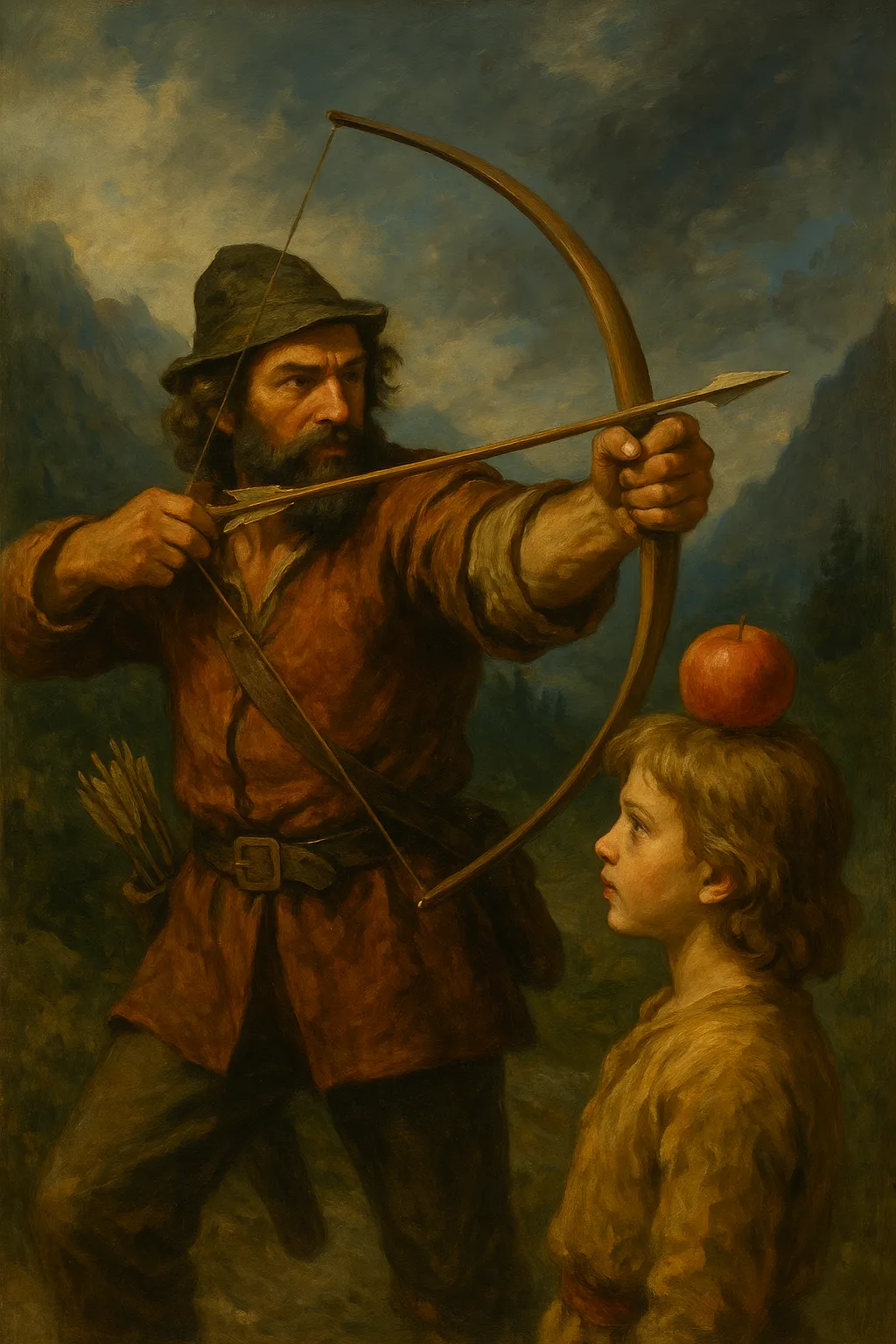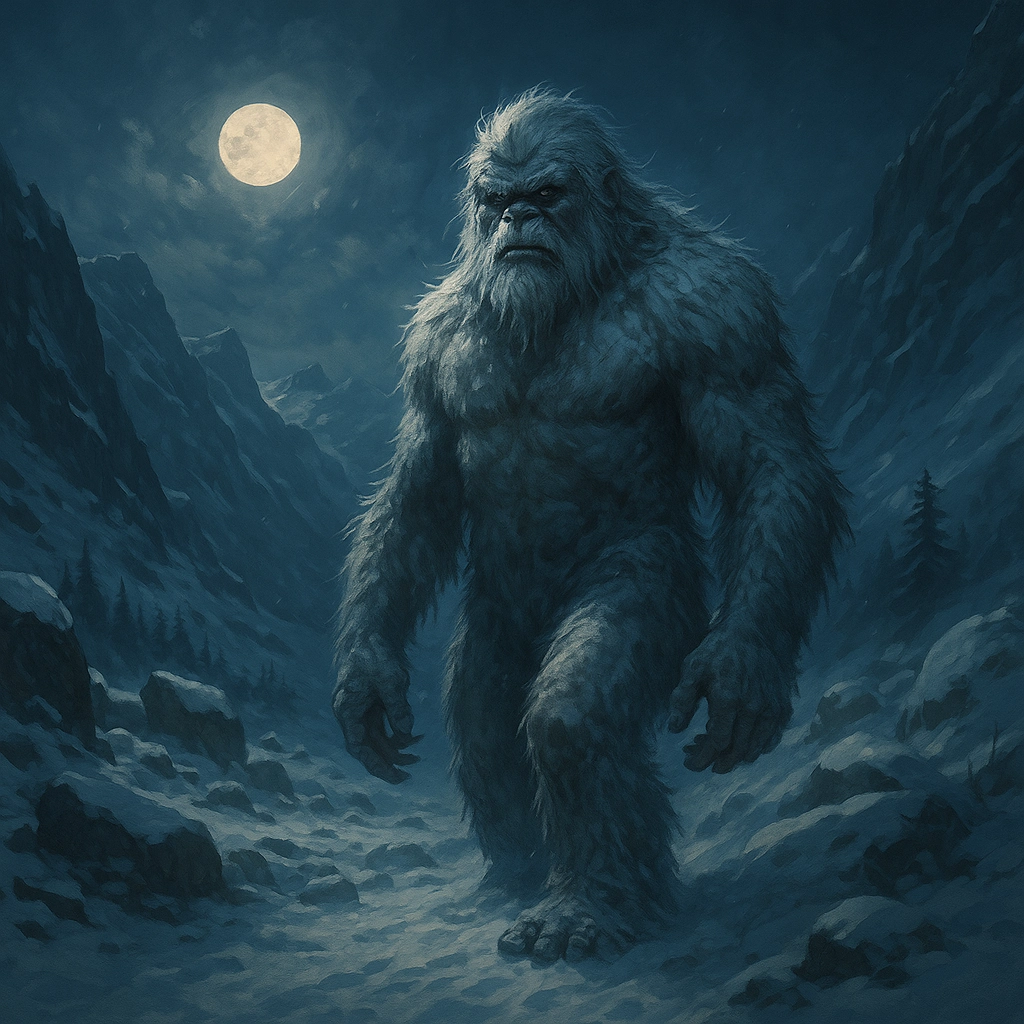Fate
What is Fate?
Fate is the belief that our lives follow a path laid out before us - that the events we experience are not random, but part of a larger design. It's an ancient and powerful idea, suggesting that no matter what choices we make, some outcomes are destined to occur. Is fate a divine script, a cosmic algorithm, or a story we tell ourselves to make sense of the chaos?
Mythology and Origins
Fate appears in nearly every ancient belief system. The Greeks believed in the Moirai - three sisters who spun, measured, and cut the threads of life. In ancient Egypt, the goddess Shai personified destiny. The Babylonians consulted star maps believing the heavens foretold their future. In East Asia, destiny is often tied to balance and flow - such as the Tao, which speaks of alignment with the universe rather than resistance. Whether carved in stone or written in stars, these ancient systems tried to explain life's unexplainable turns.
Fate vs. Free Will
One of the deepest debates in philosophy is whether we are truly free. If fate controls our future, do we have any say in what happens? Or is free will just an illusion? Some argue fate and free will coexist - that we choose our responses to a destined series of events. Others see fate as a crutch, used to avoid responsibility. Still, the tension remains: Are we authors of our story or characters in a script?
Prophecy and Premonition
Throughout history, there have been claims of glimpses into the future. Ancient oracles, biblical prophets, and modern psychics have all claimed to foresee events long before they happen. People speak of deja vu, precognitive dreams, and feelings of 'knowing' something will occur. While science struggles to explain such experiences, they continue to fuel belief in fate - as if the future, somehow, already exists.
Fate in Love and Connection
Many believe fate plays a role in relationships - the idea of "meant to be." Soulmates, twin flames, and karmic partners are all rooted in the belief that some bonds are written into the fabric of existence. The chance meeting at the perfect moment, the impossible reunion, or the inexplicable closeness between strangers - these moments feel larger than chance, like cosmic alignments playing out in human form.
Fateful Tragedy and Timing
Fate is often invoked in times of tragedy. When a plane crashes or a life is cut short, people wonder: Was it their time? Survivors of disasters often feel they were "meant" to live - that fate spared them for a reason. This belief can bring comfort, or haunting questions. Why one person and not another? If fate exists, does it care - or is it simply indifferent?
Scientific Viewpoints
Science doesn't recognize fate as a force, but it does acknowledge patterns, probabilities, and cause and effect. Some scientists suggest that what we call fate may be the unfolding of complex systems beyond our understanding. In quantum physics, the observer effect and entanglement hint that the future isn't fully fixed. Meanwhile, neuroscience shows how decisions are influenced by unconscious processes before we're even aware of them - raising questions about just how much control we really have.
Cultural Interpretations
Different cultures interpret fate uniquely. In Japan, "enishi" refers to fateful connections between people. In Islamic tradition, "qadar" reflects the idea that all things unfold according to divine will. In Western thought, fate is often contrasted with self-determination. Some cultures encourage surrender to fate; others emphasize changing it. Across the globe, fate remains both a guiding principle and a philosophical puzzle.
Personal Stories
People often describe moments where fate seemed to intervene - missing a flight that later crashed, running into a future spouse by chance, or feeling compelled to make a decision that altered their life. These stories, while anecdotal, shape our belief systems. To the one experiencing it, fate isn't theory - it's something felt deeply and remembered forever.
Closing Thoughts
Whether fate is real or a narrative we create, it speaks to something core in the human spirit: the desire for meaning. Perhaps we aren't powerless, but part of a greater story where free will and destiny dance together. As long as life contains mystery, the concept of fate will endure - a reminder that not everything in this world can be planned, explained, or controlled.


